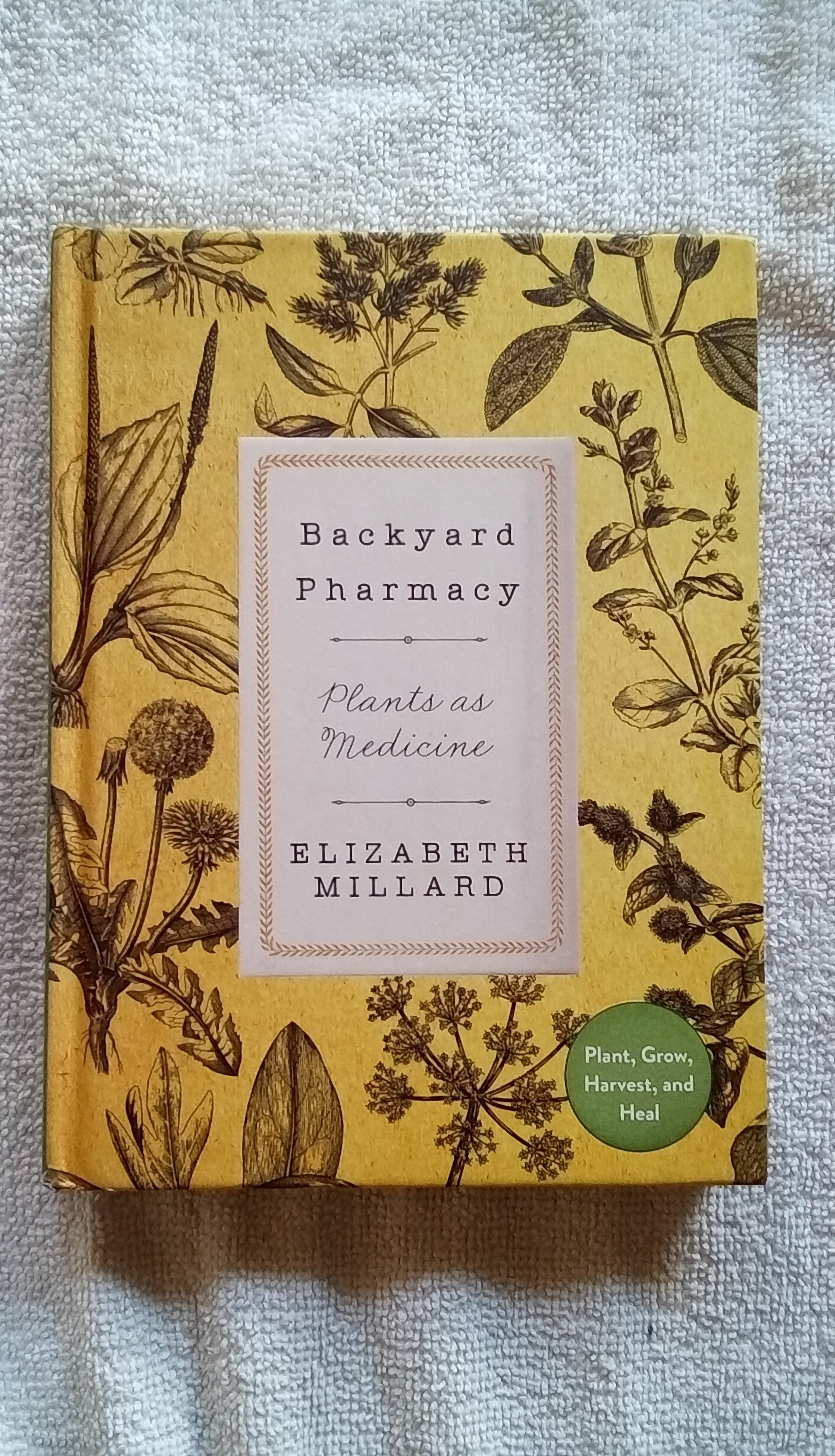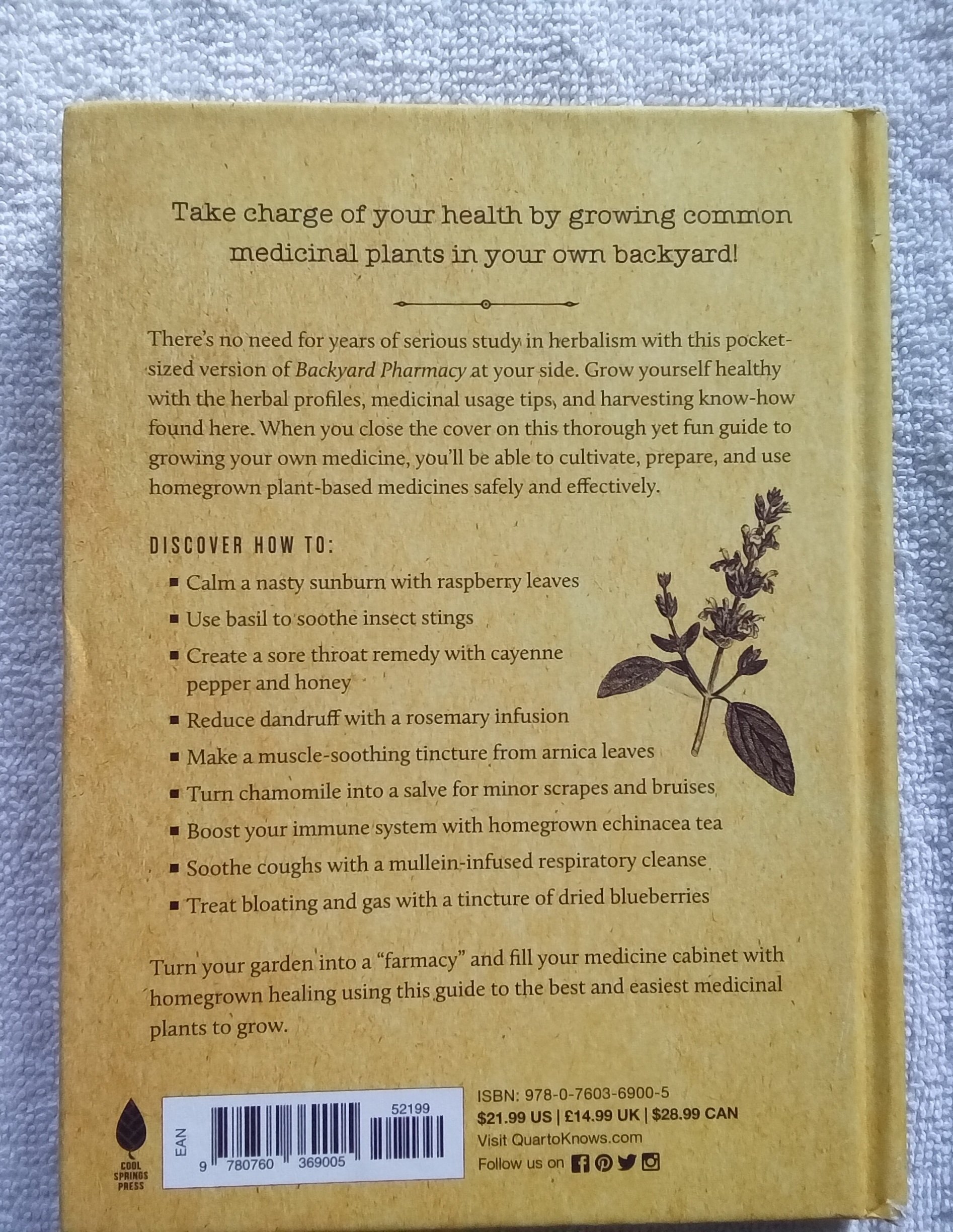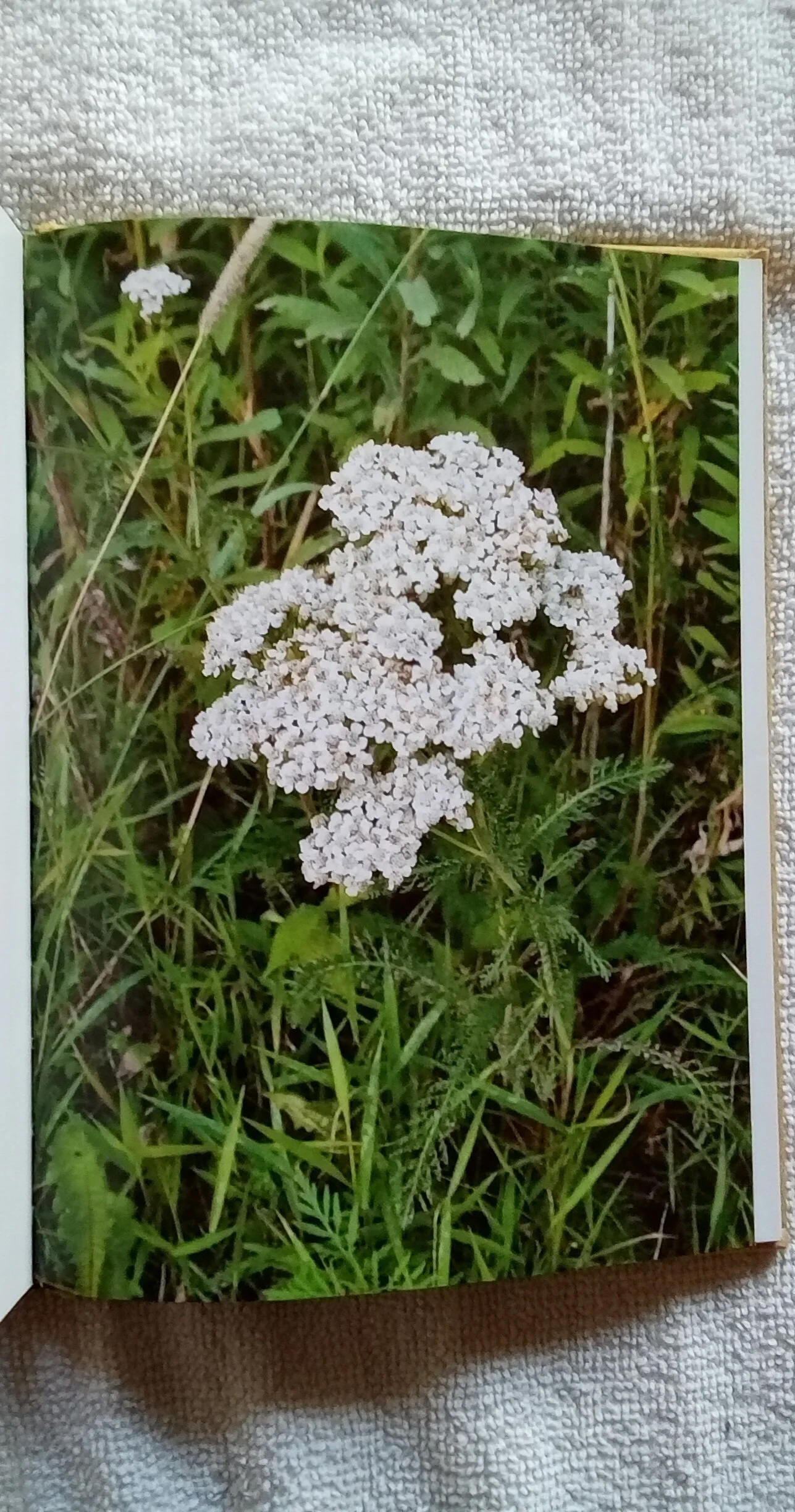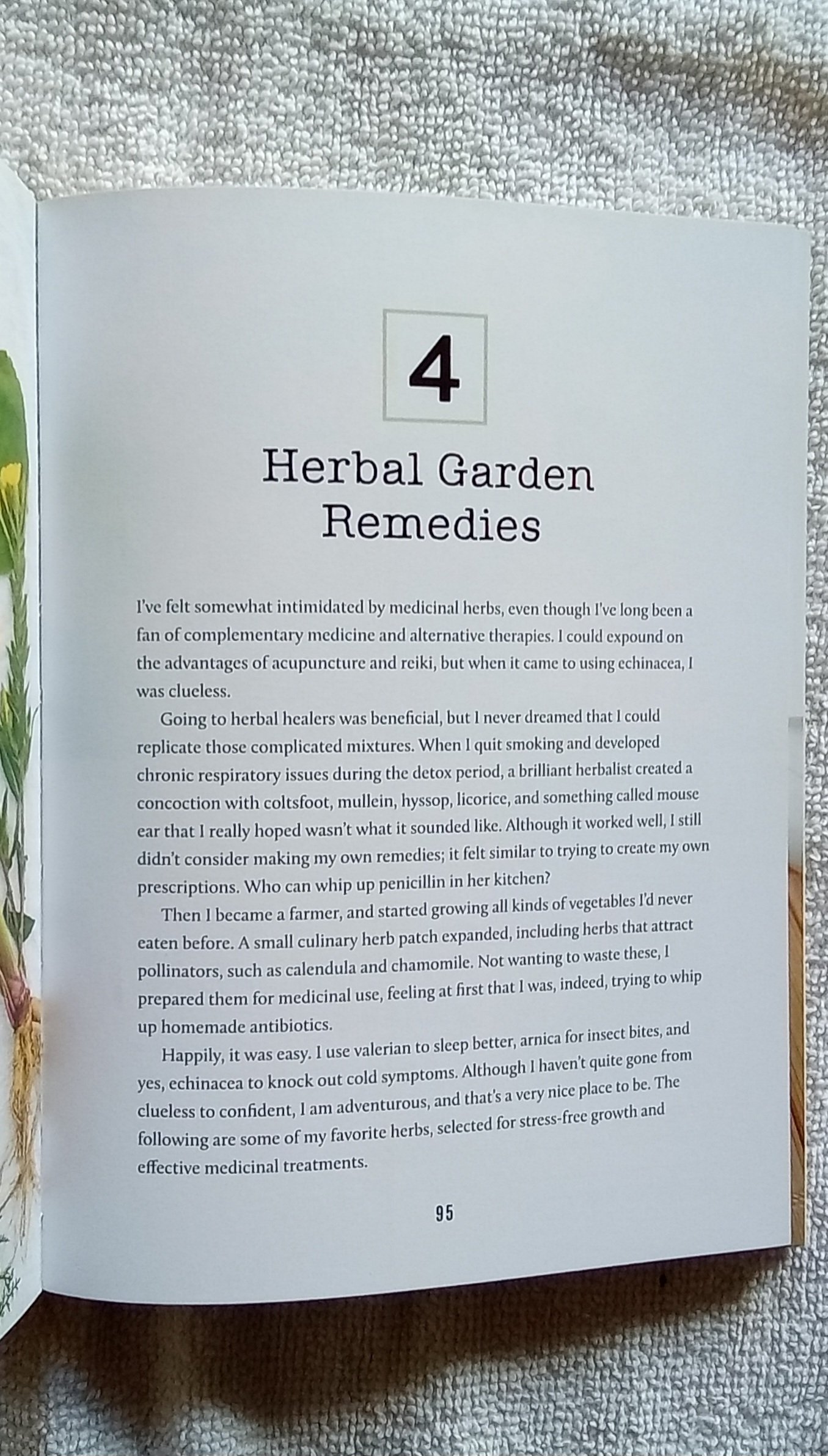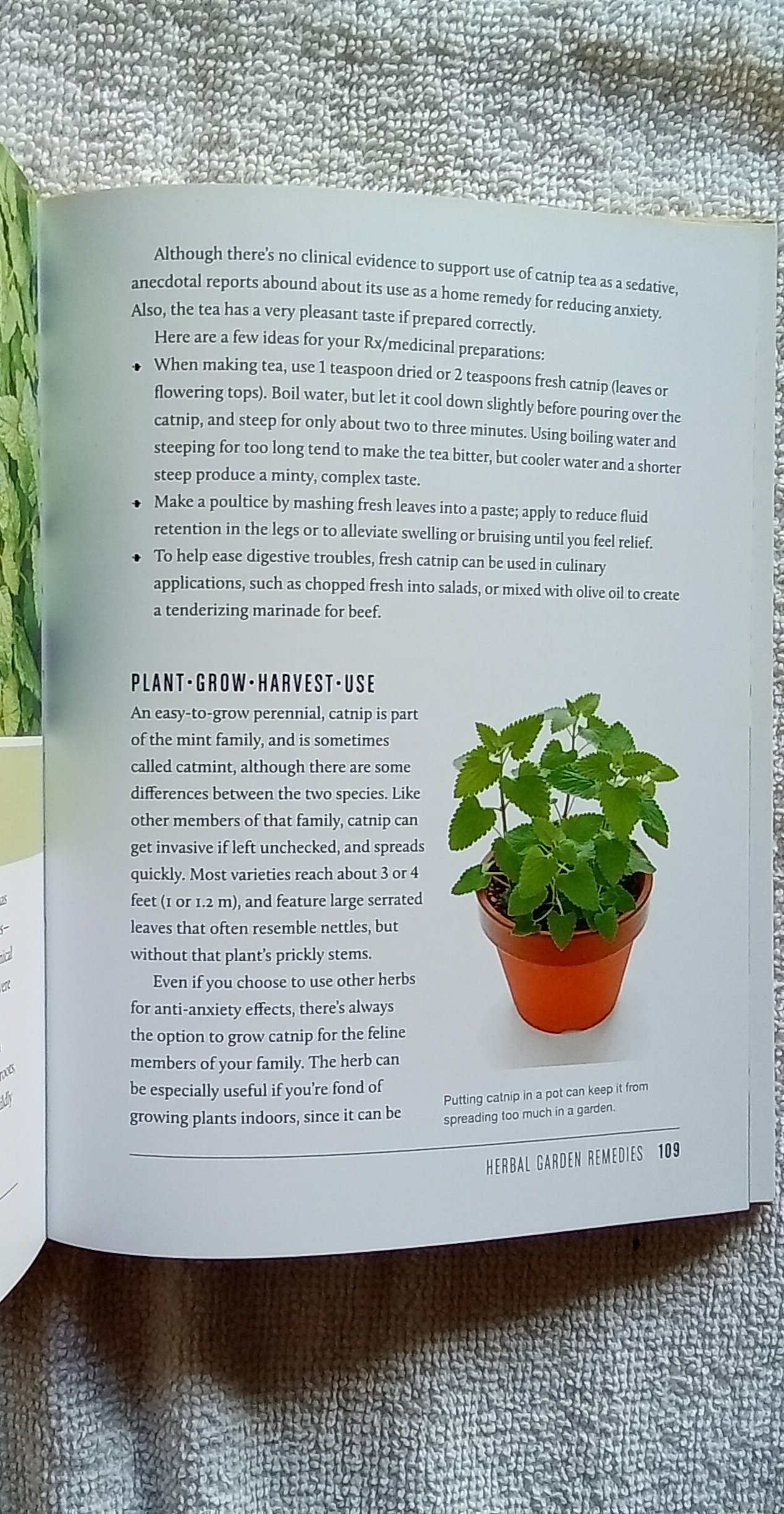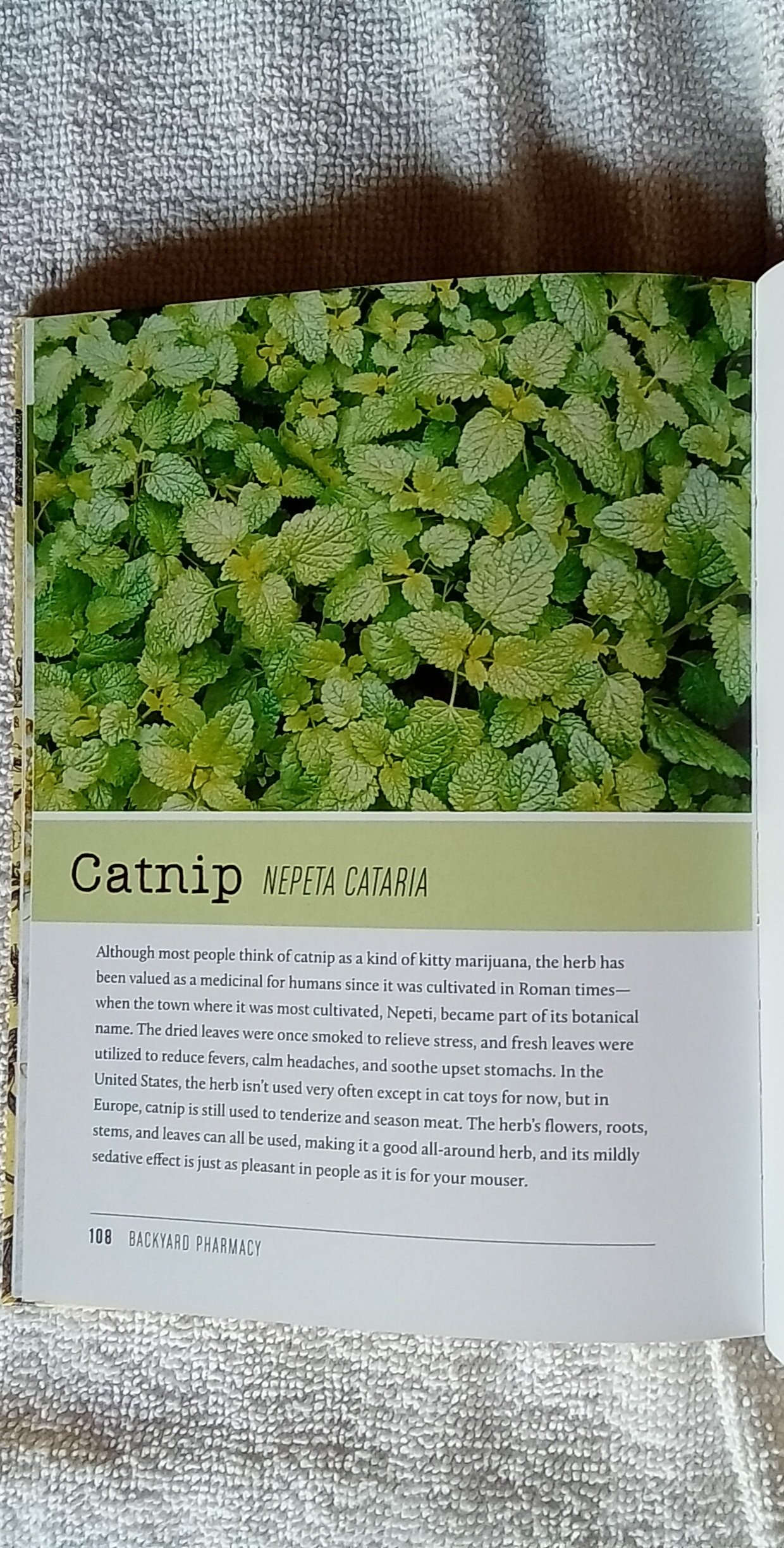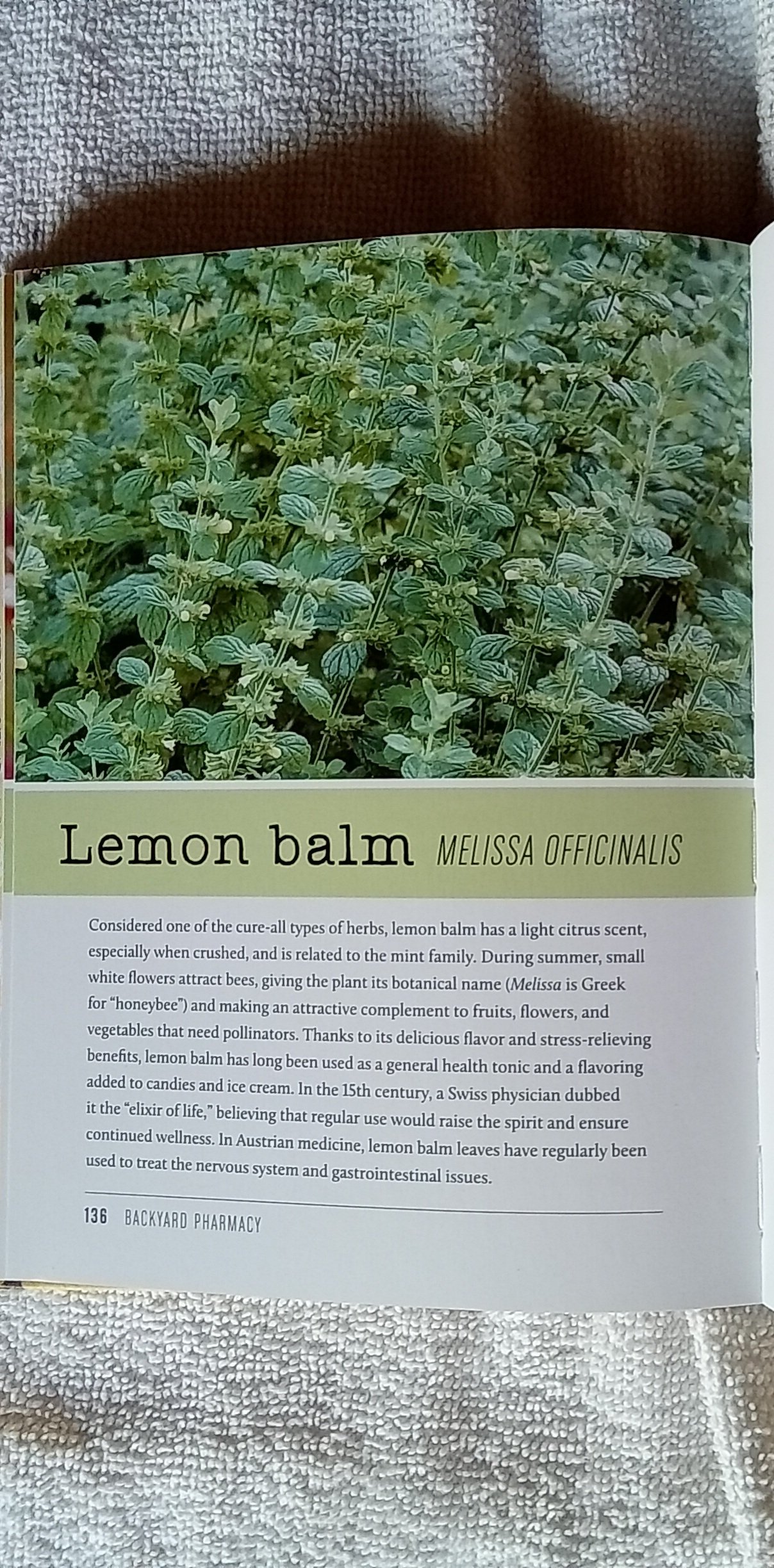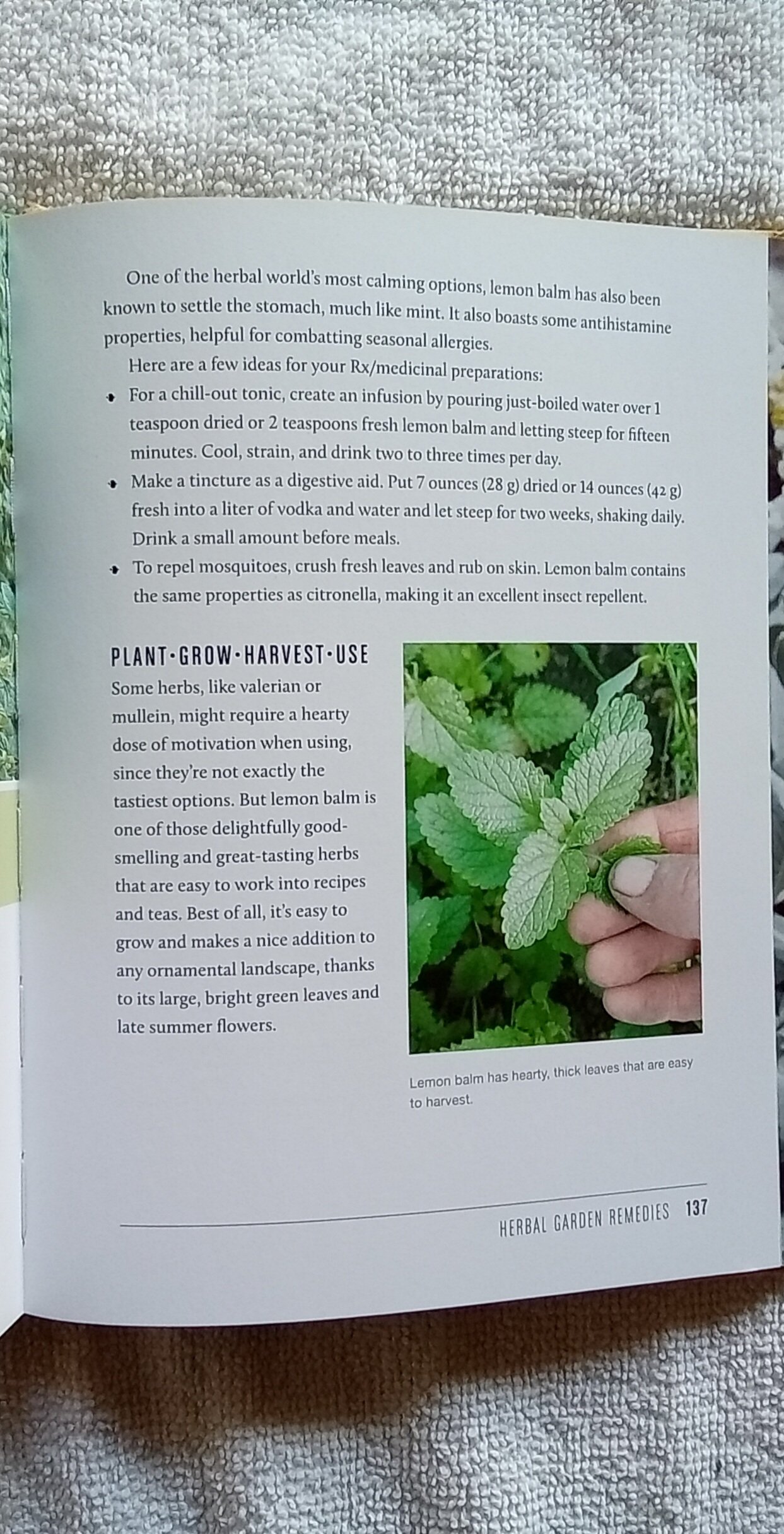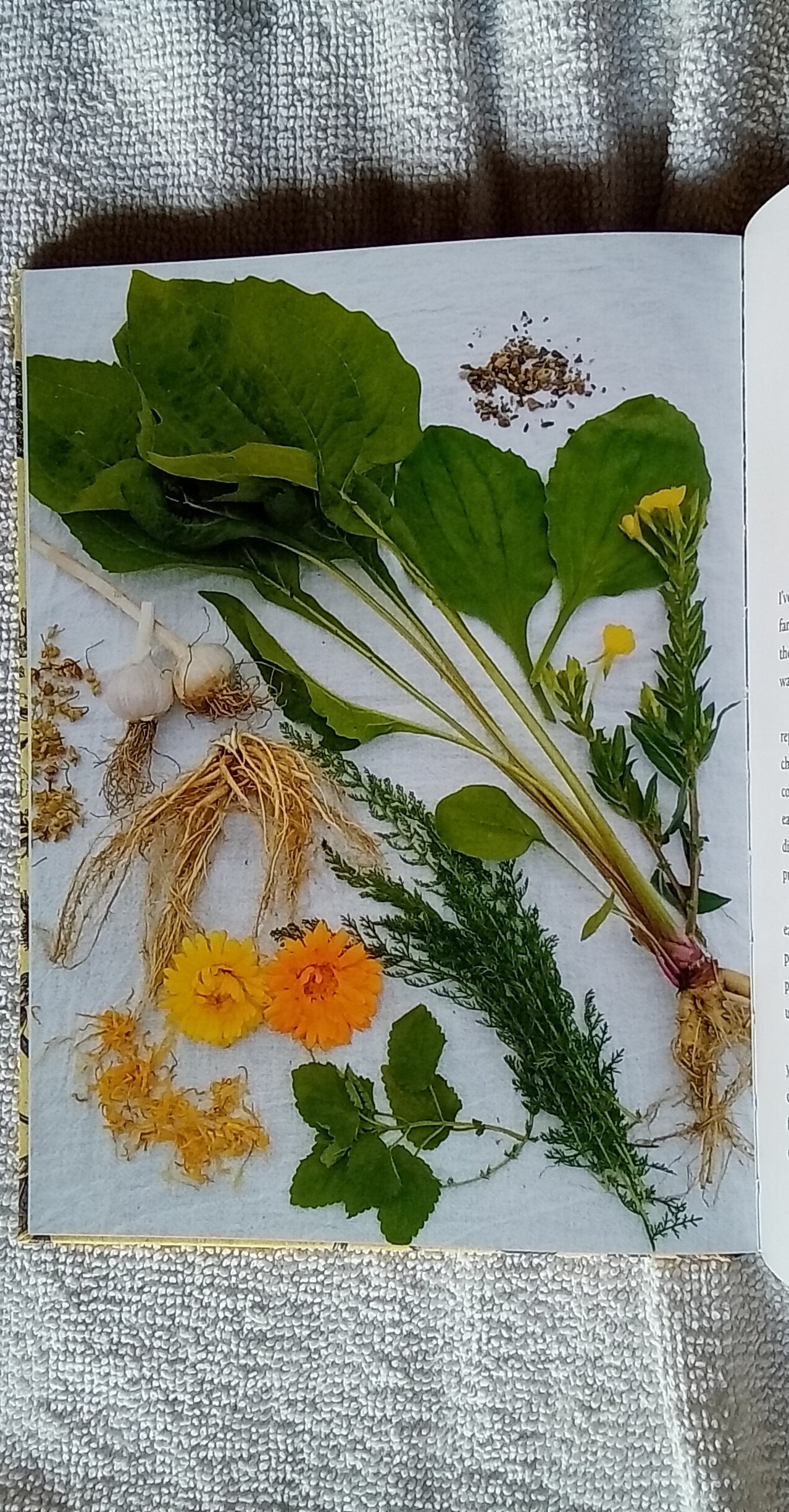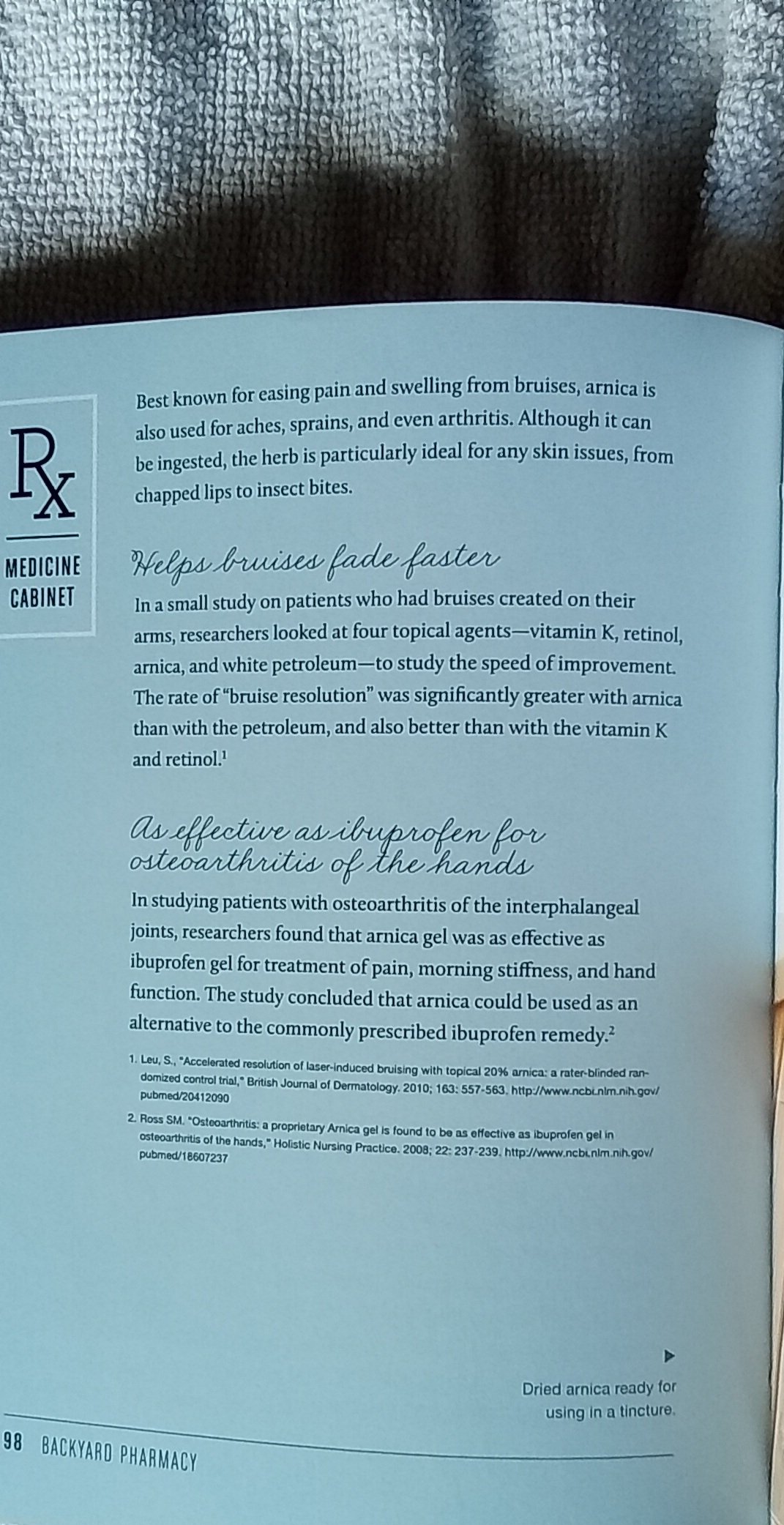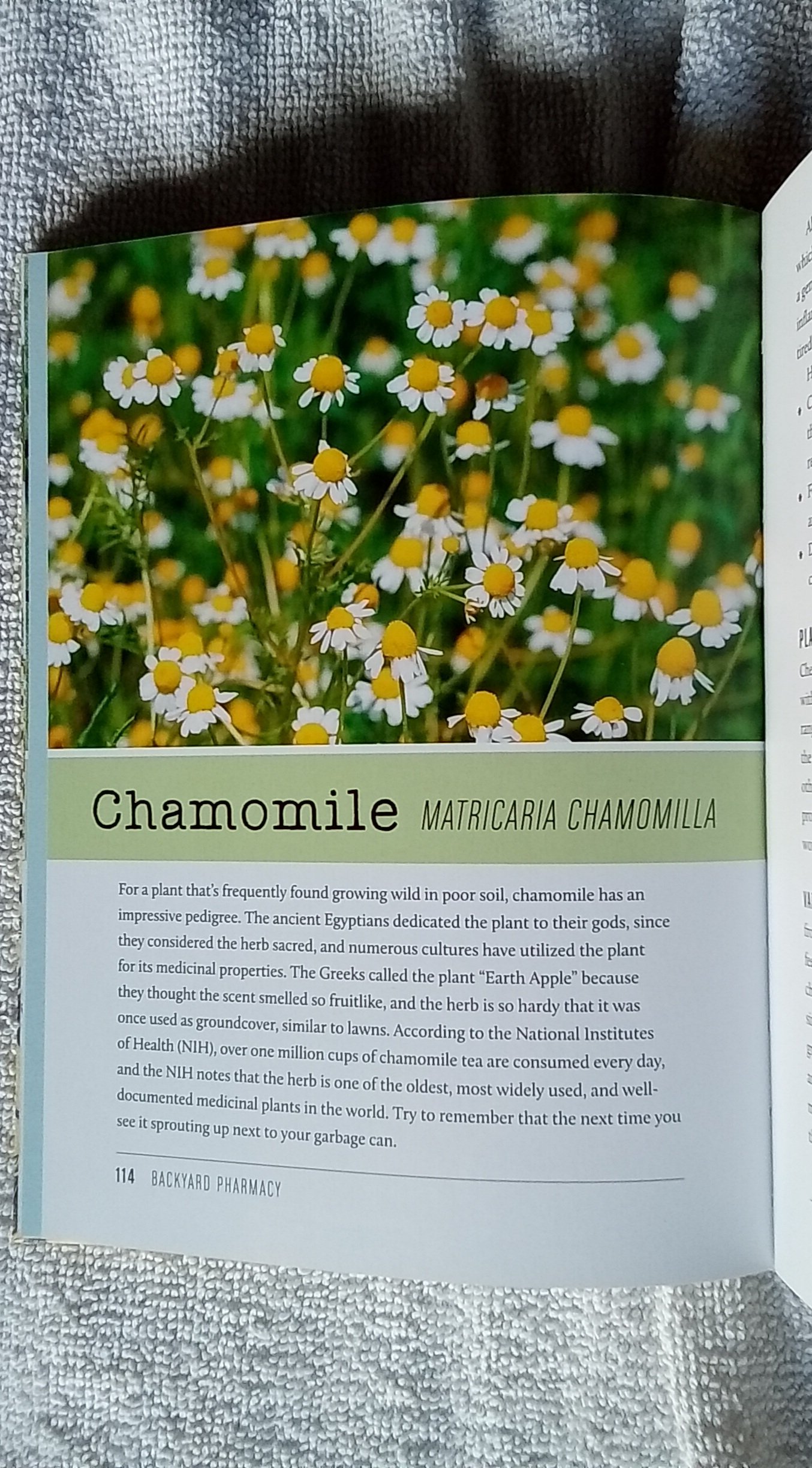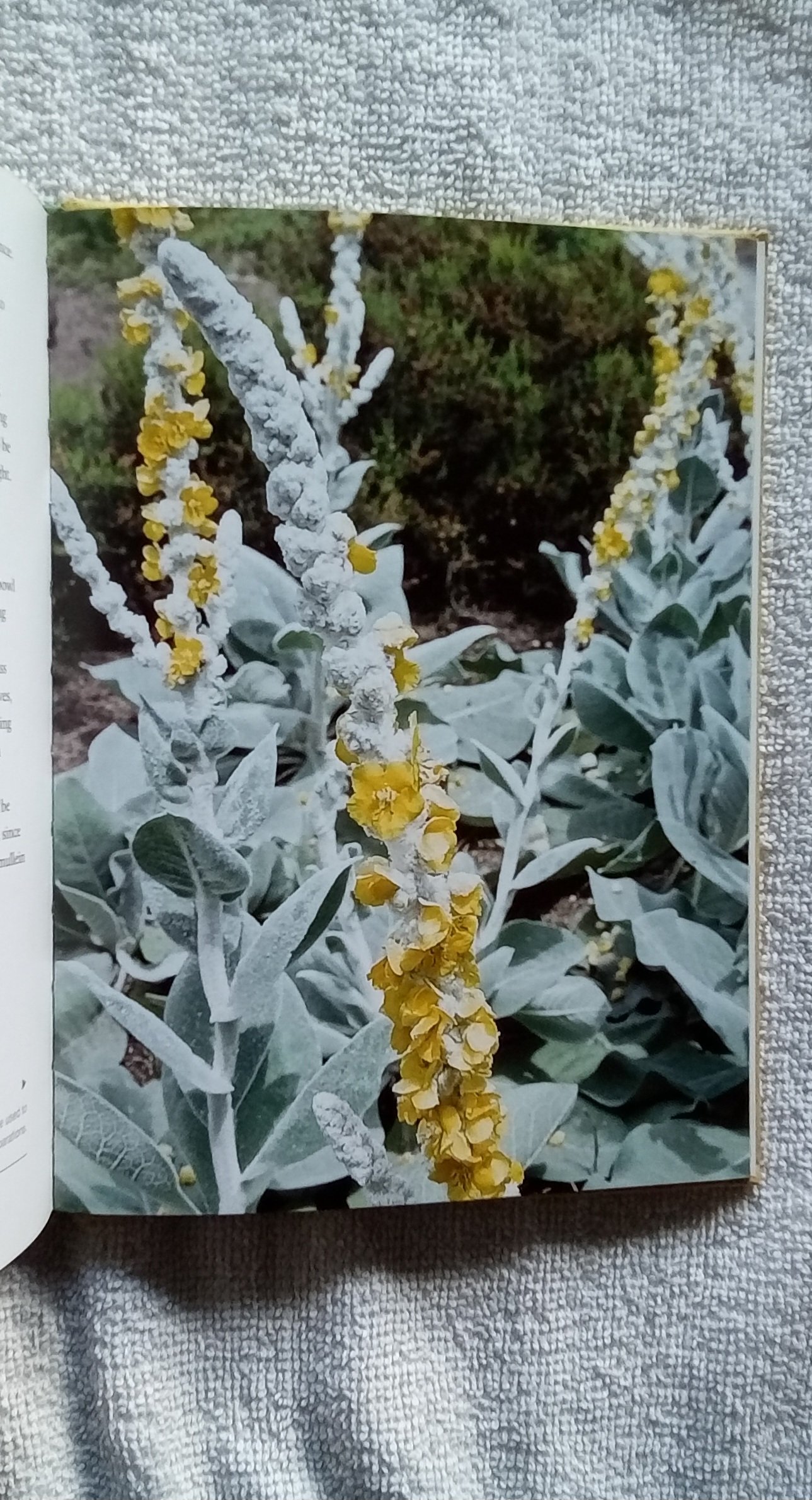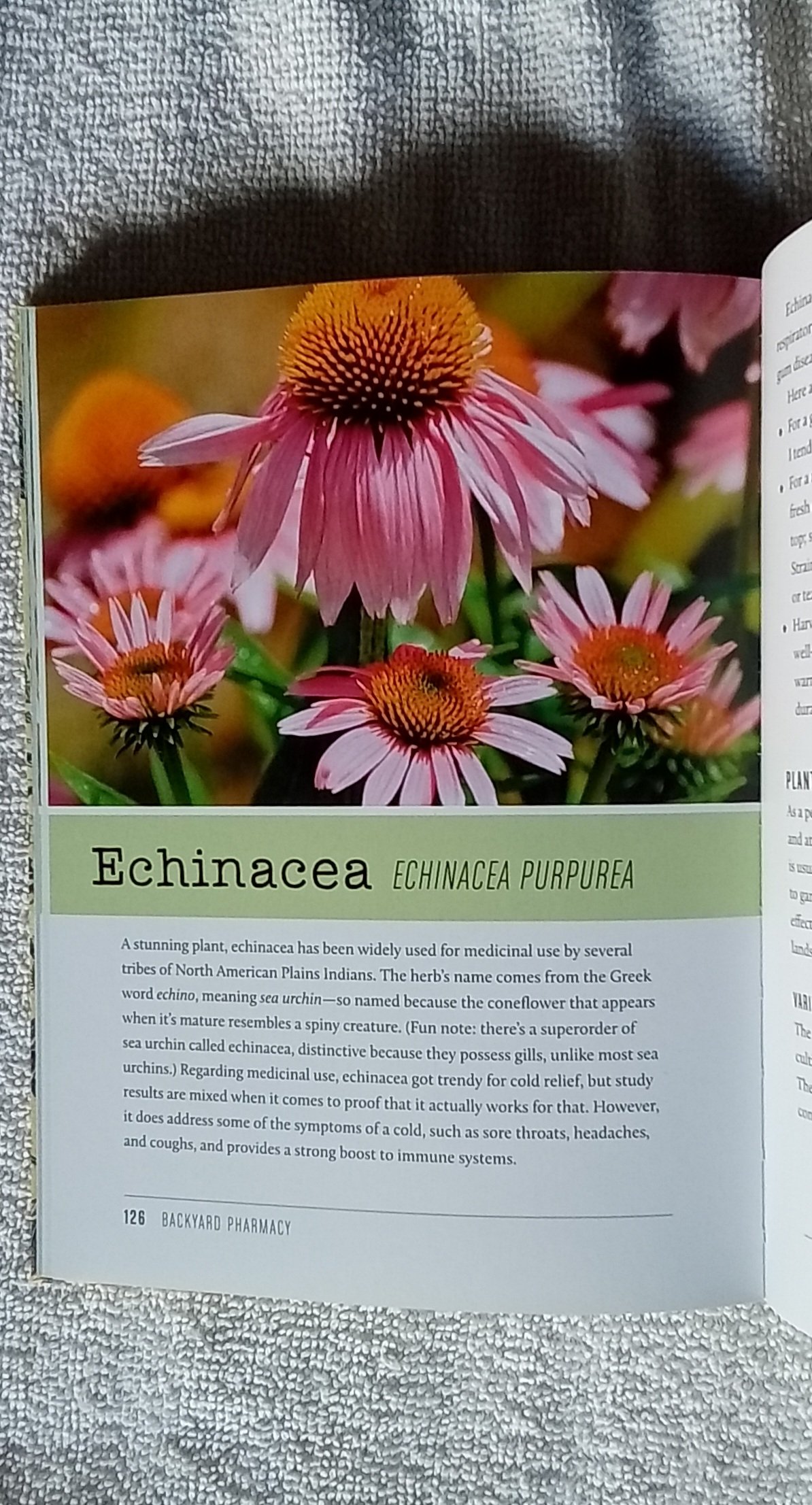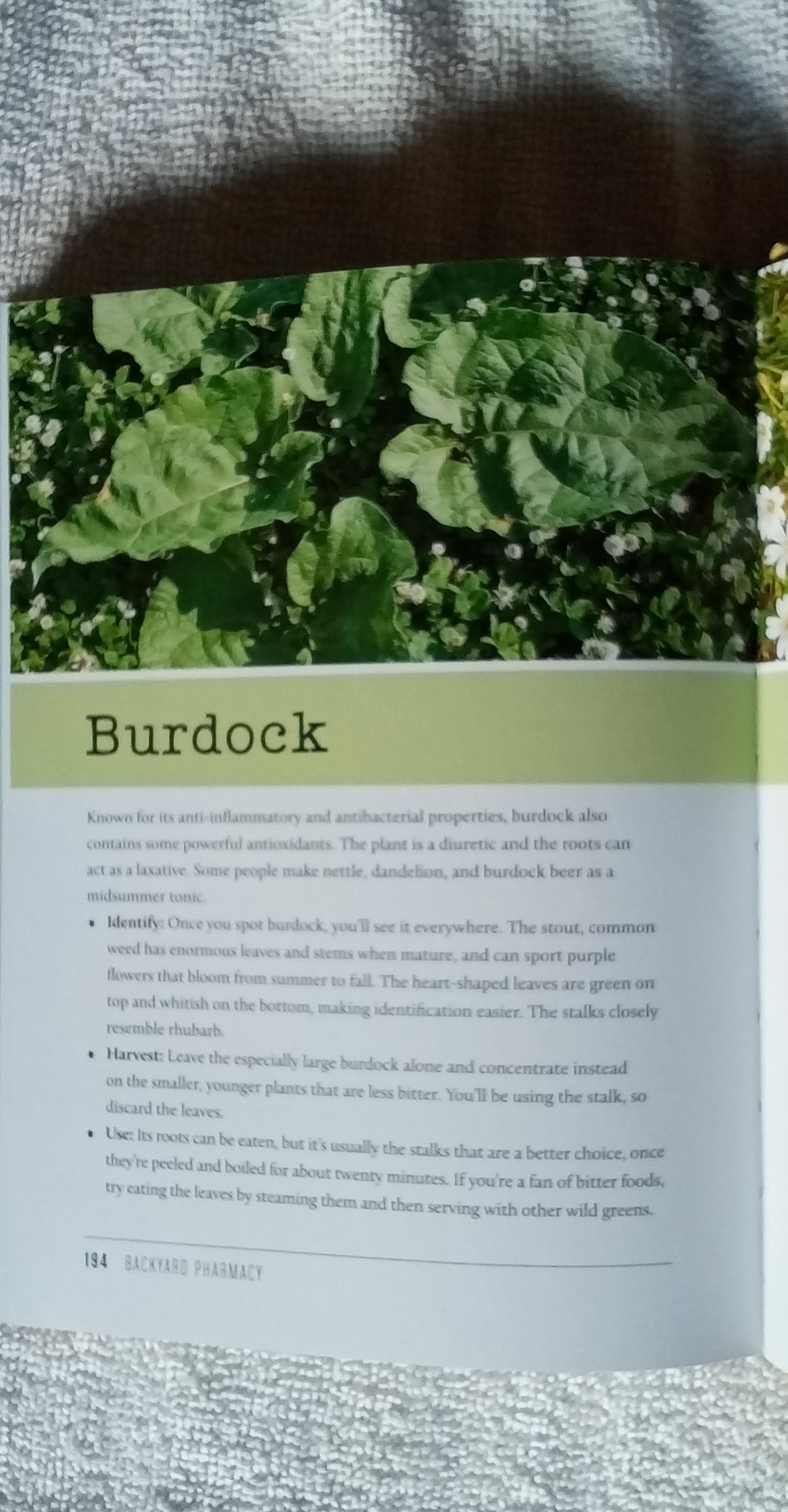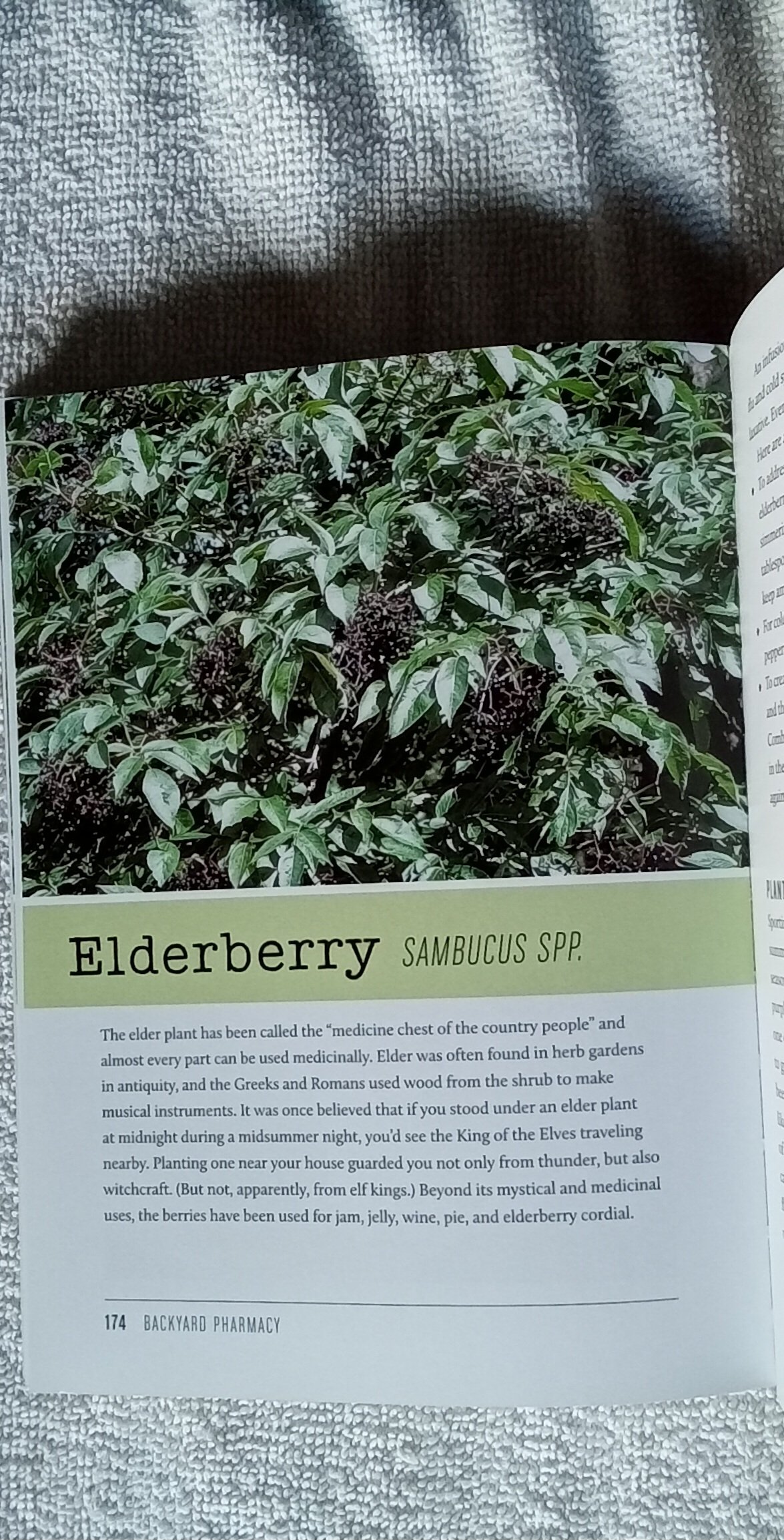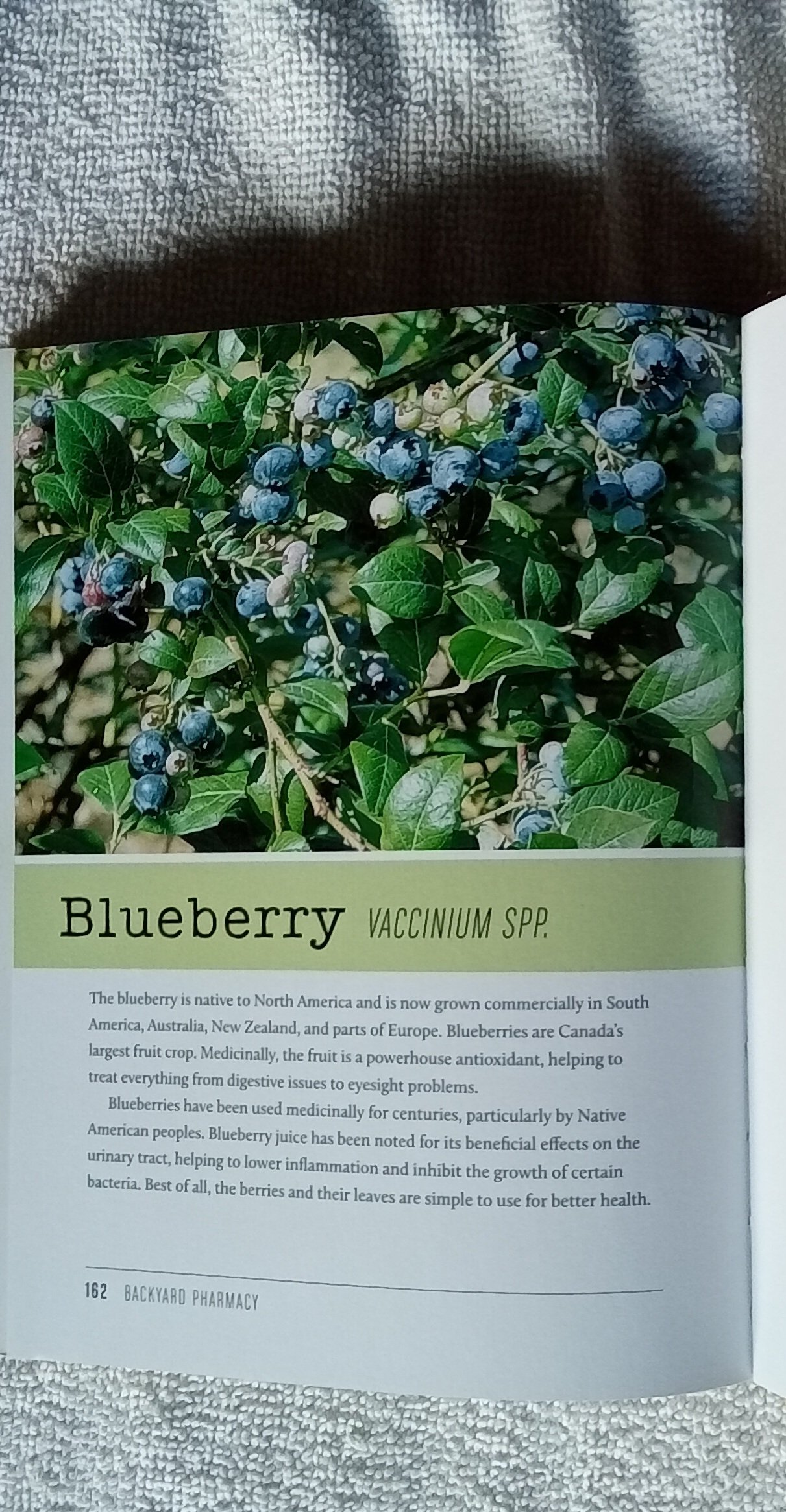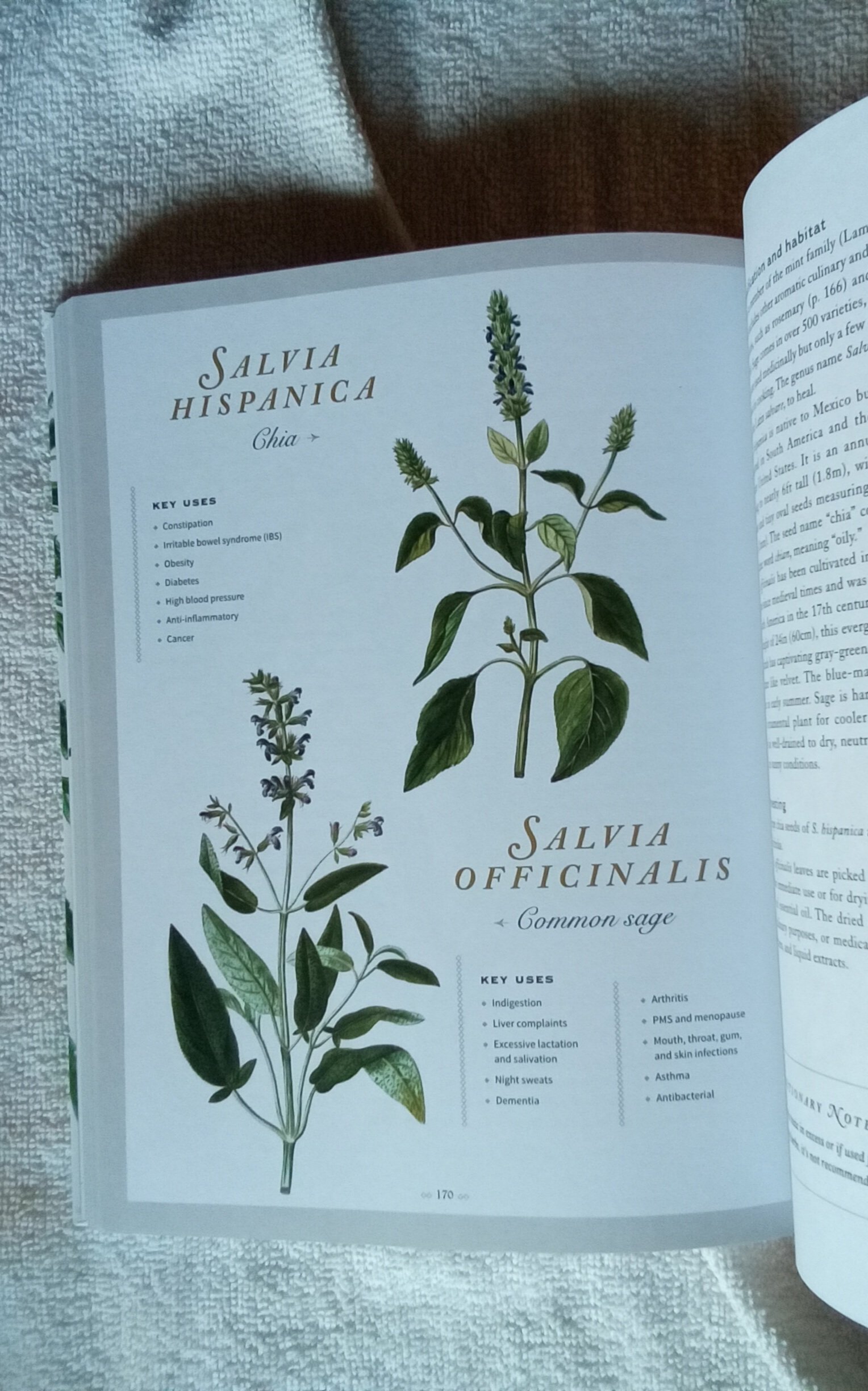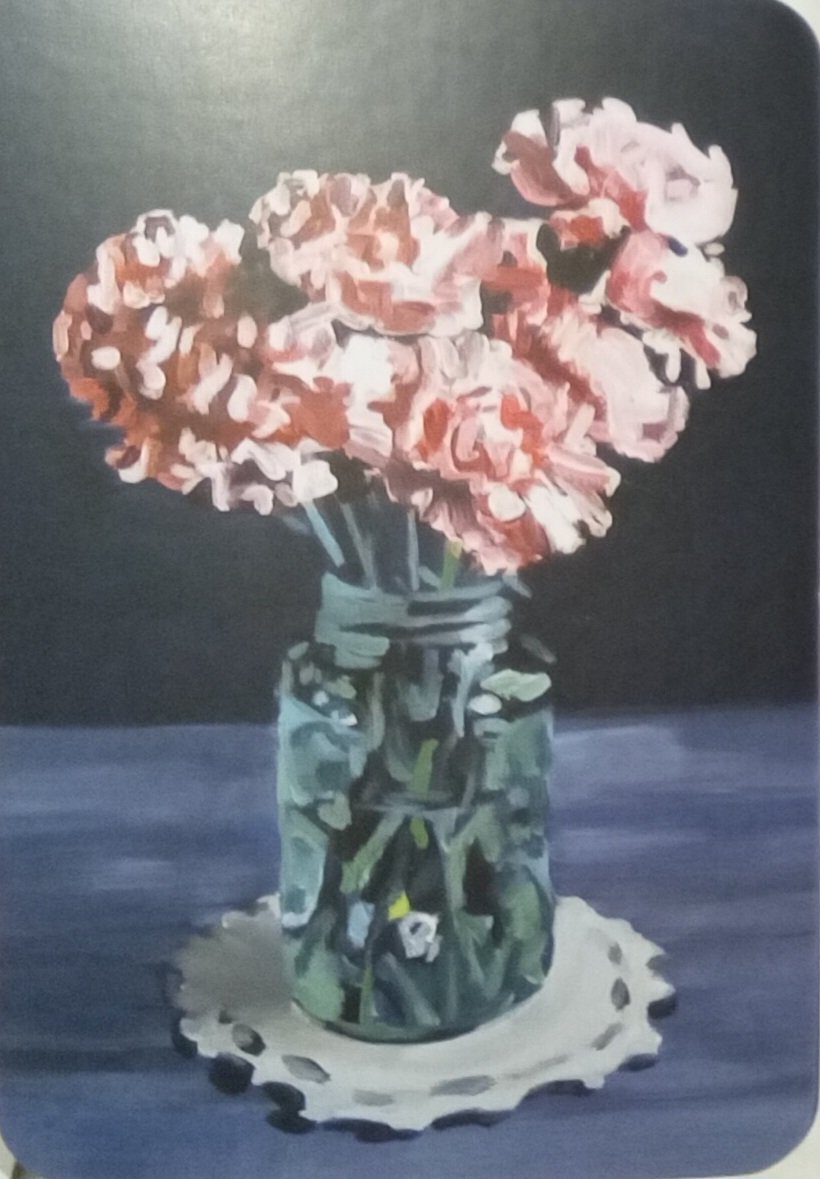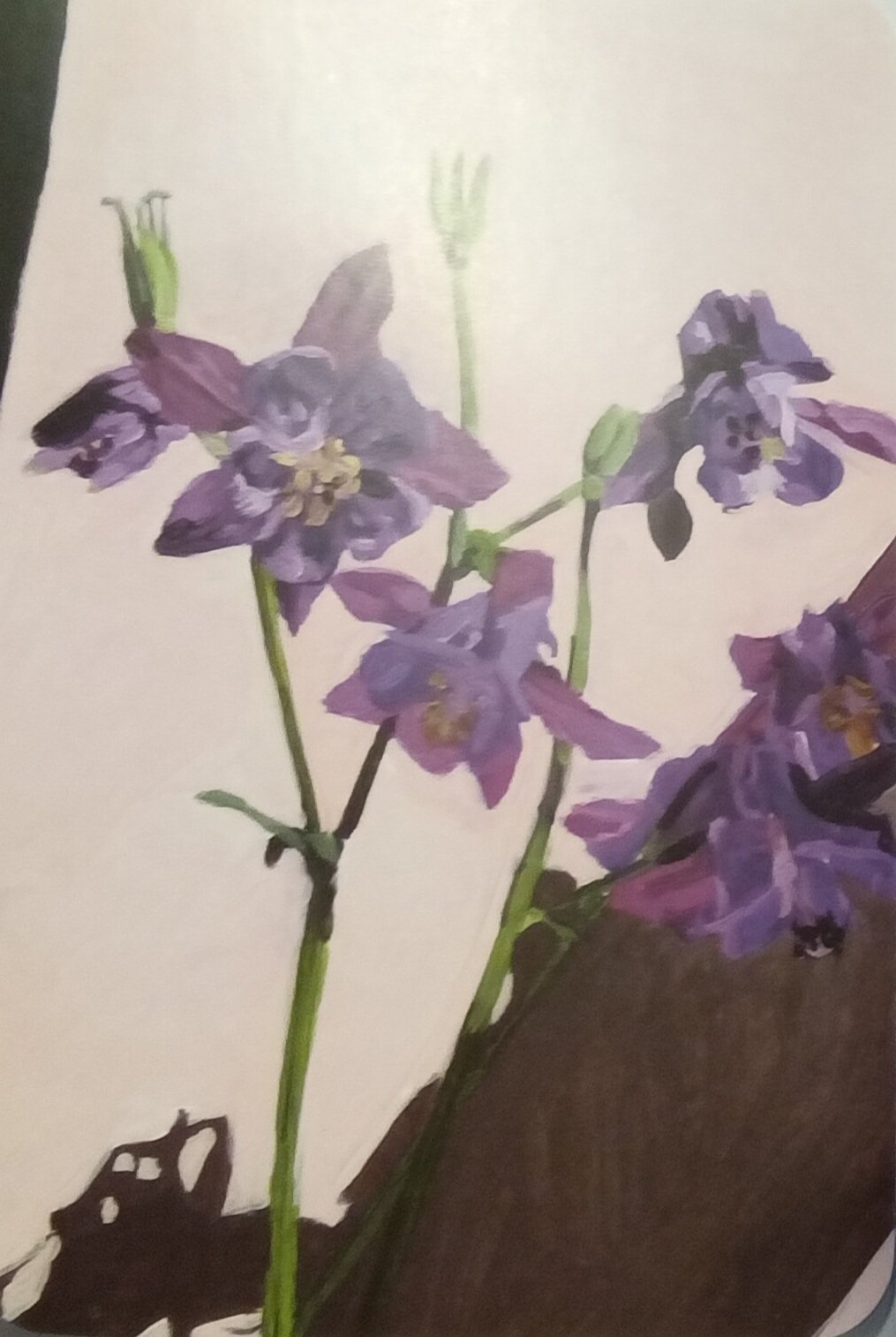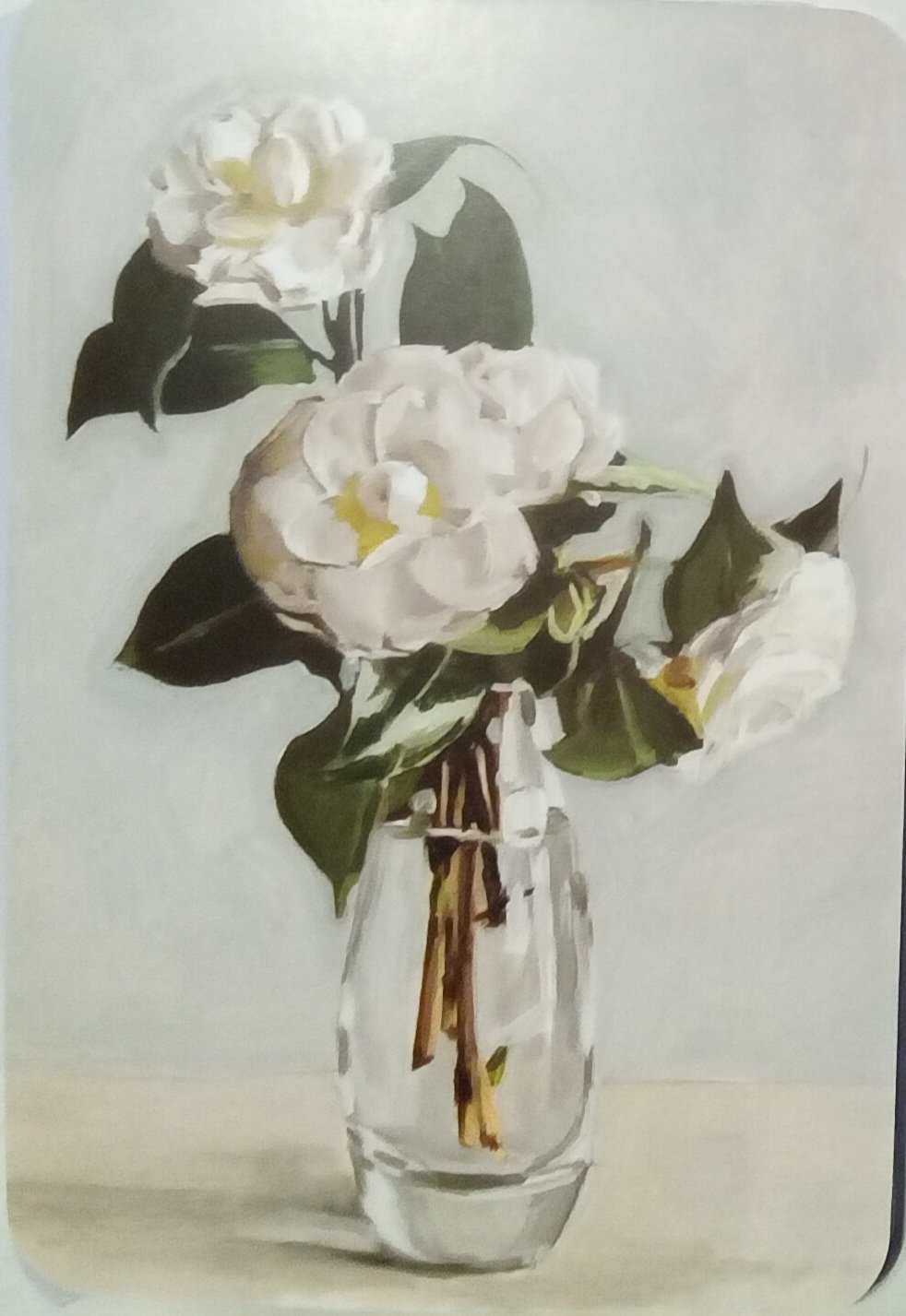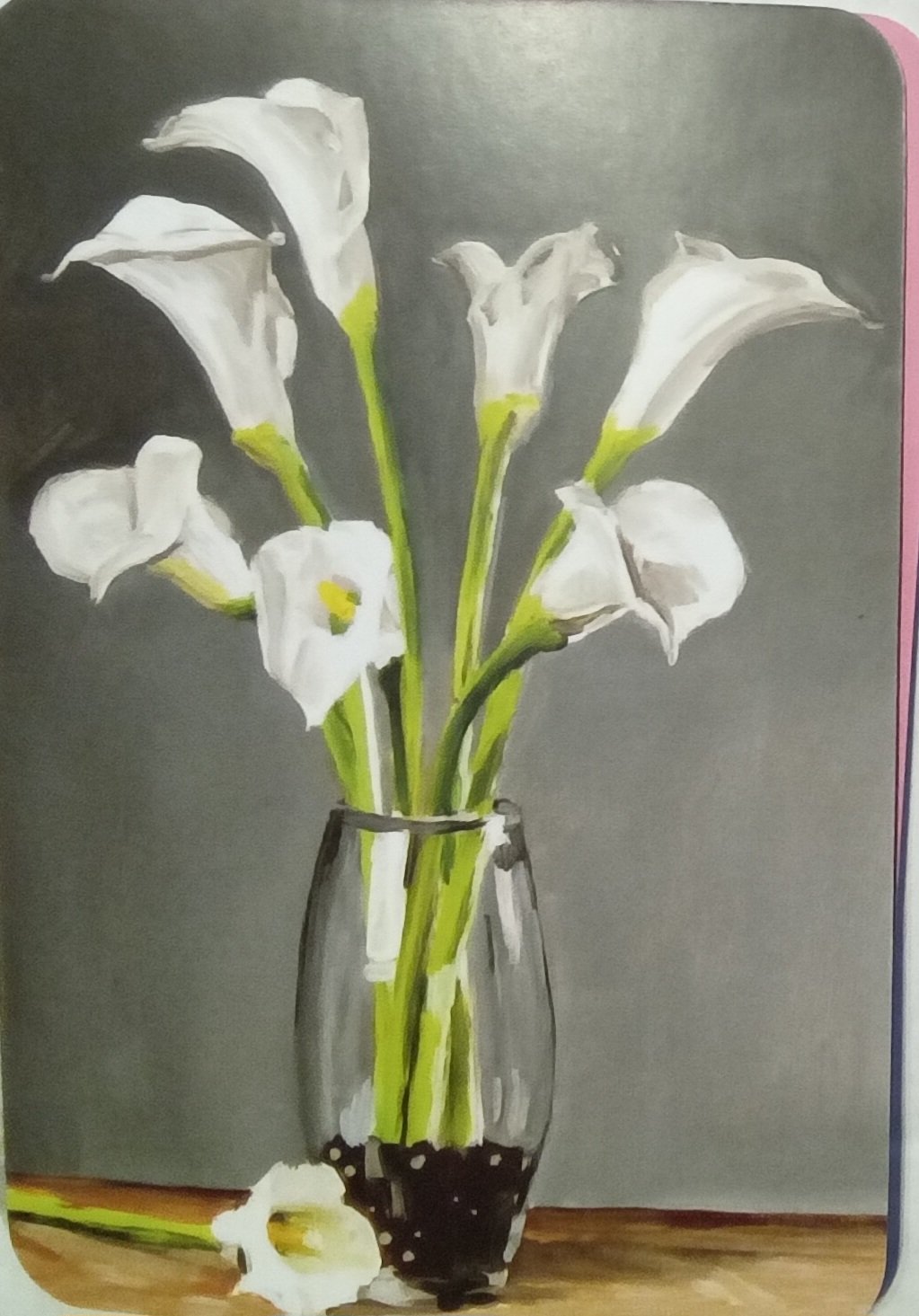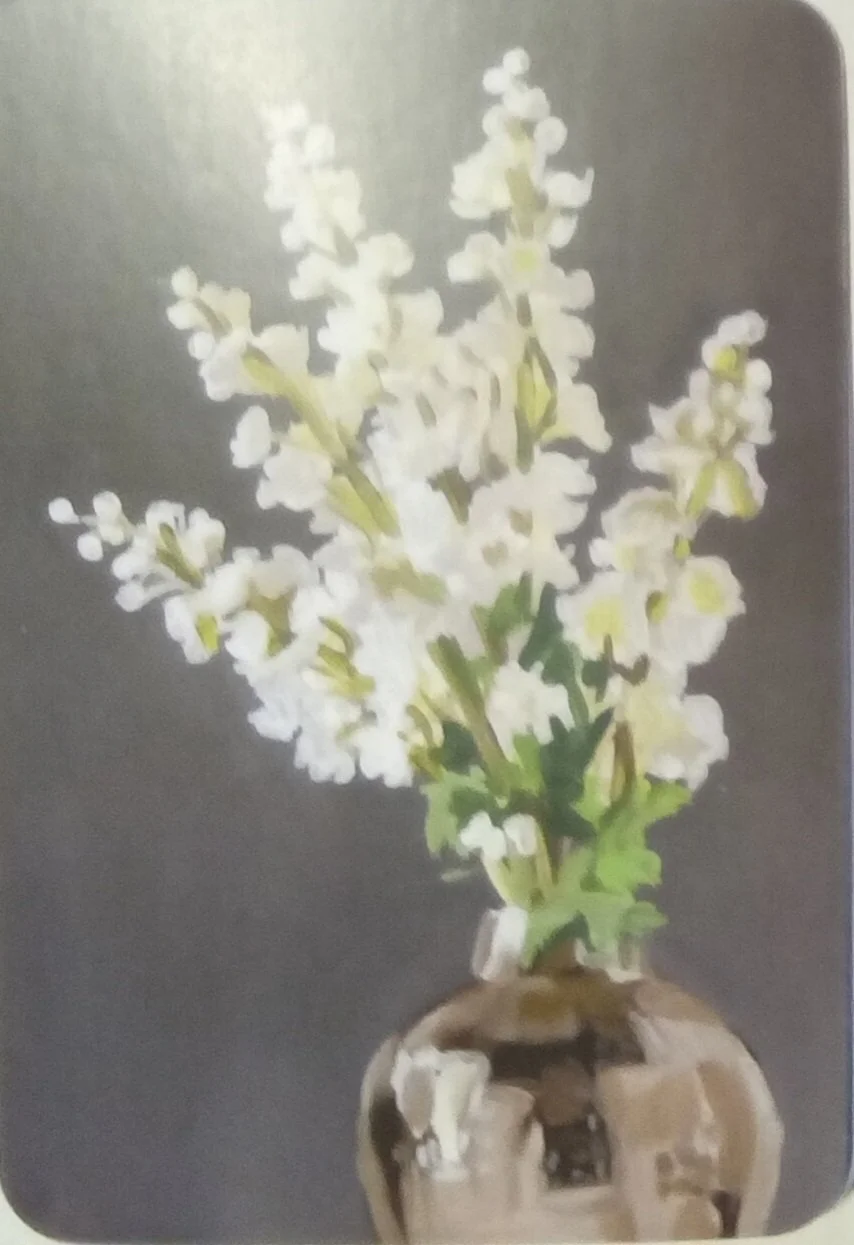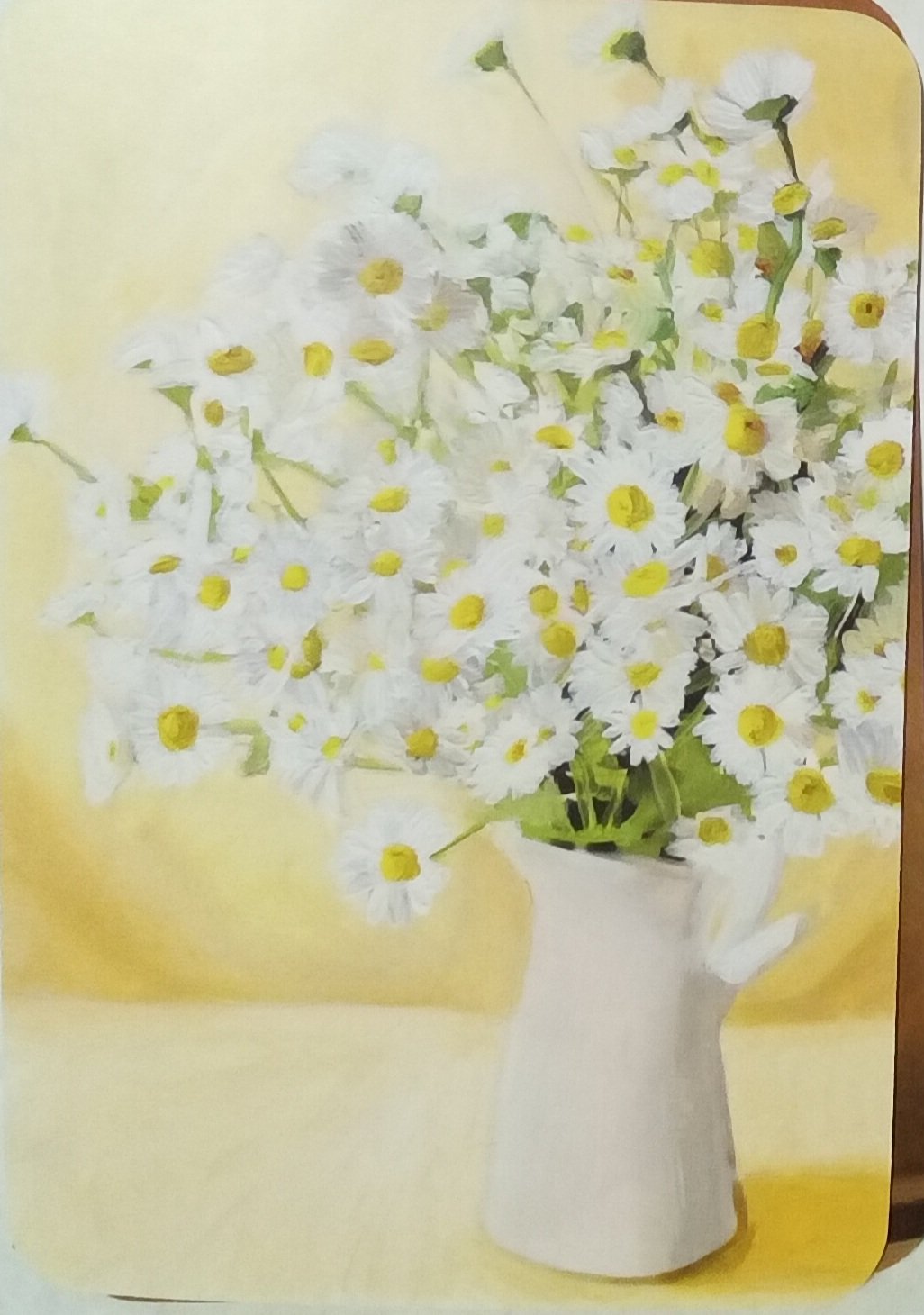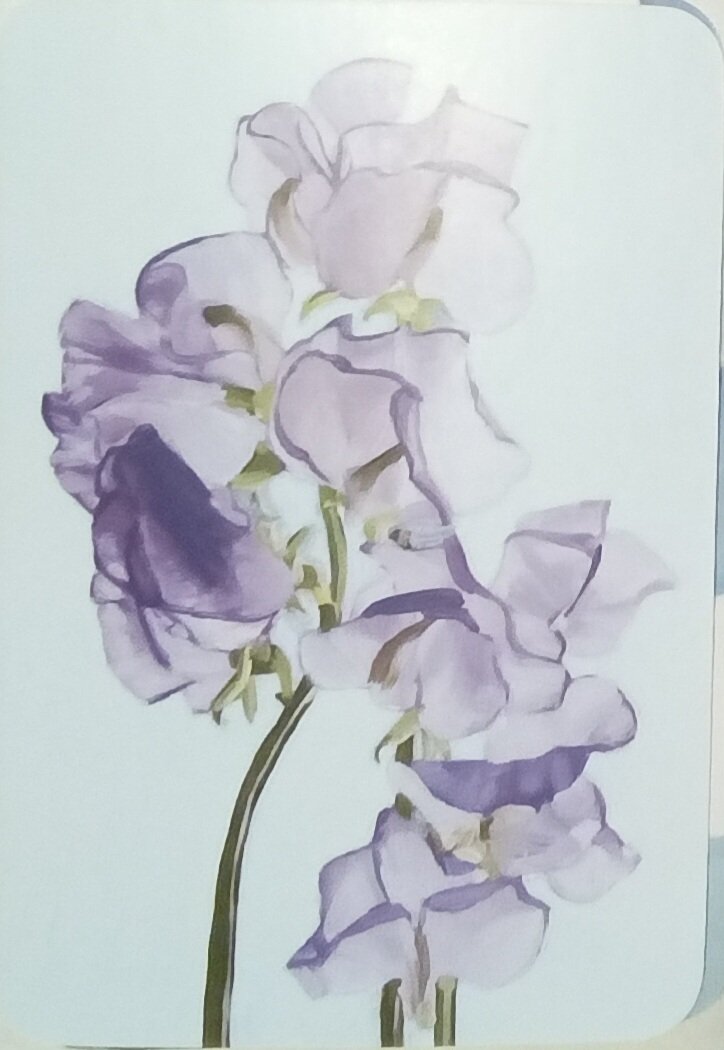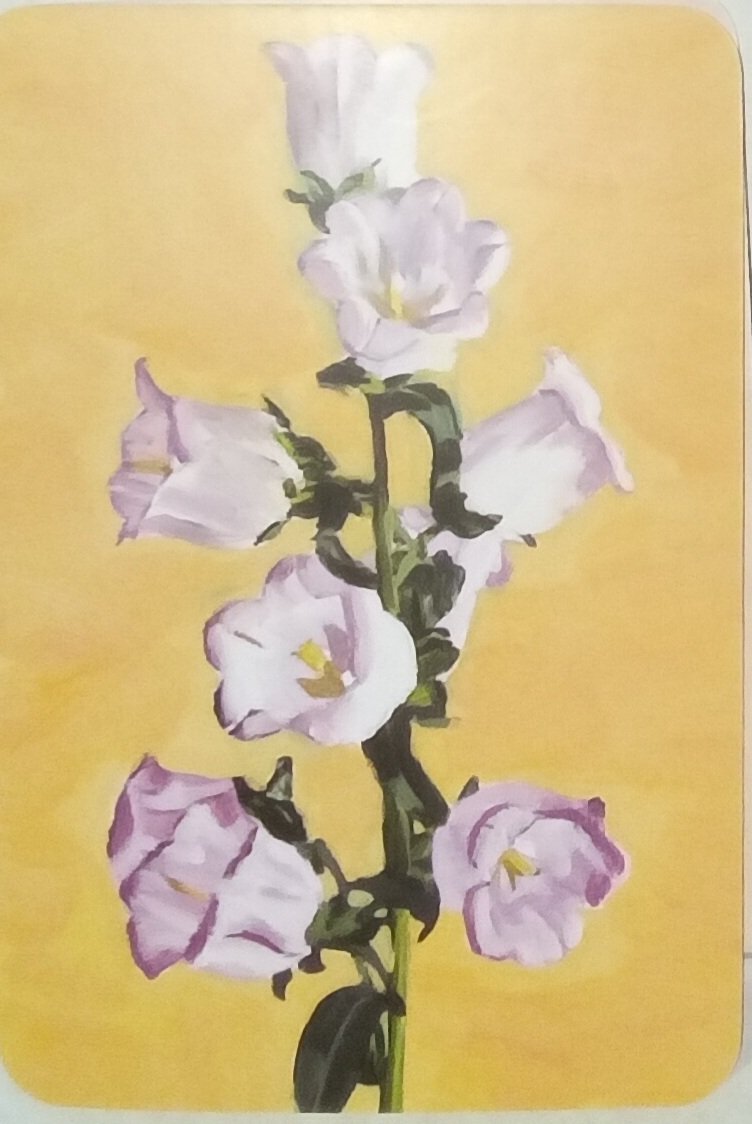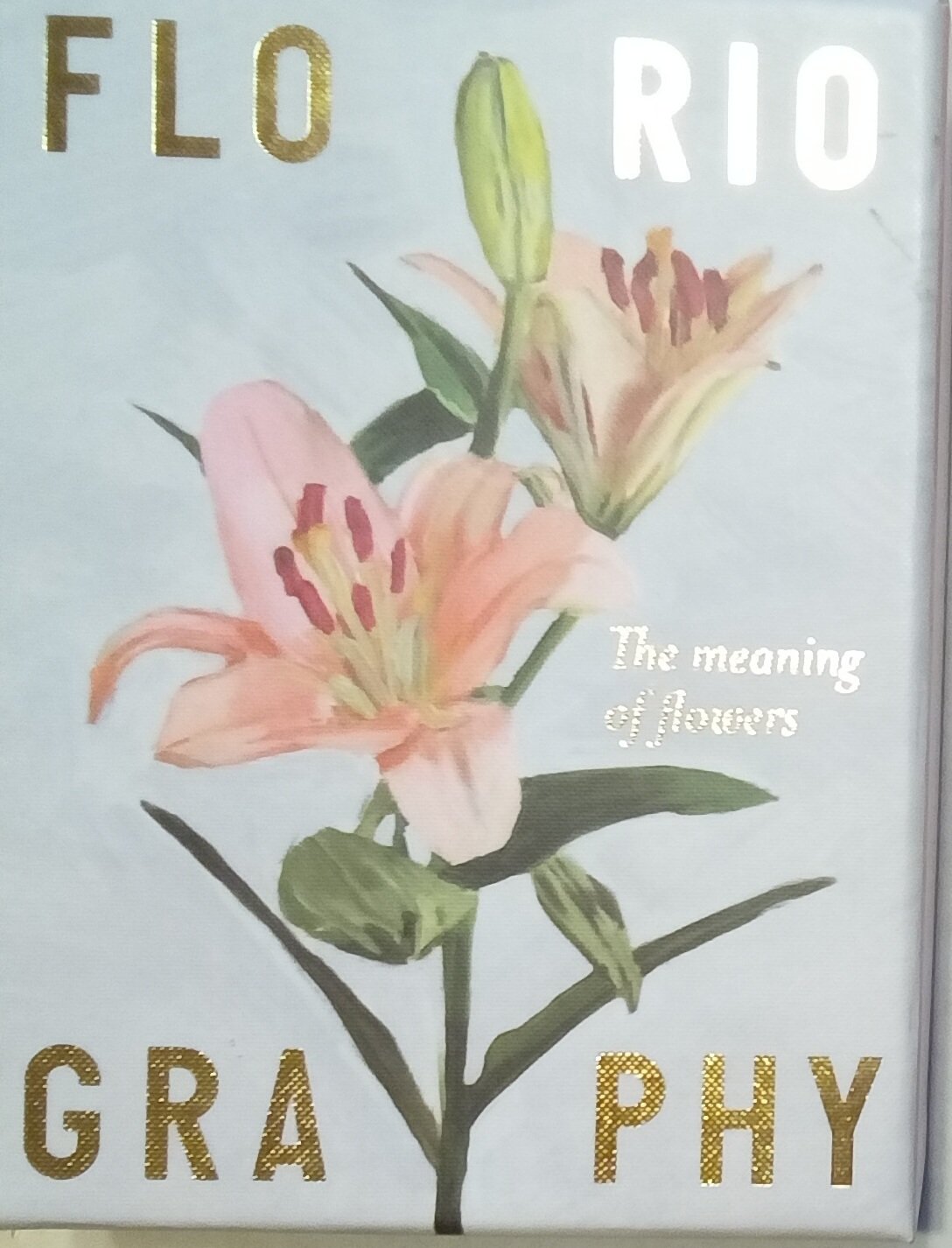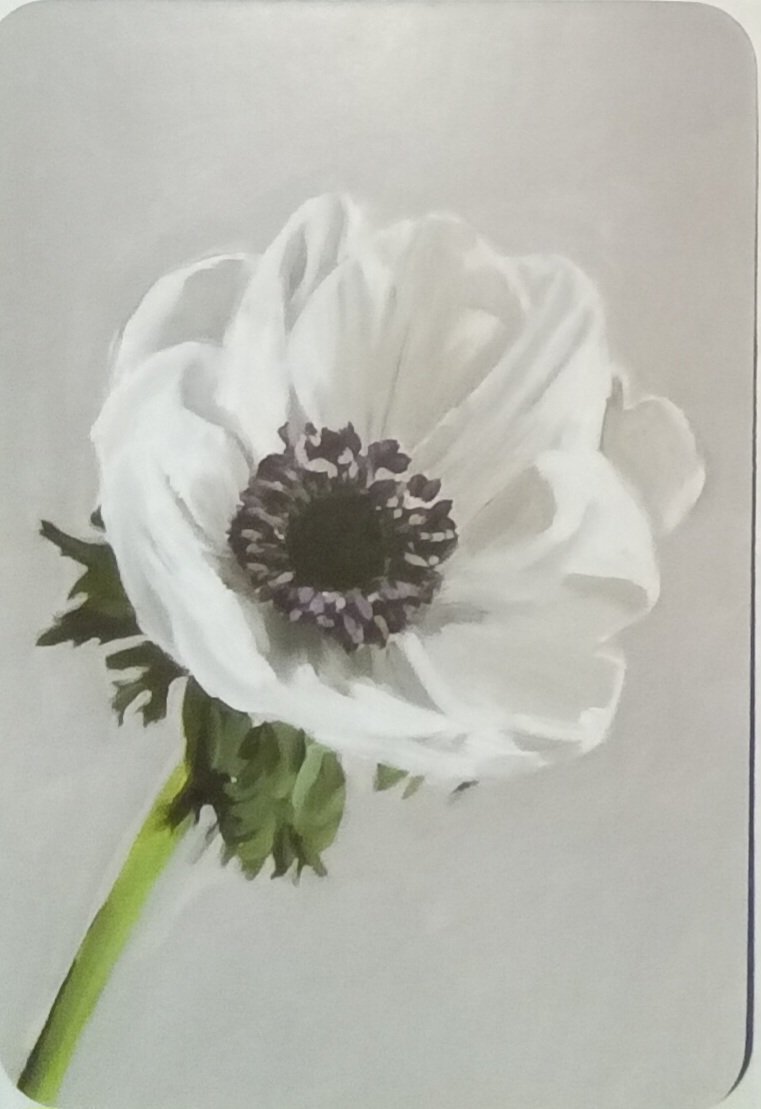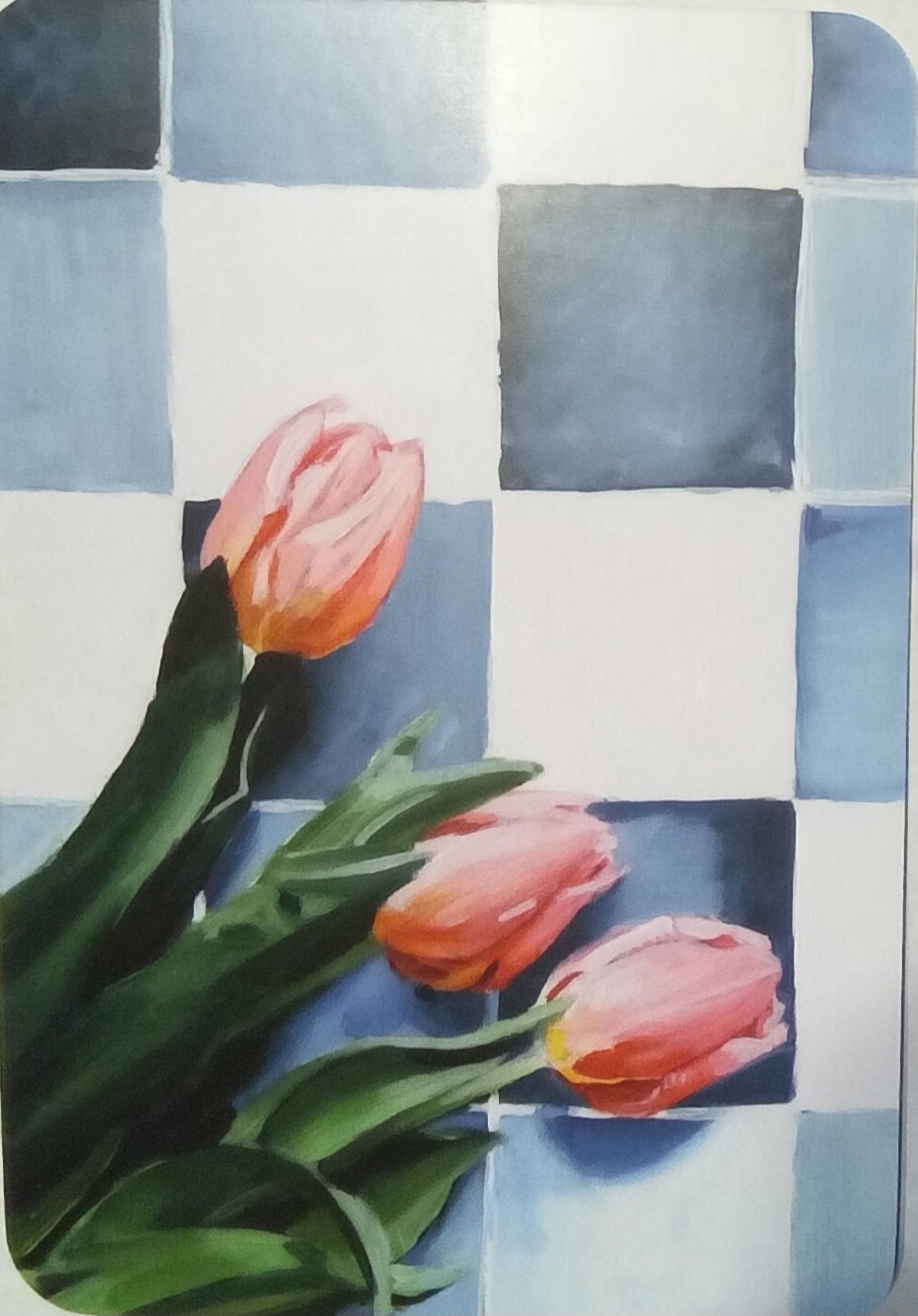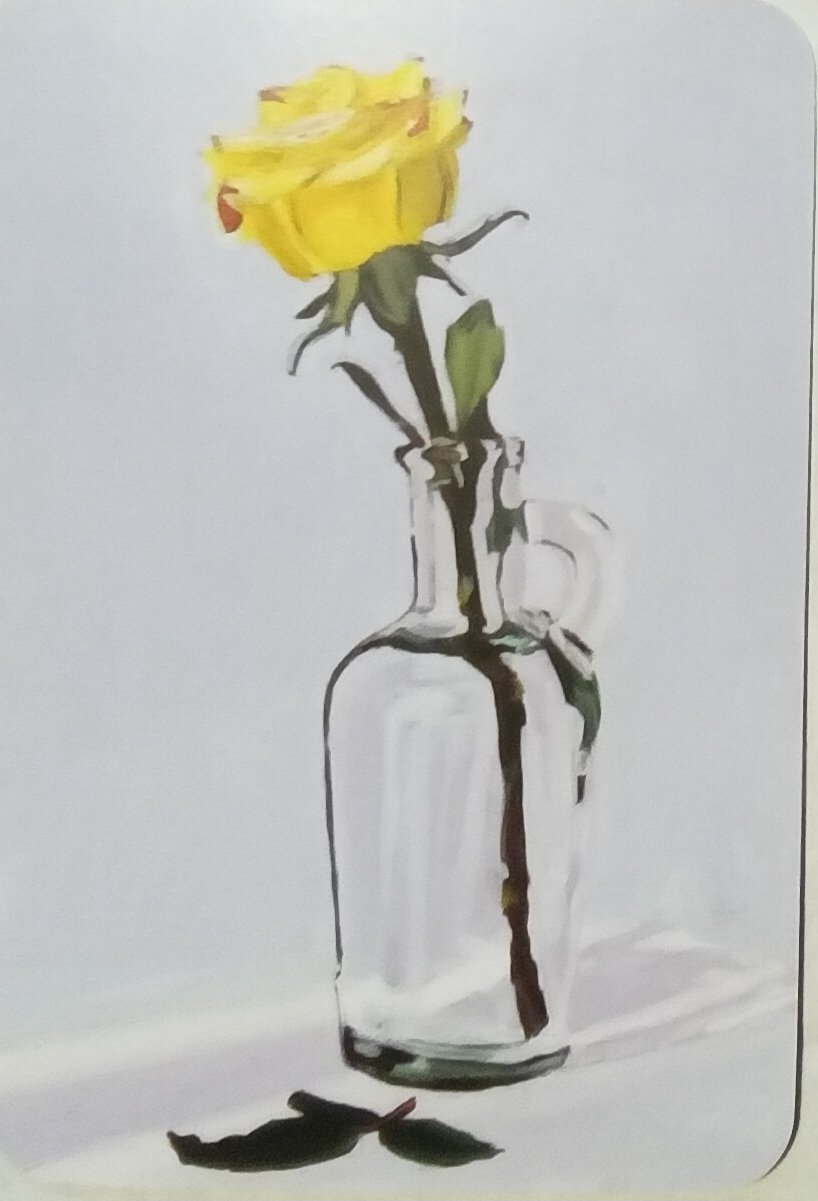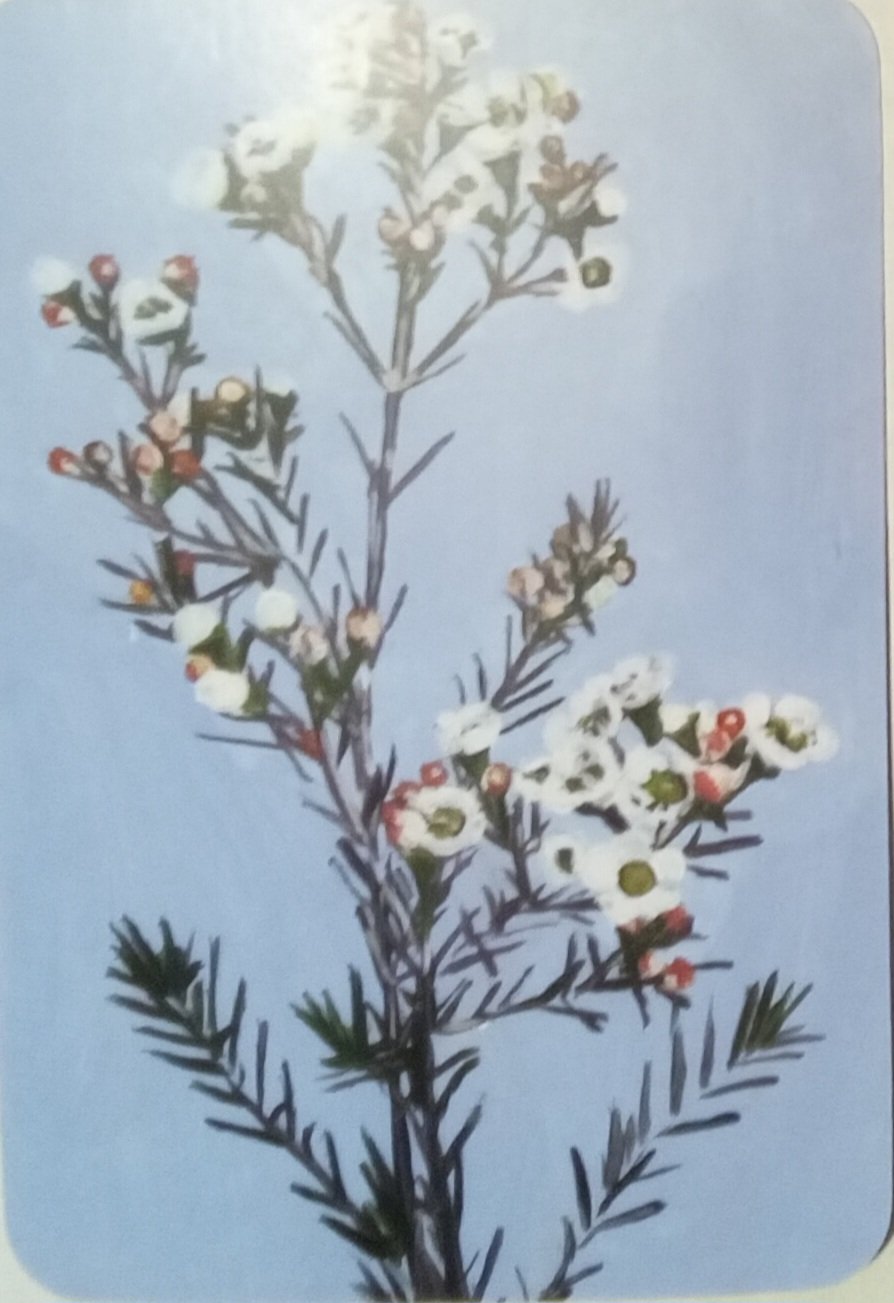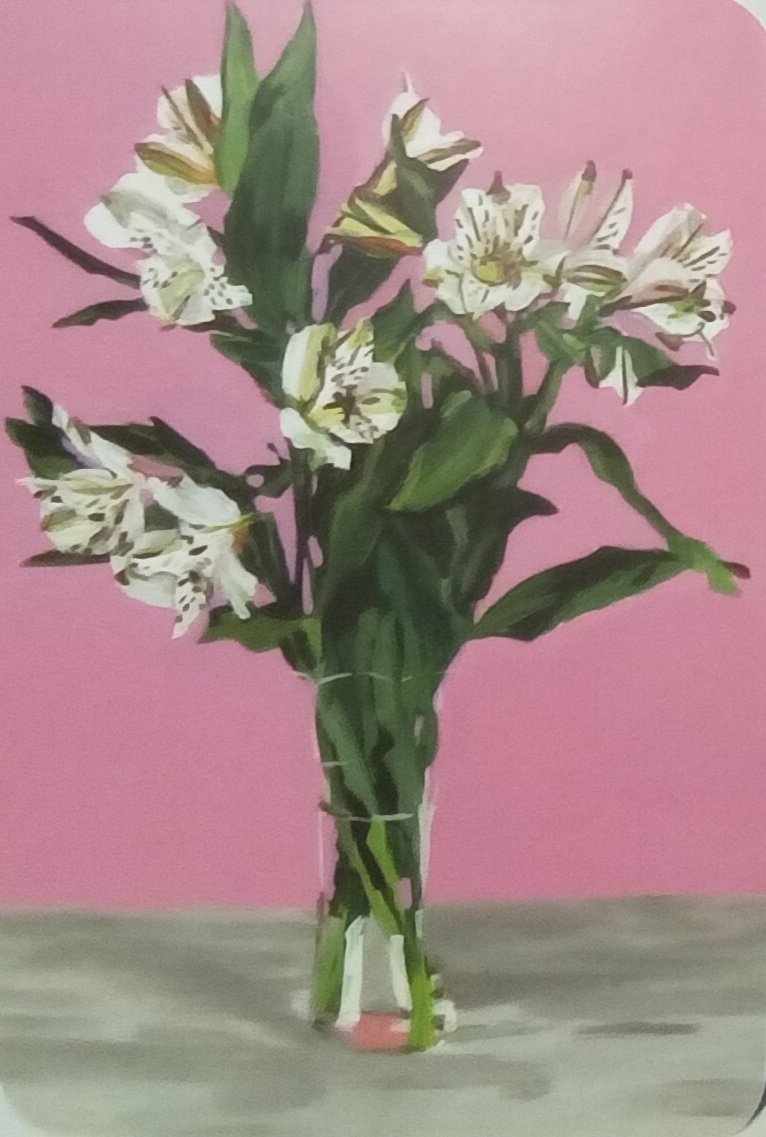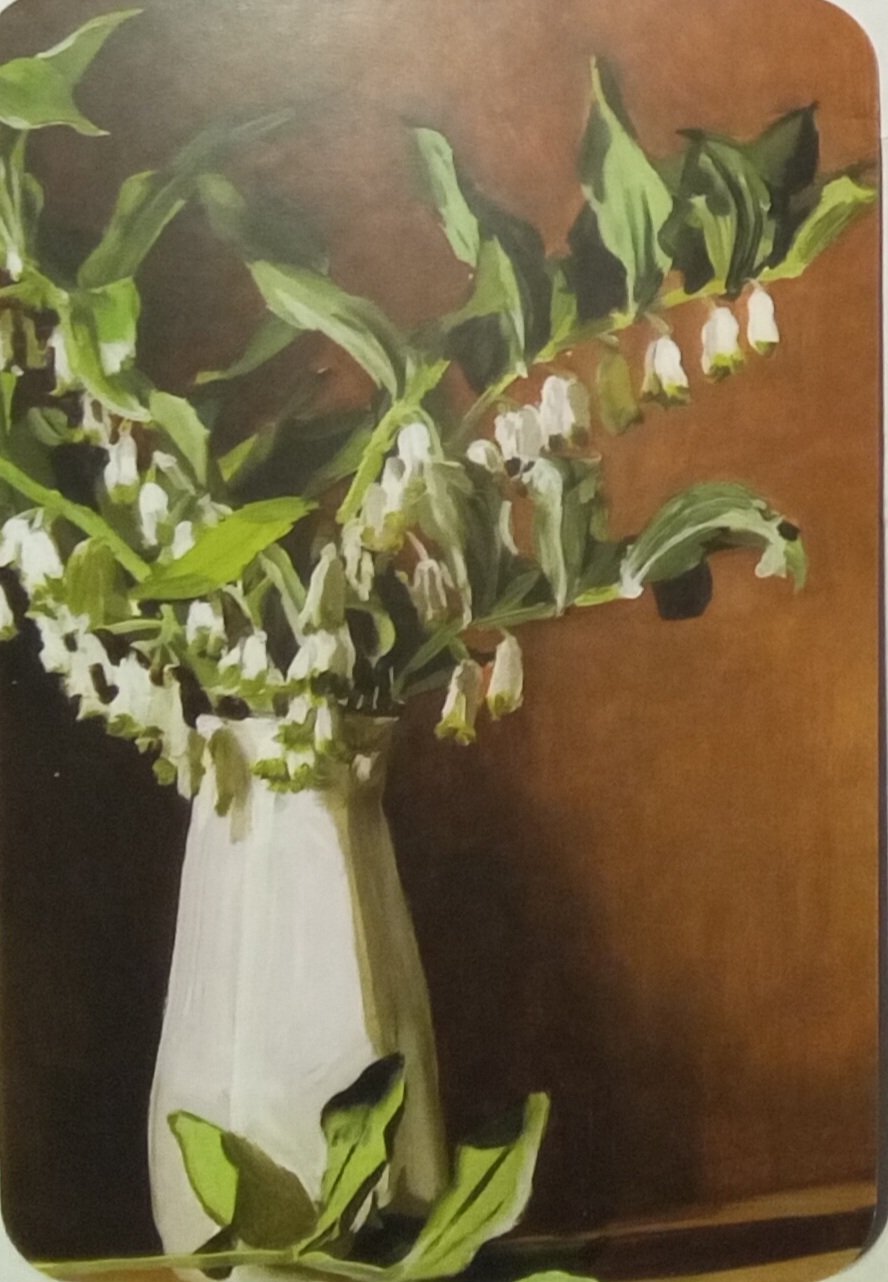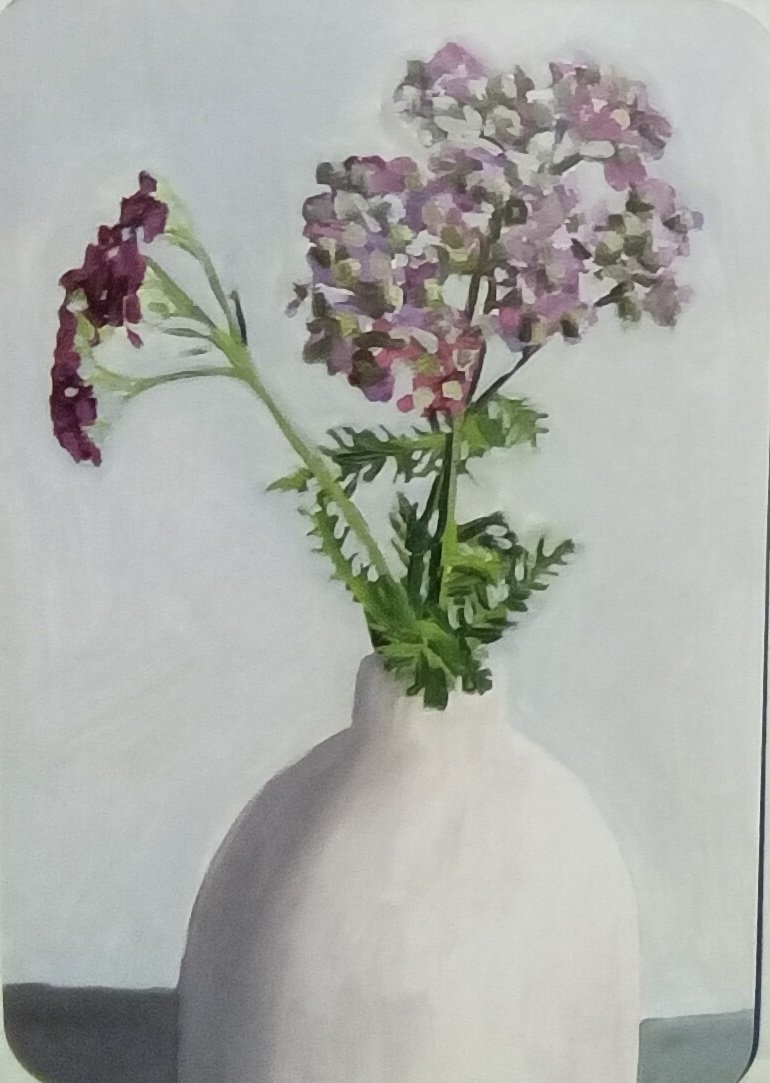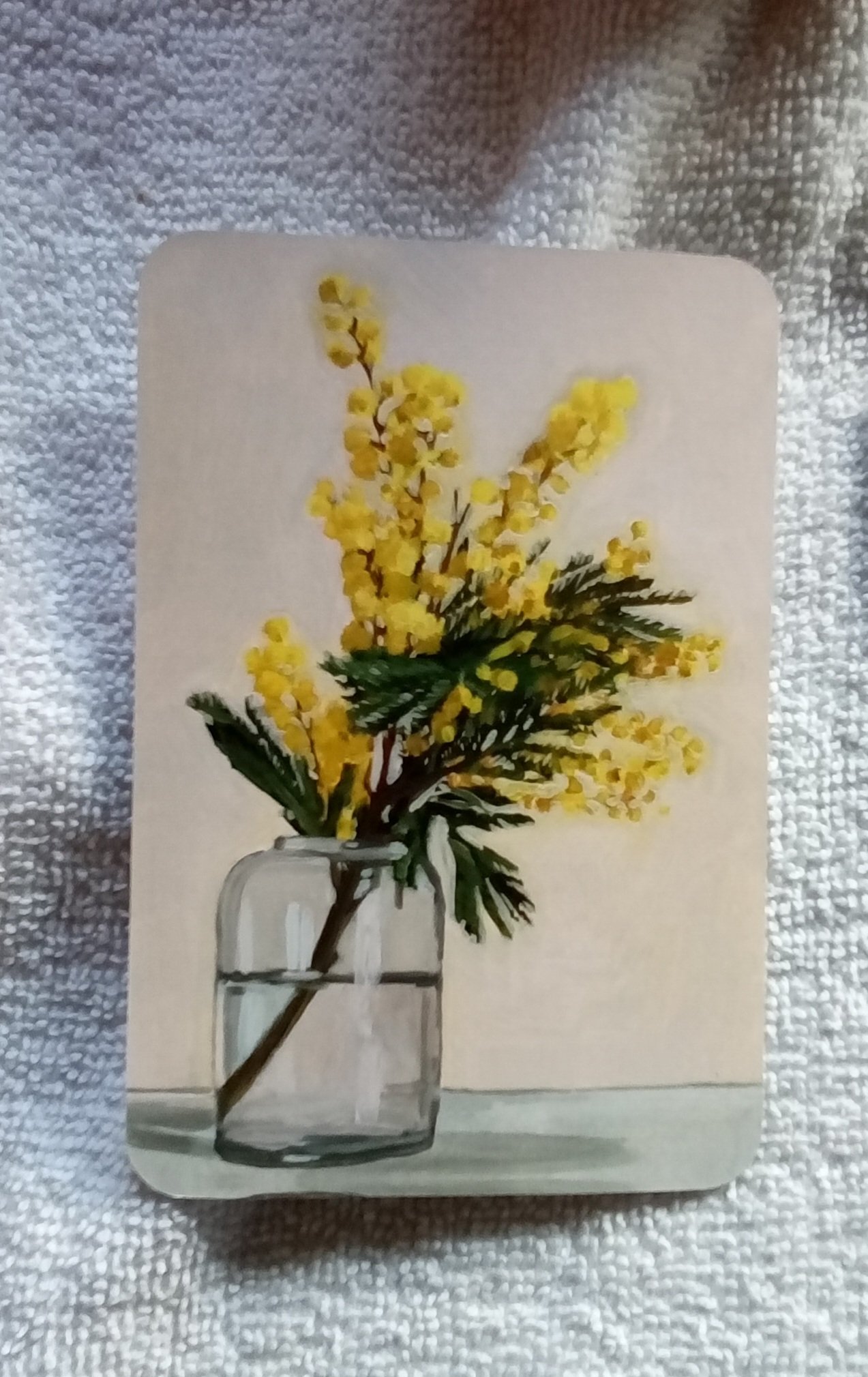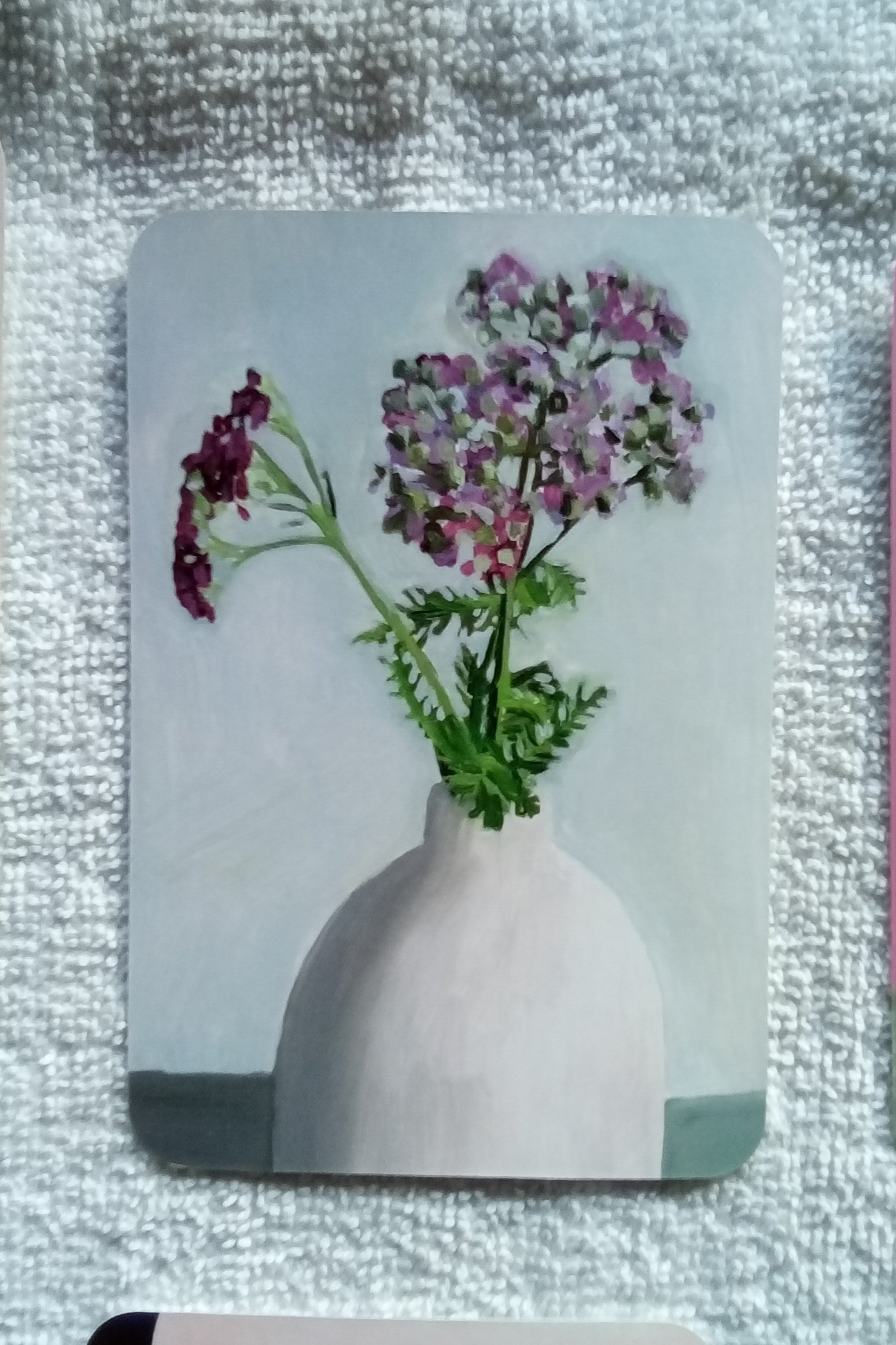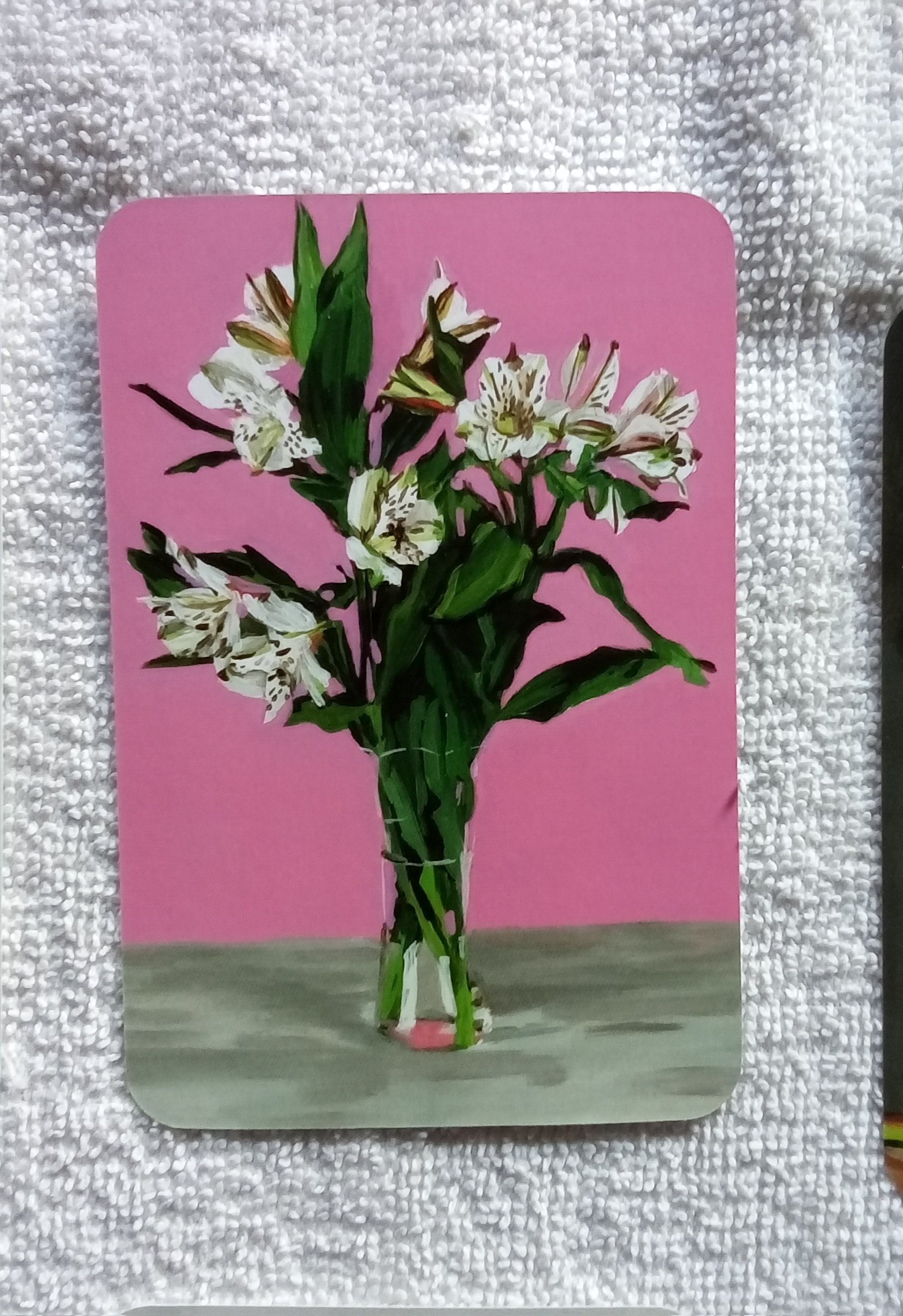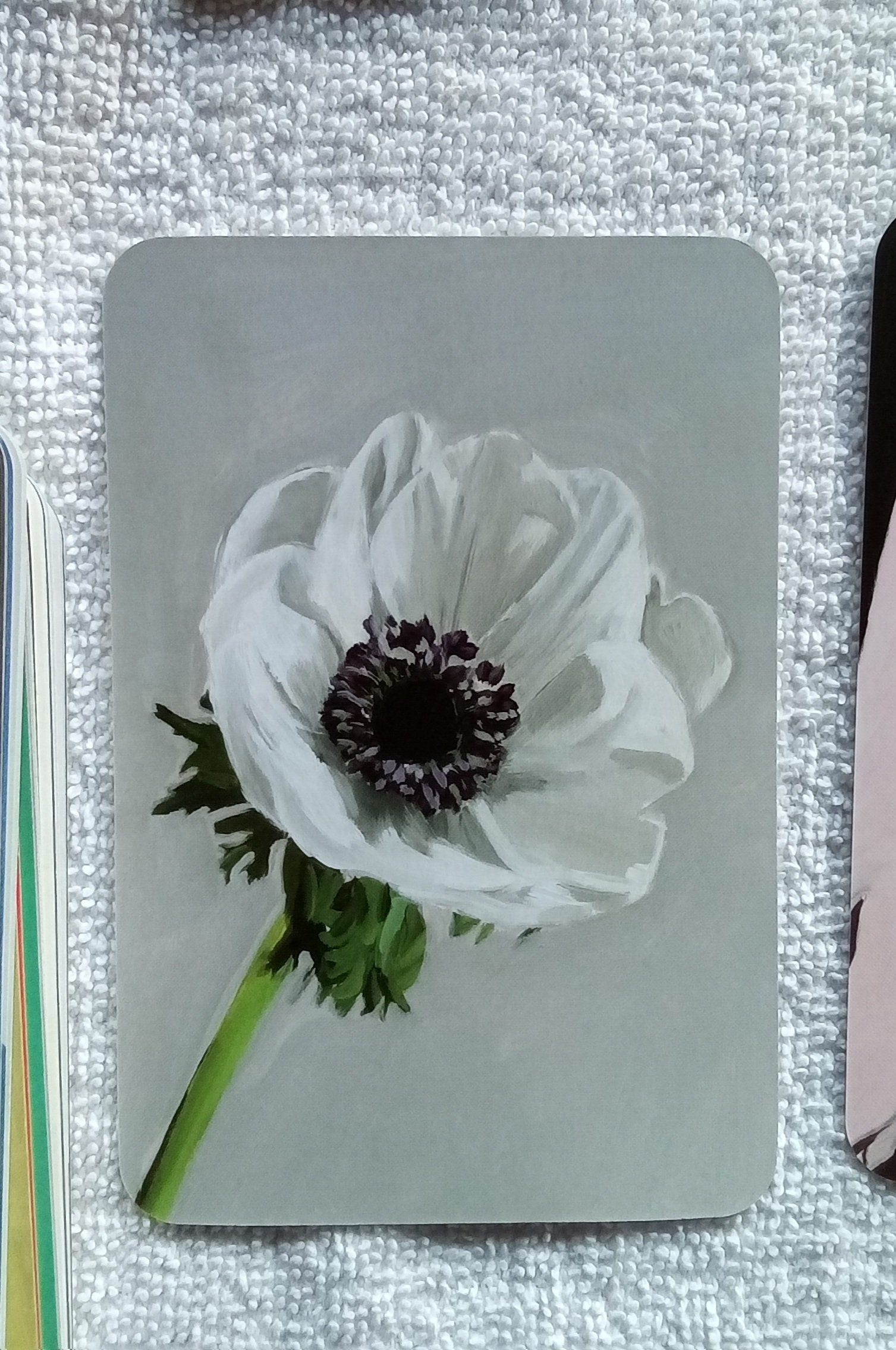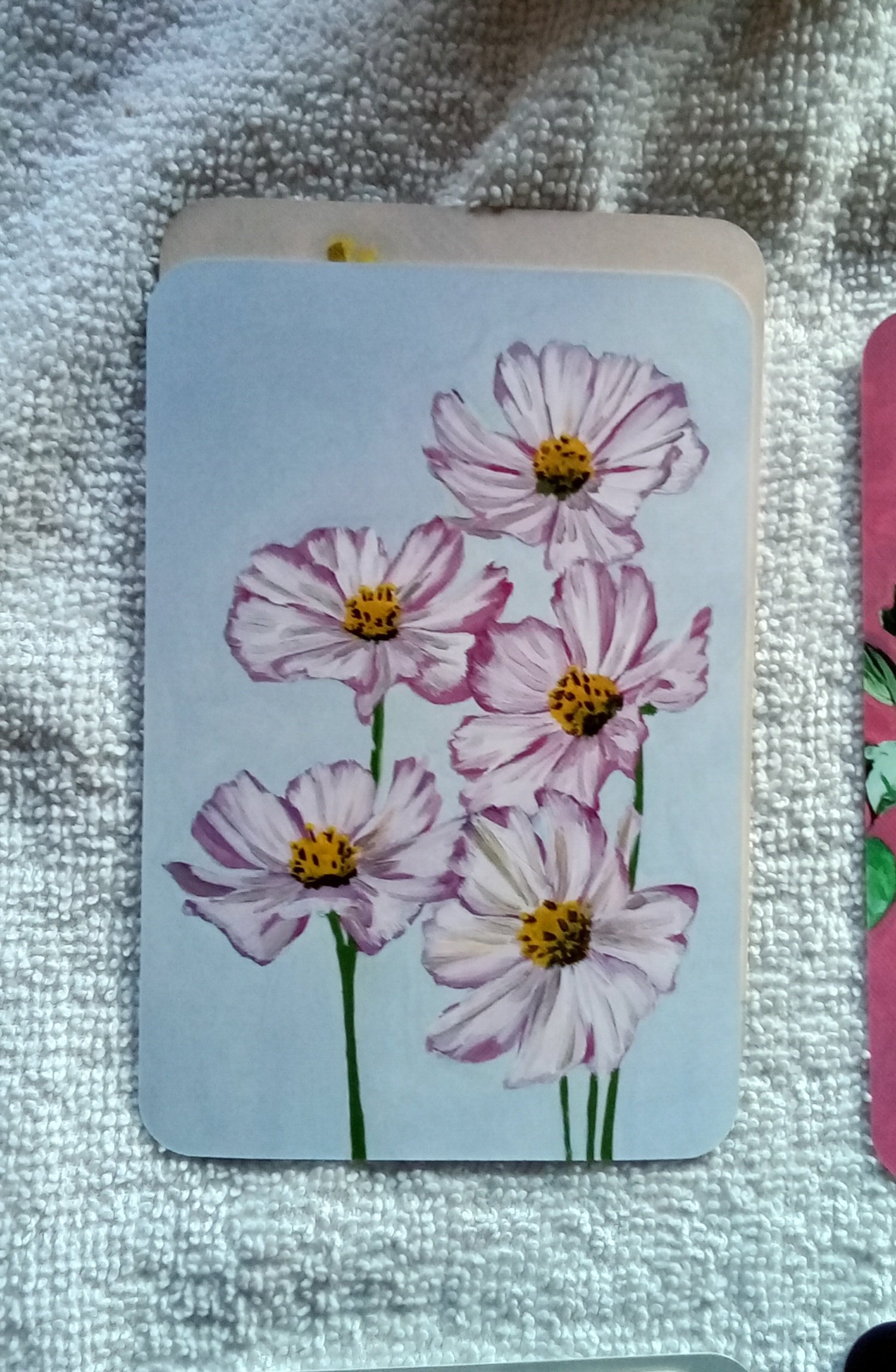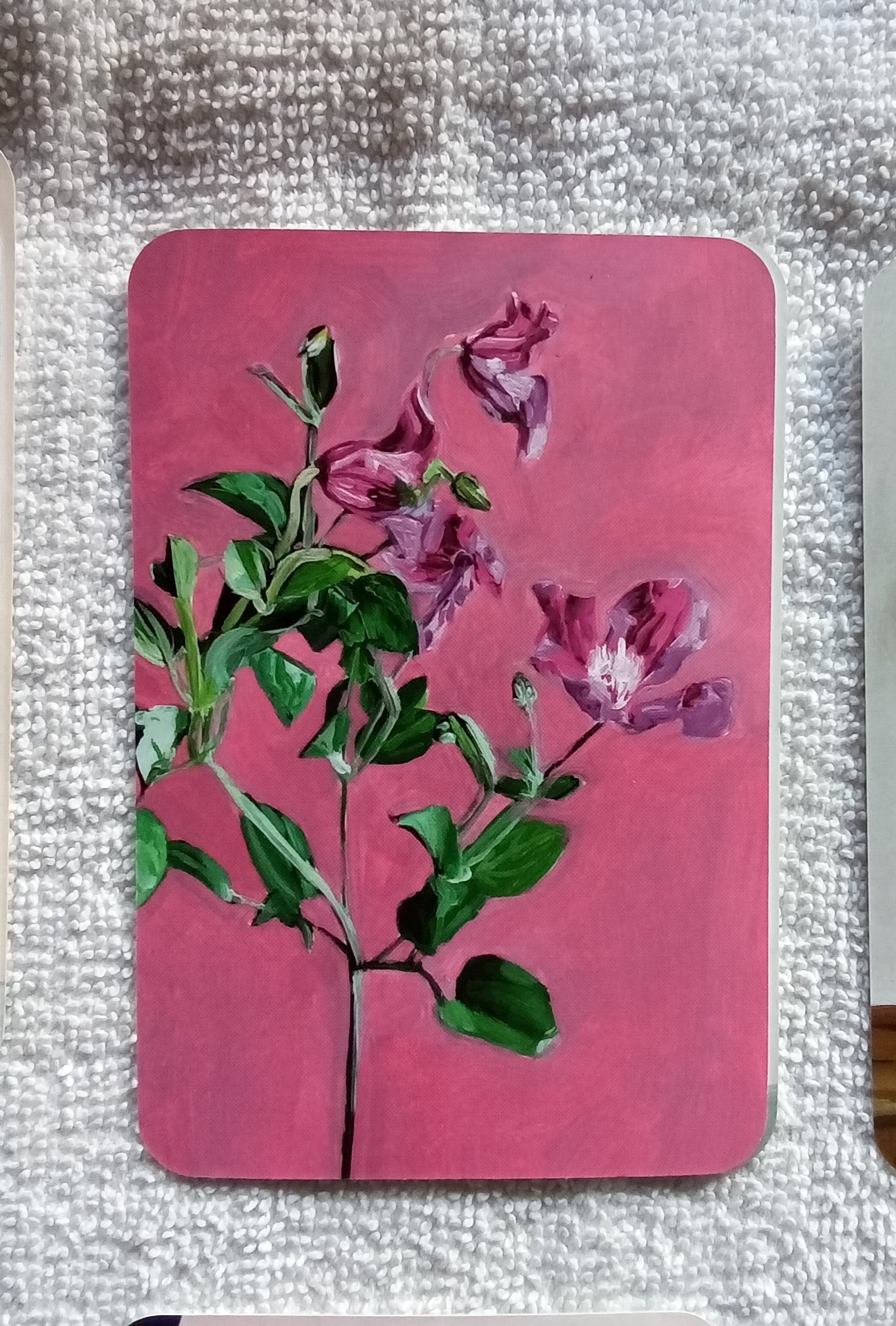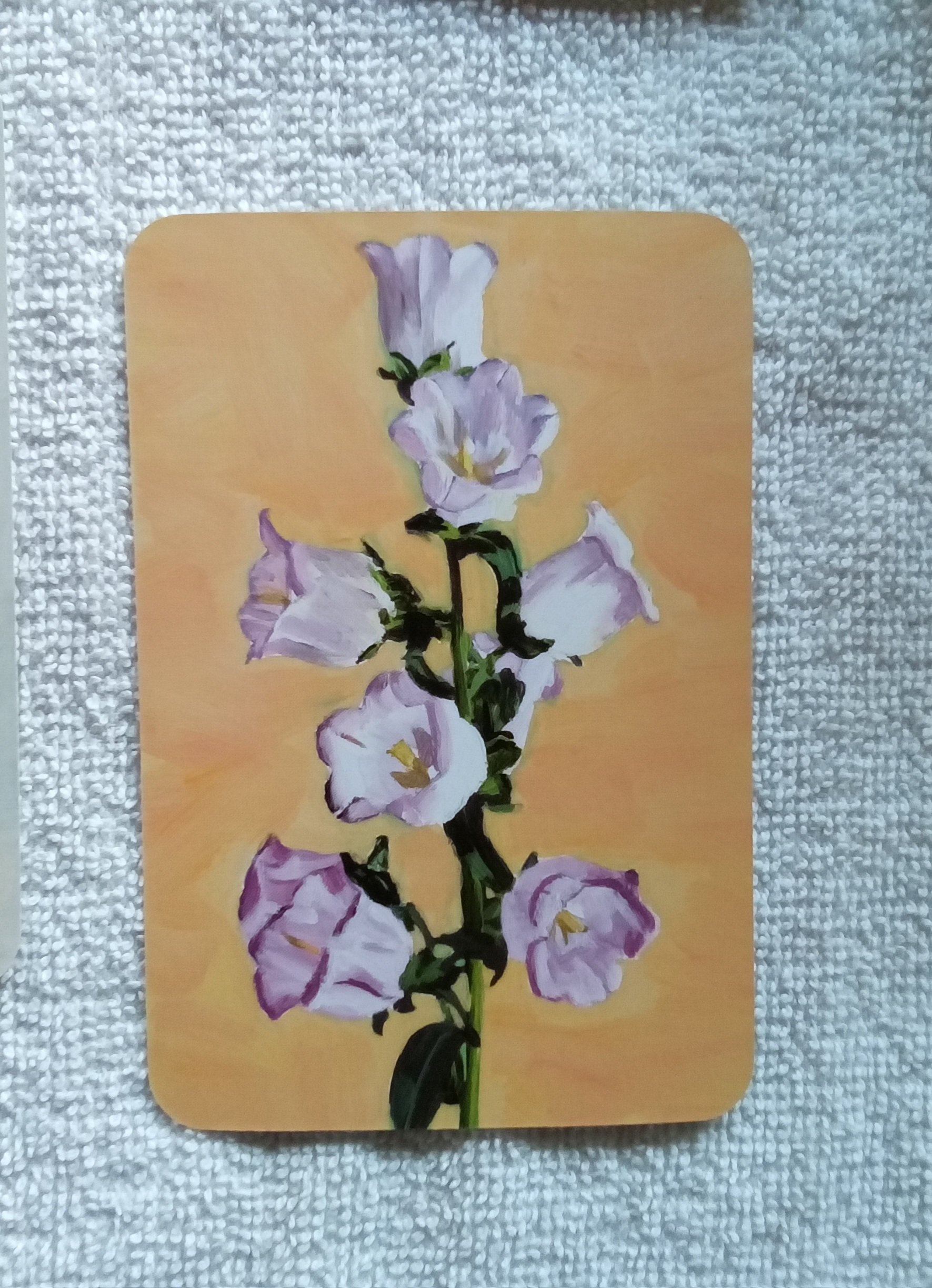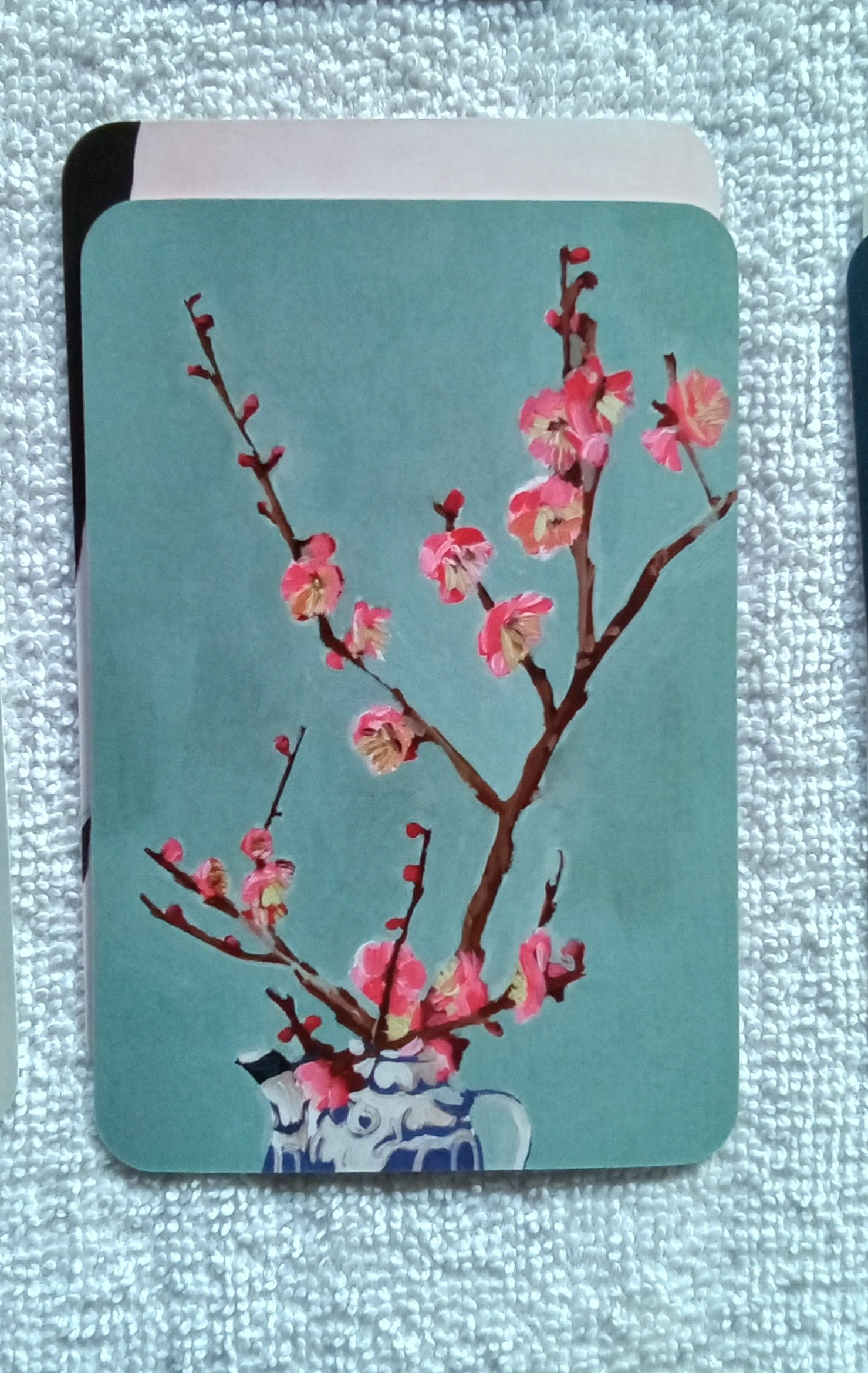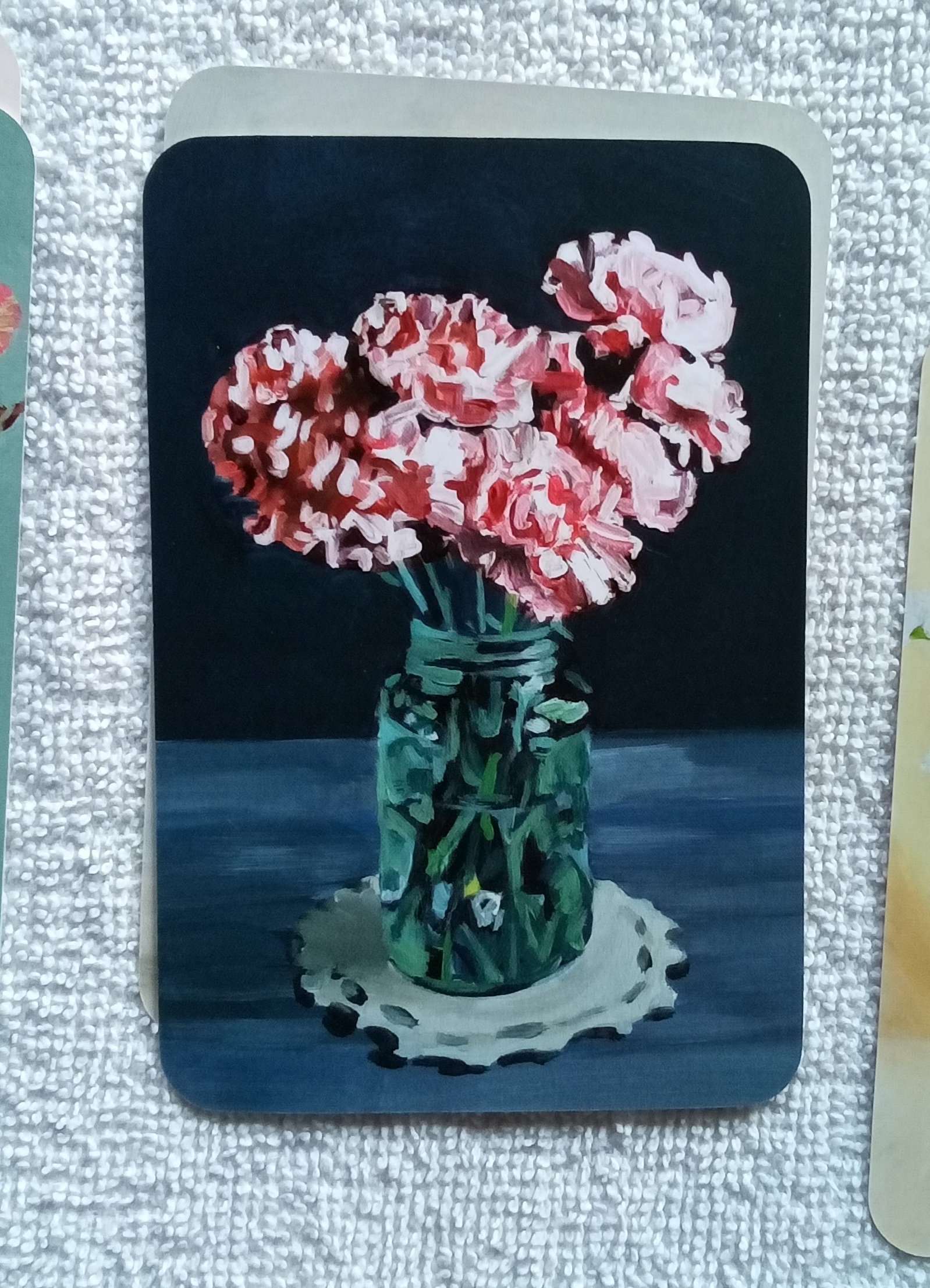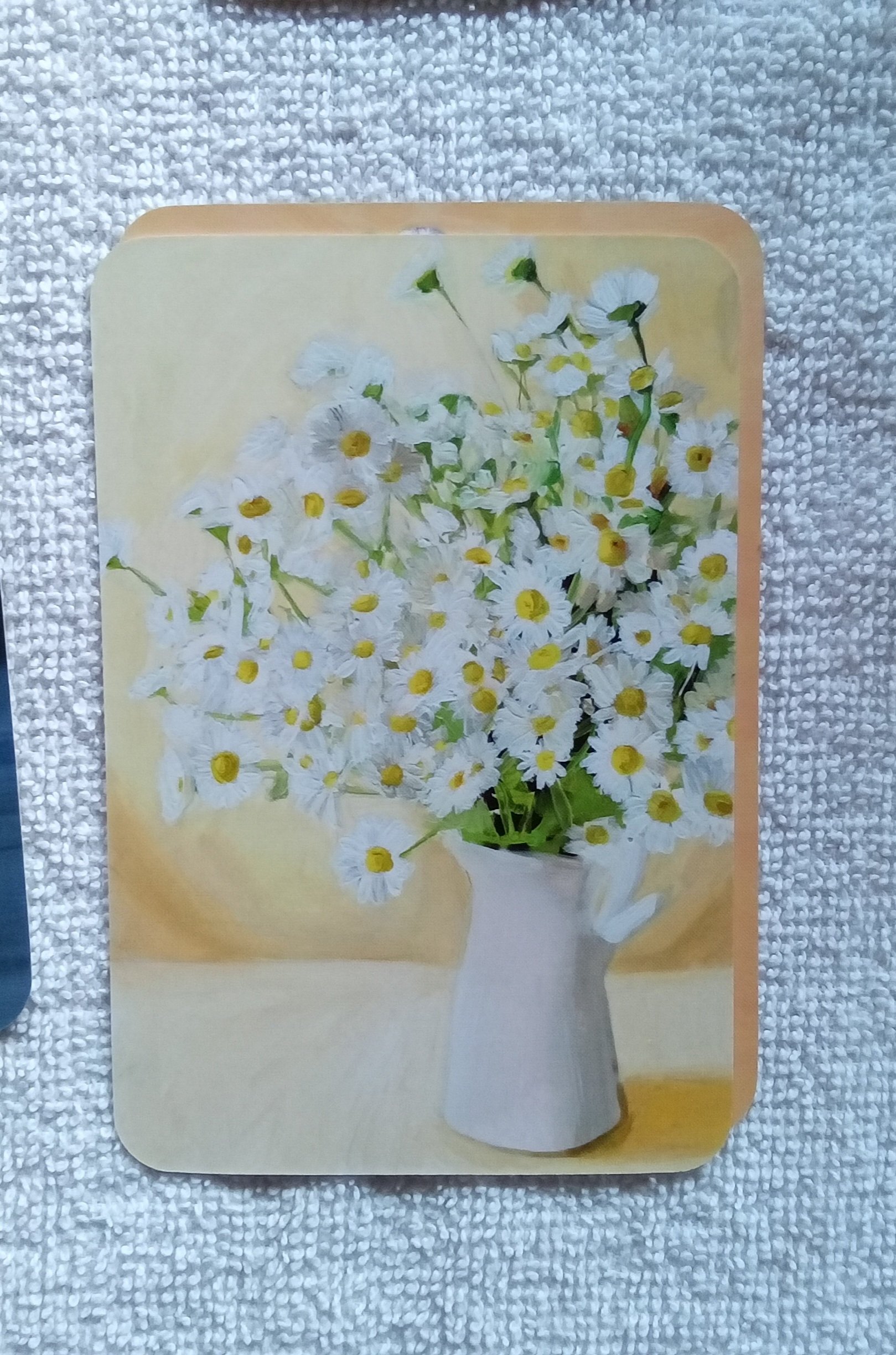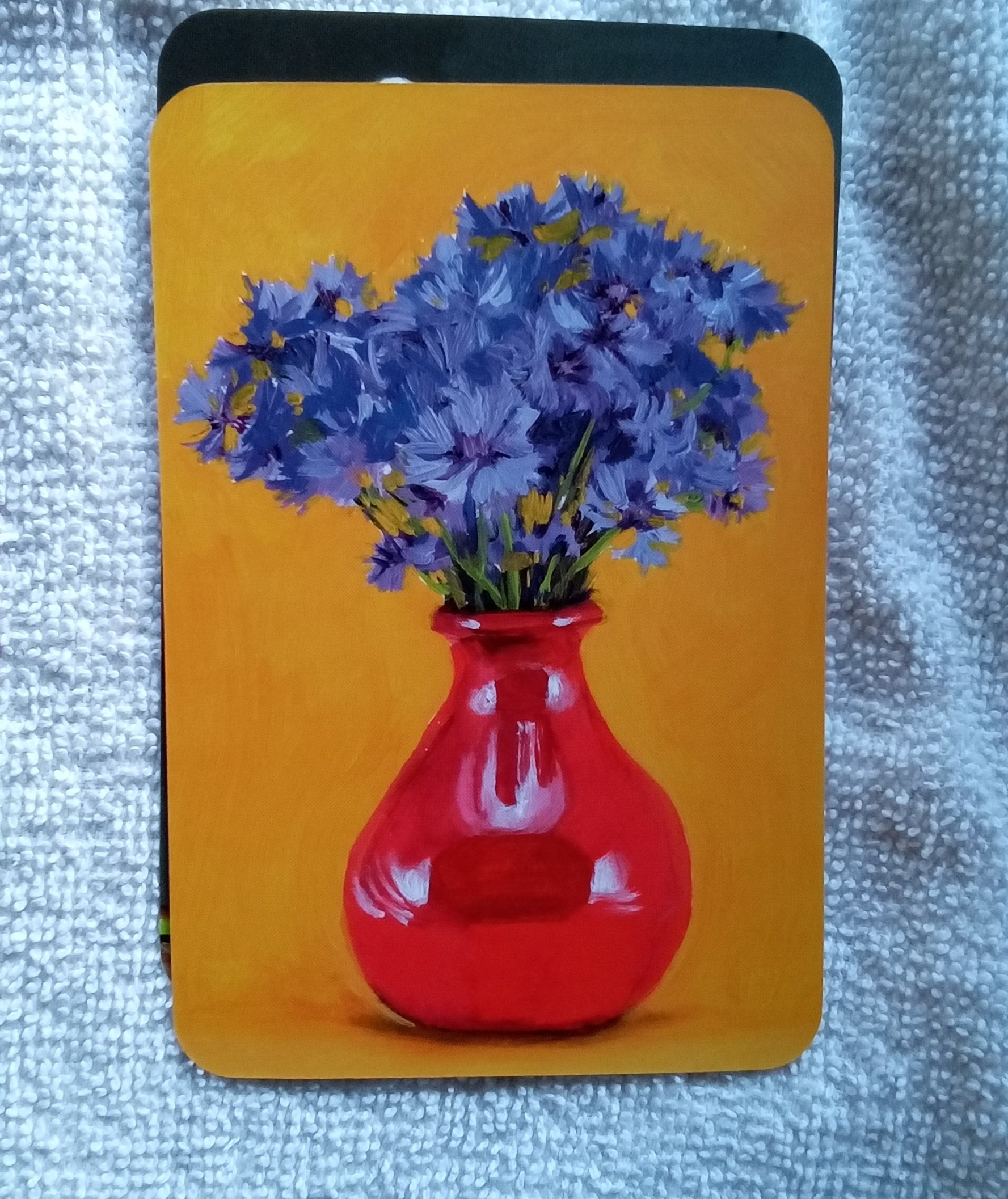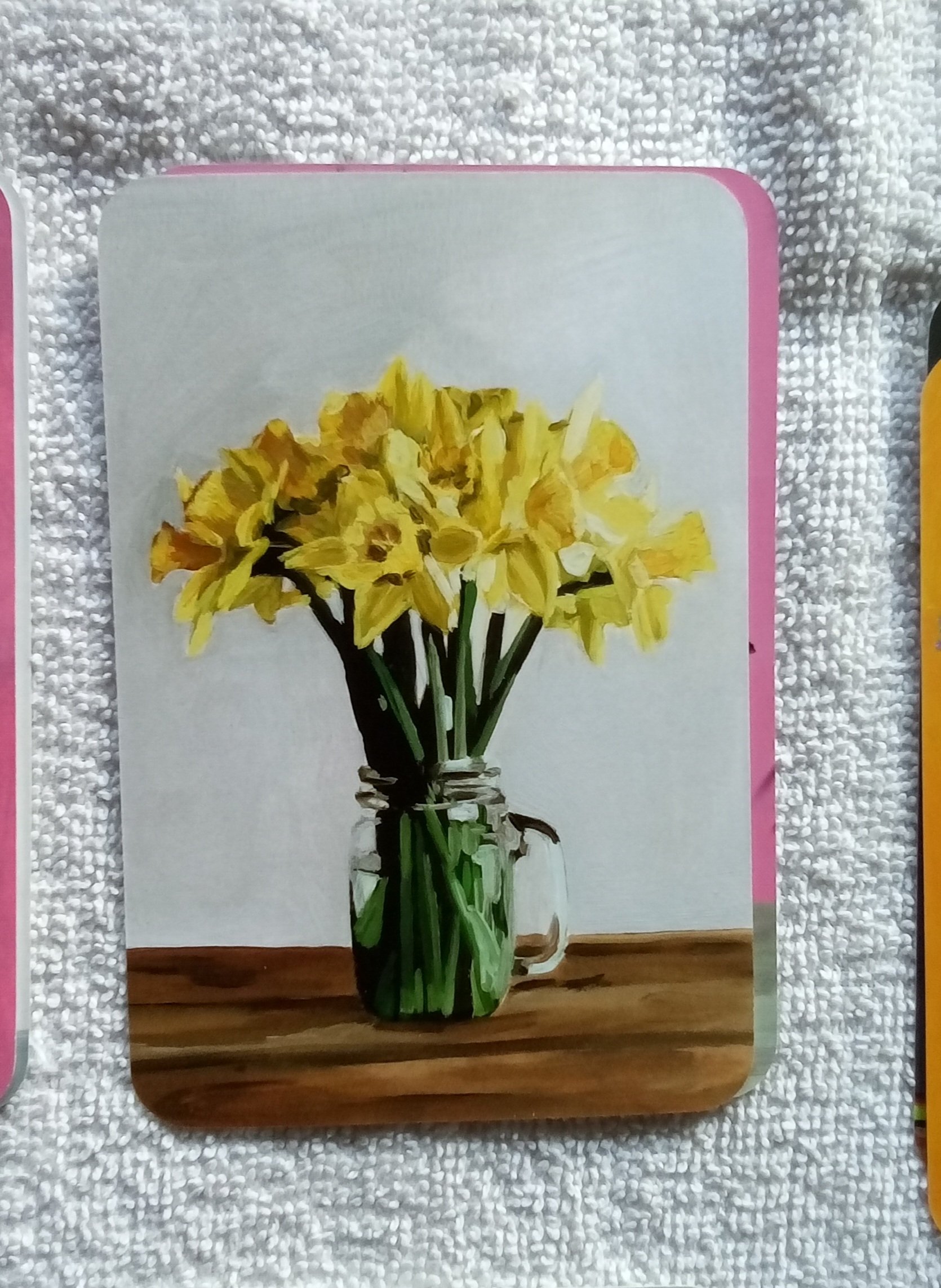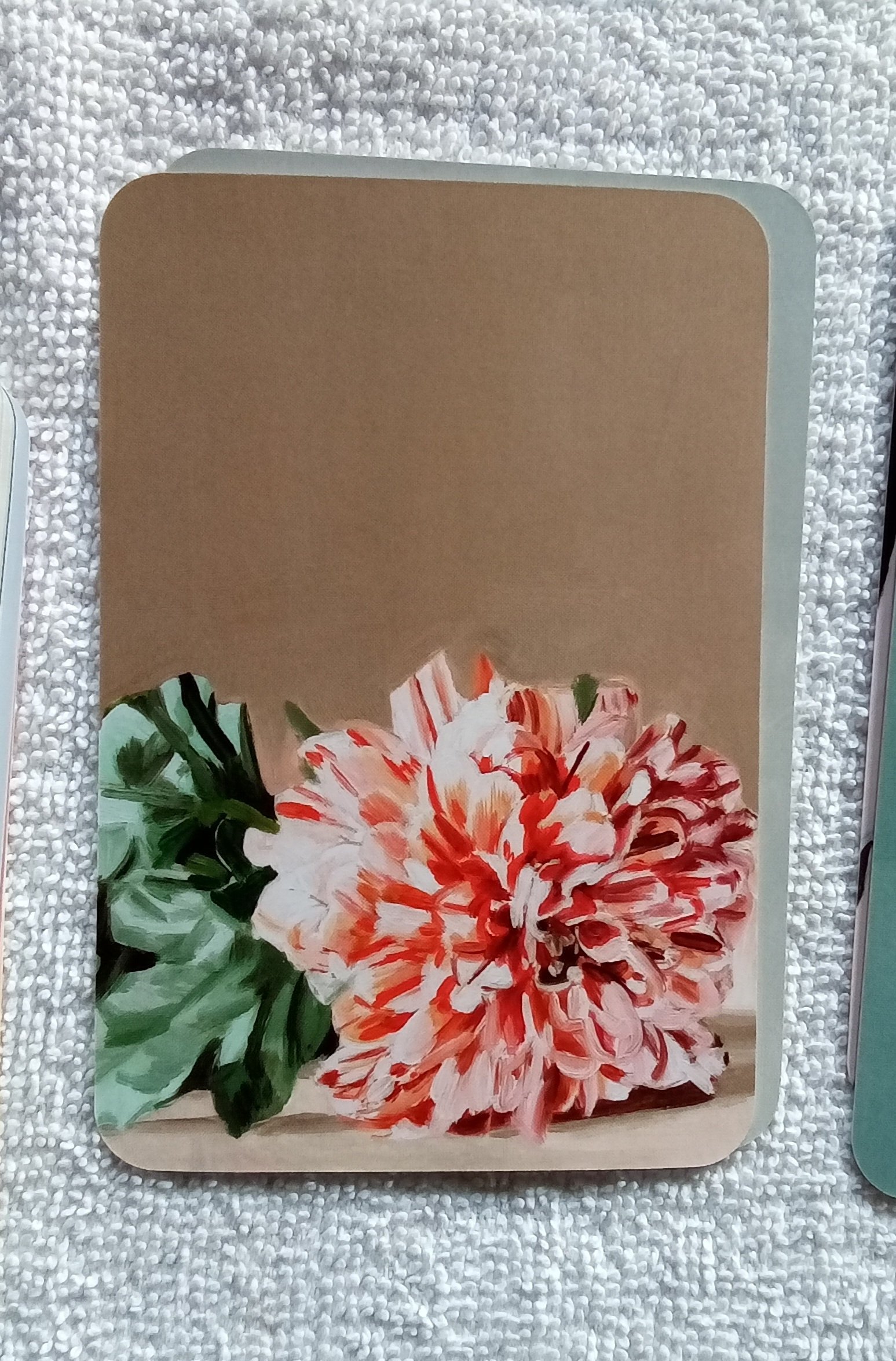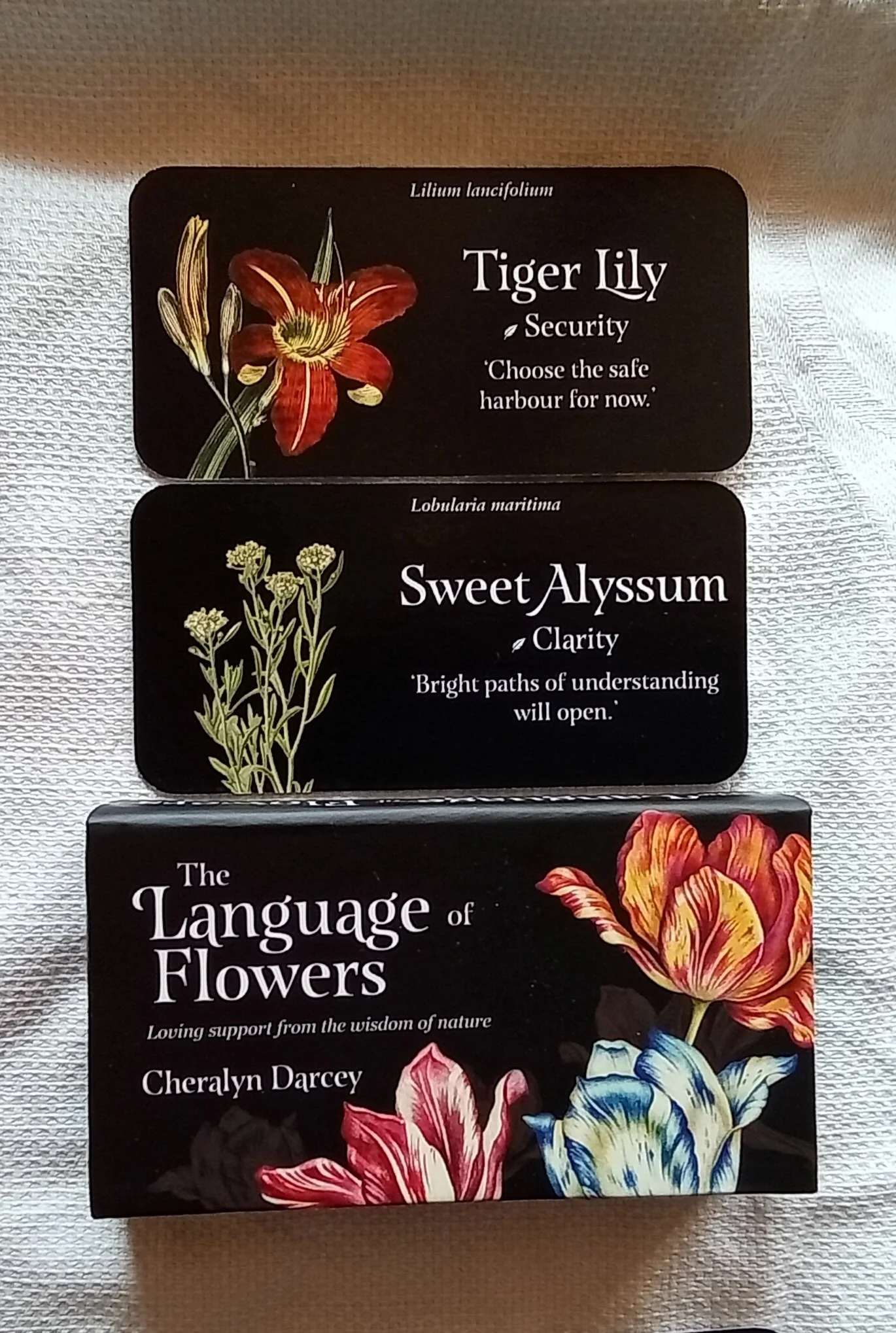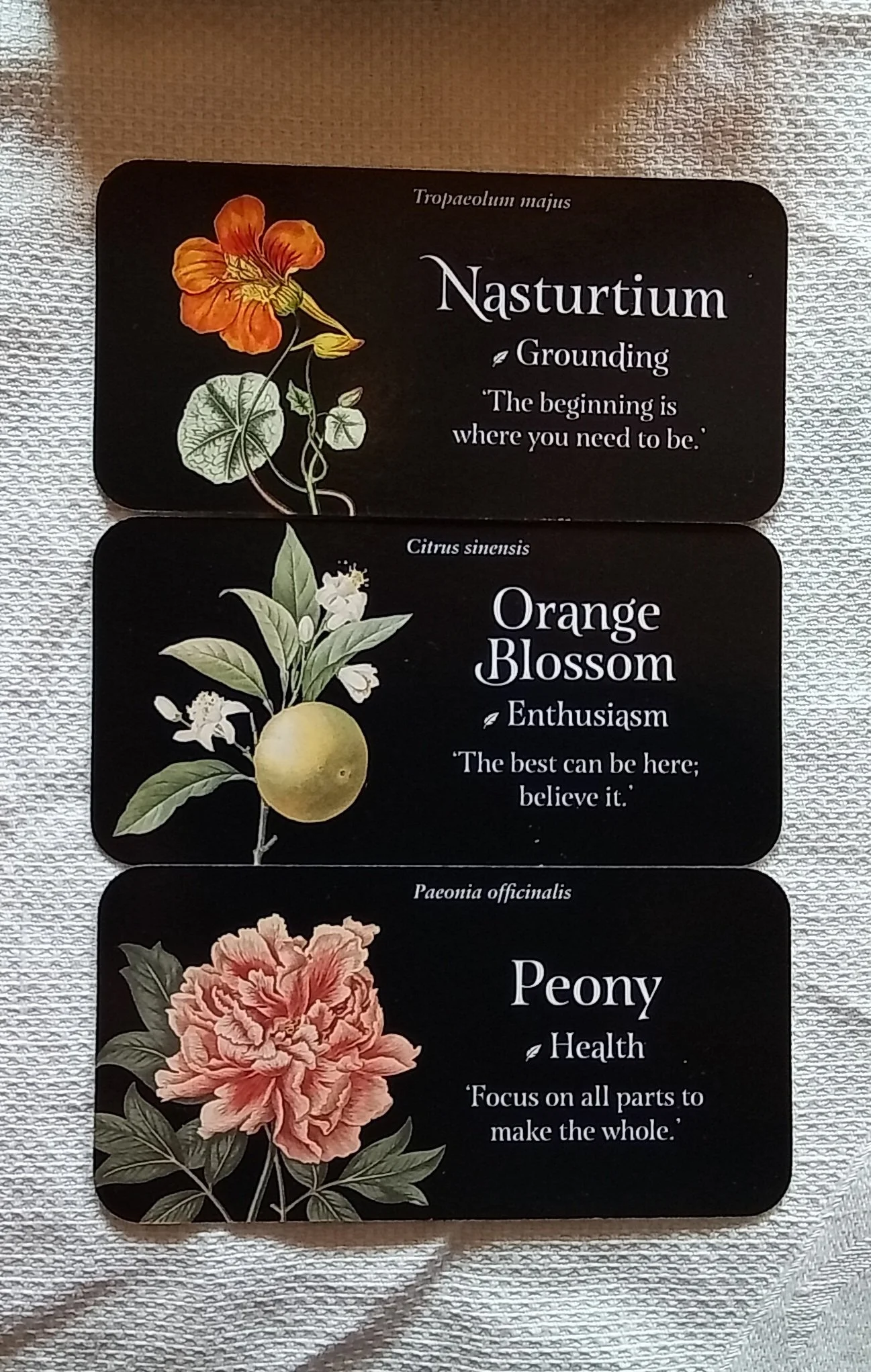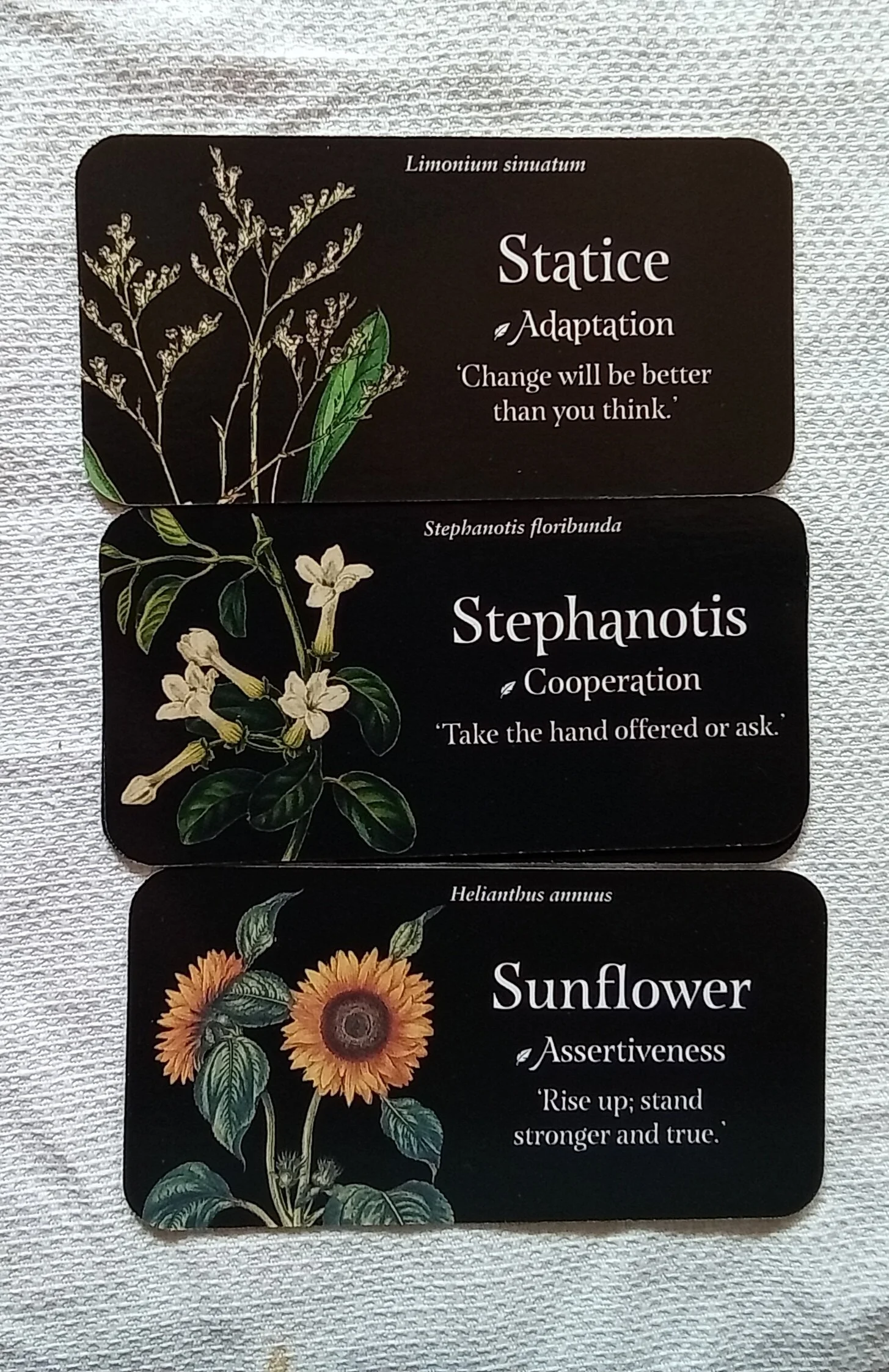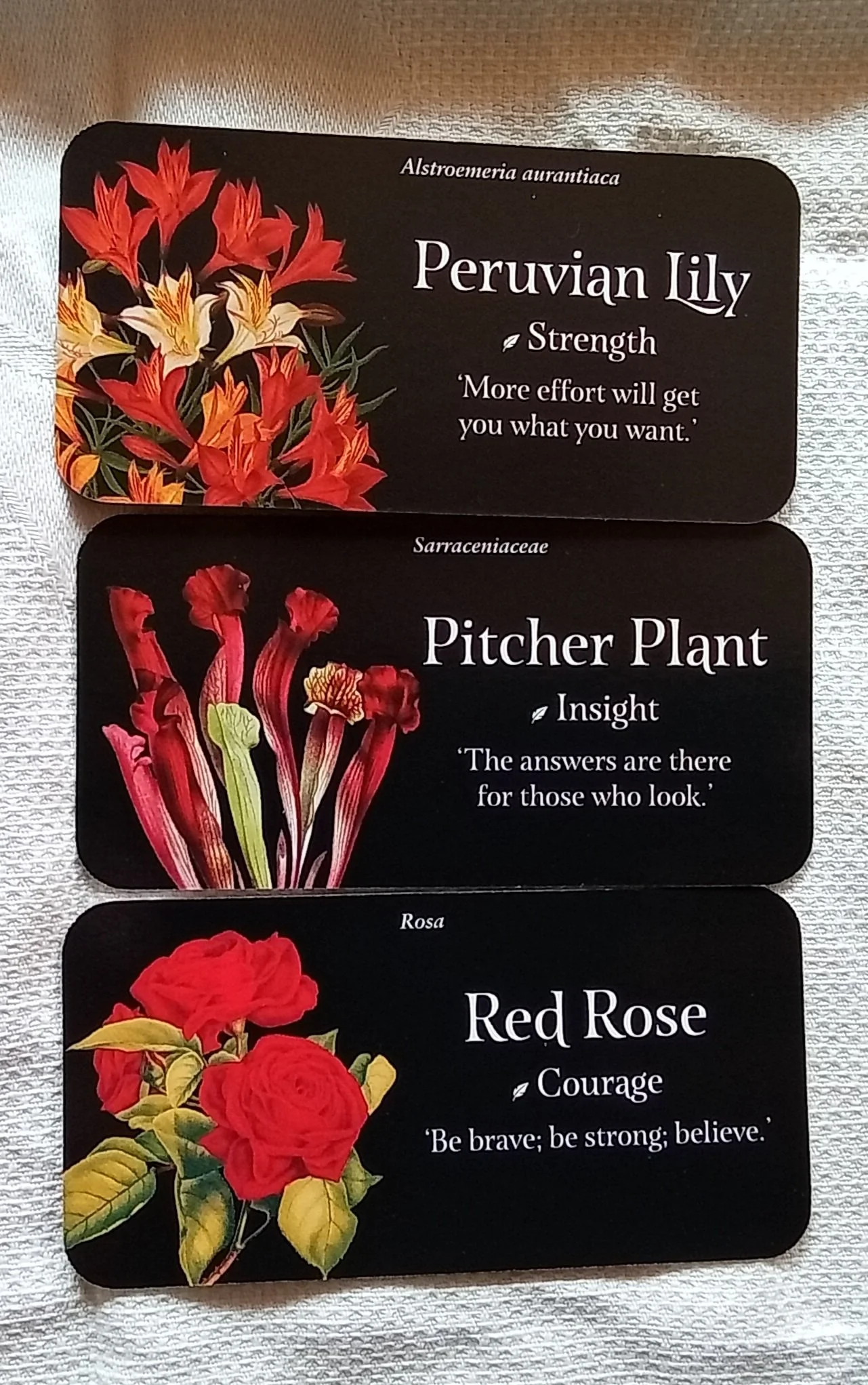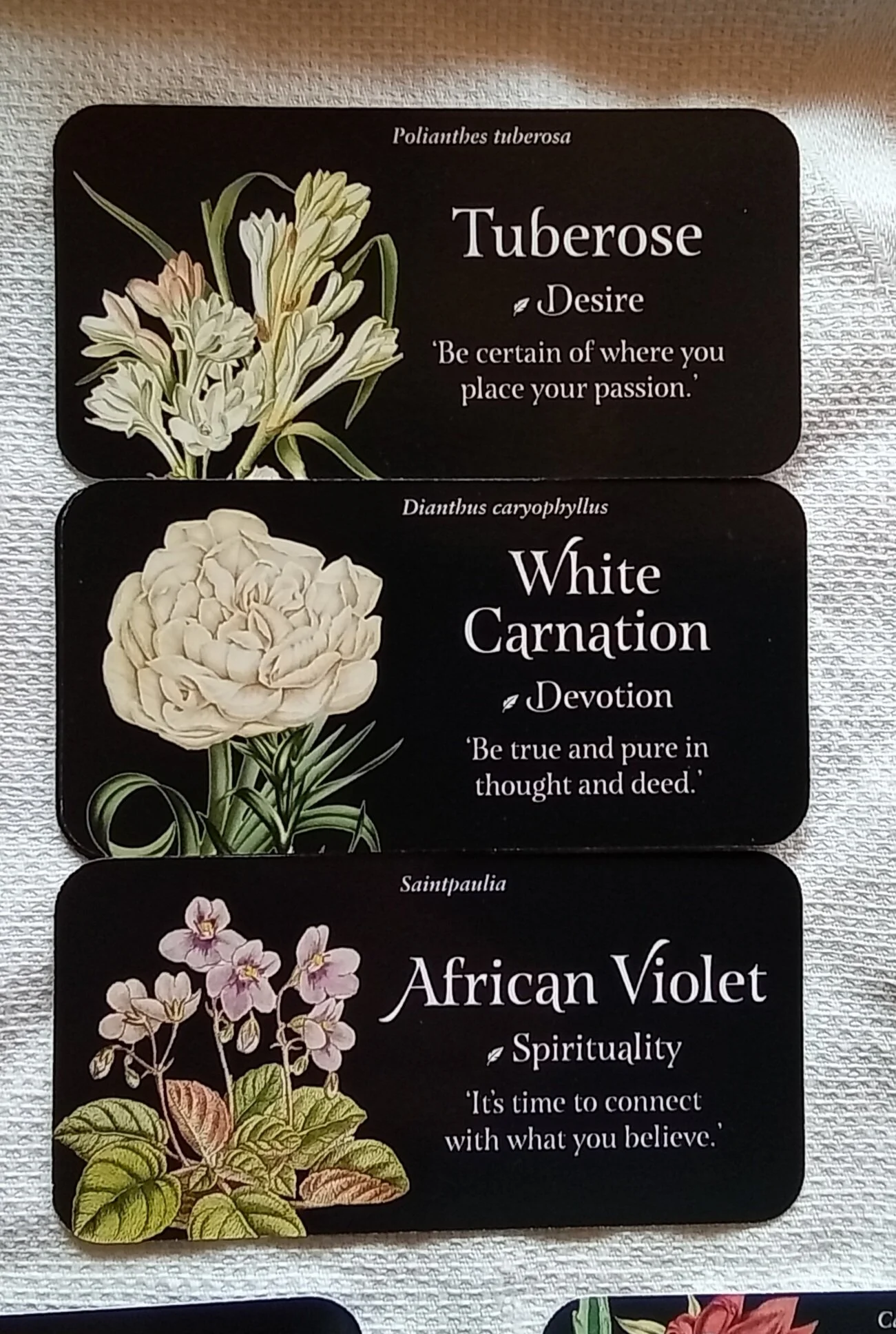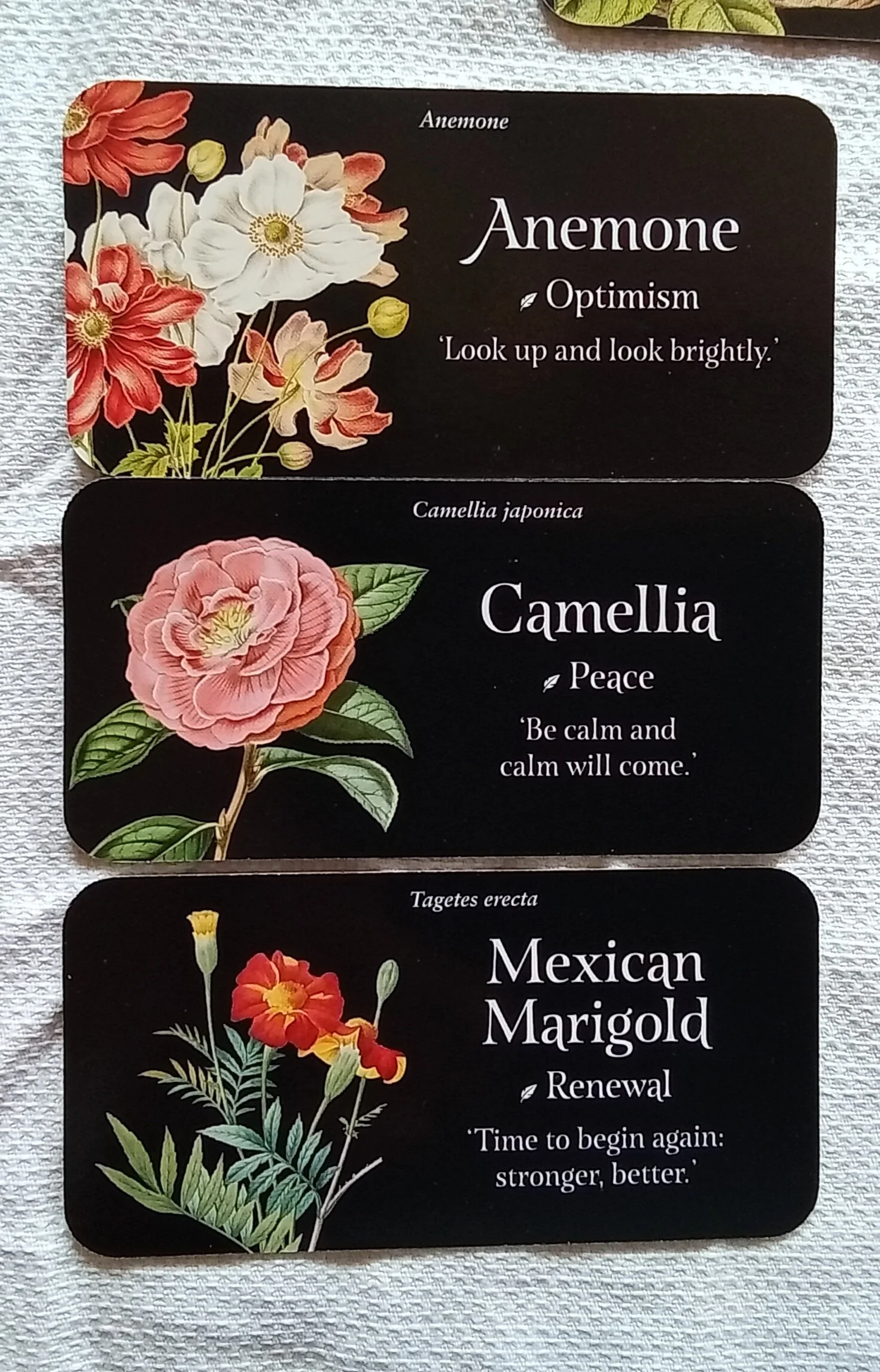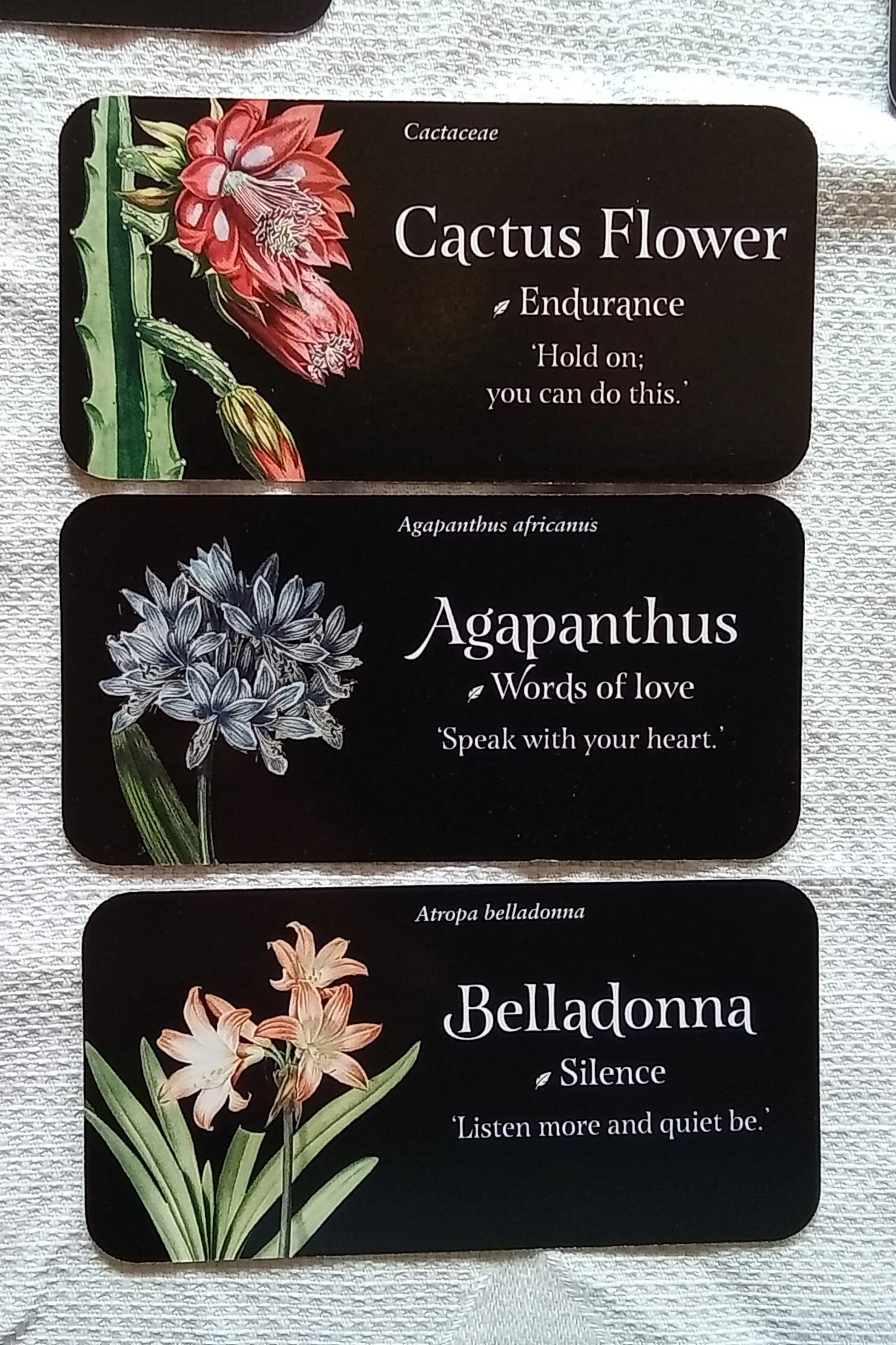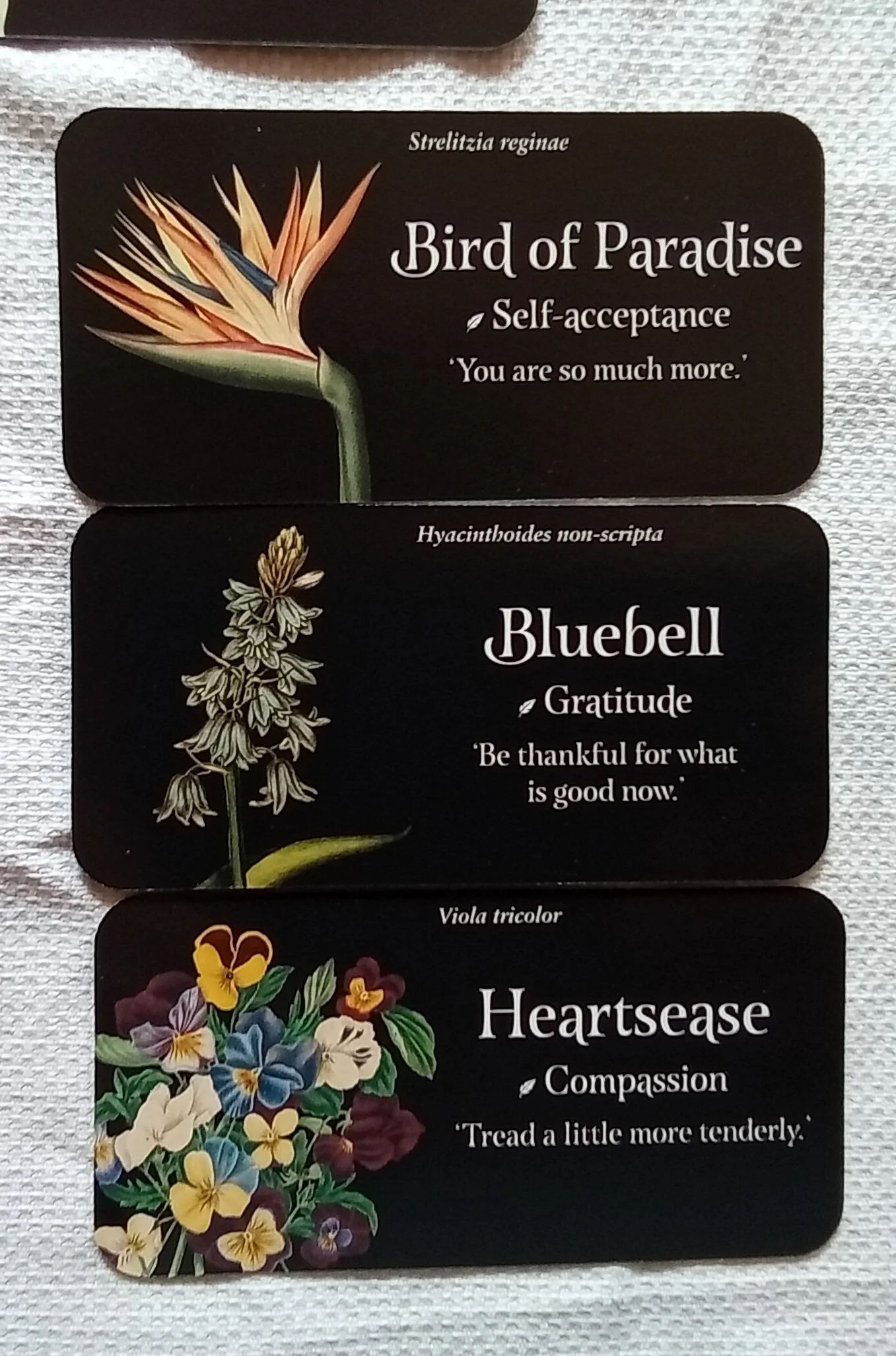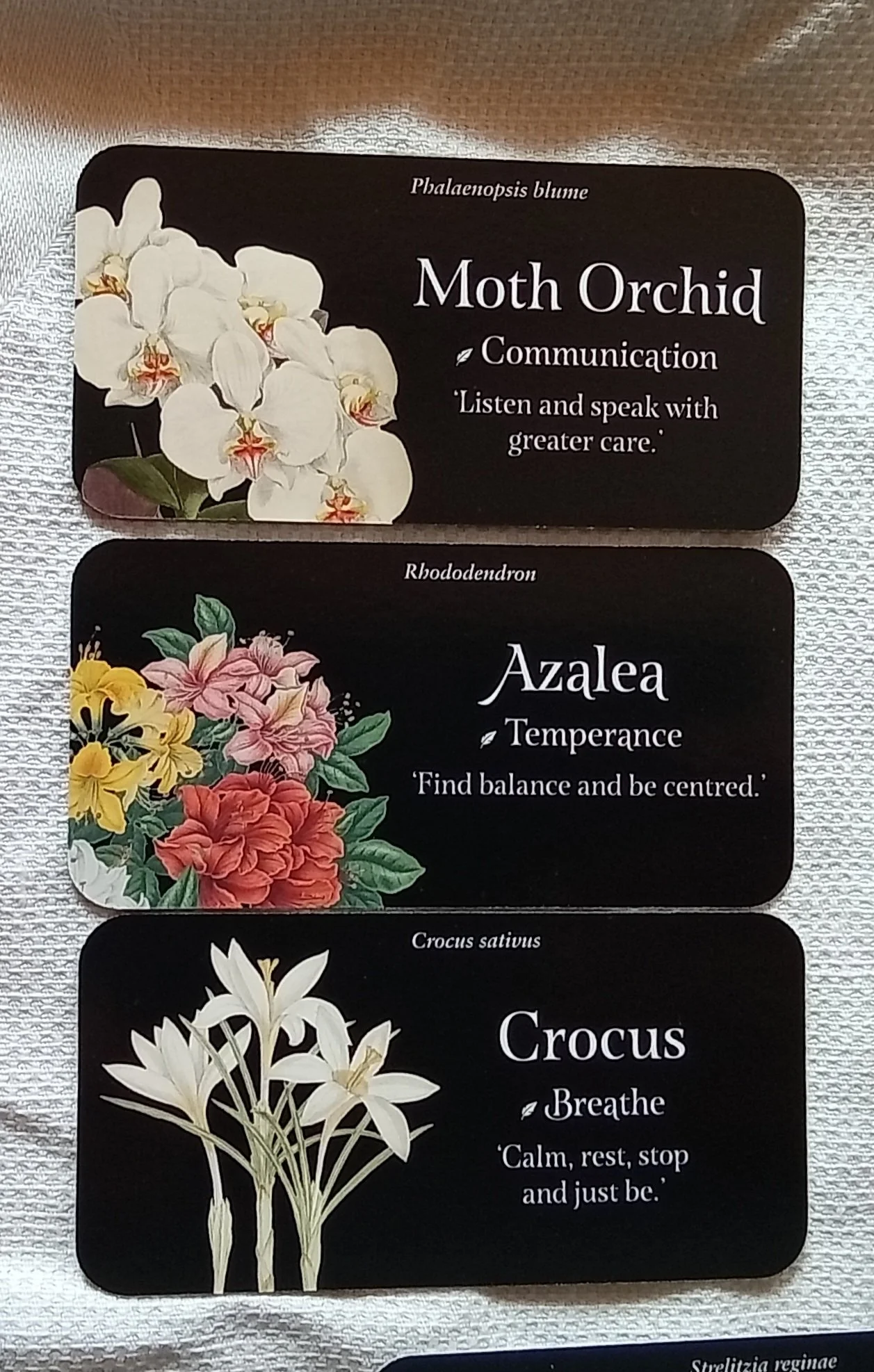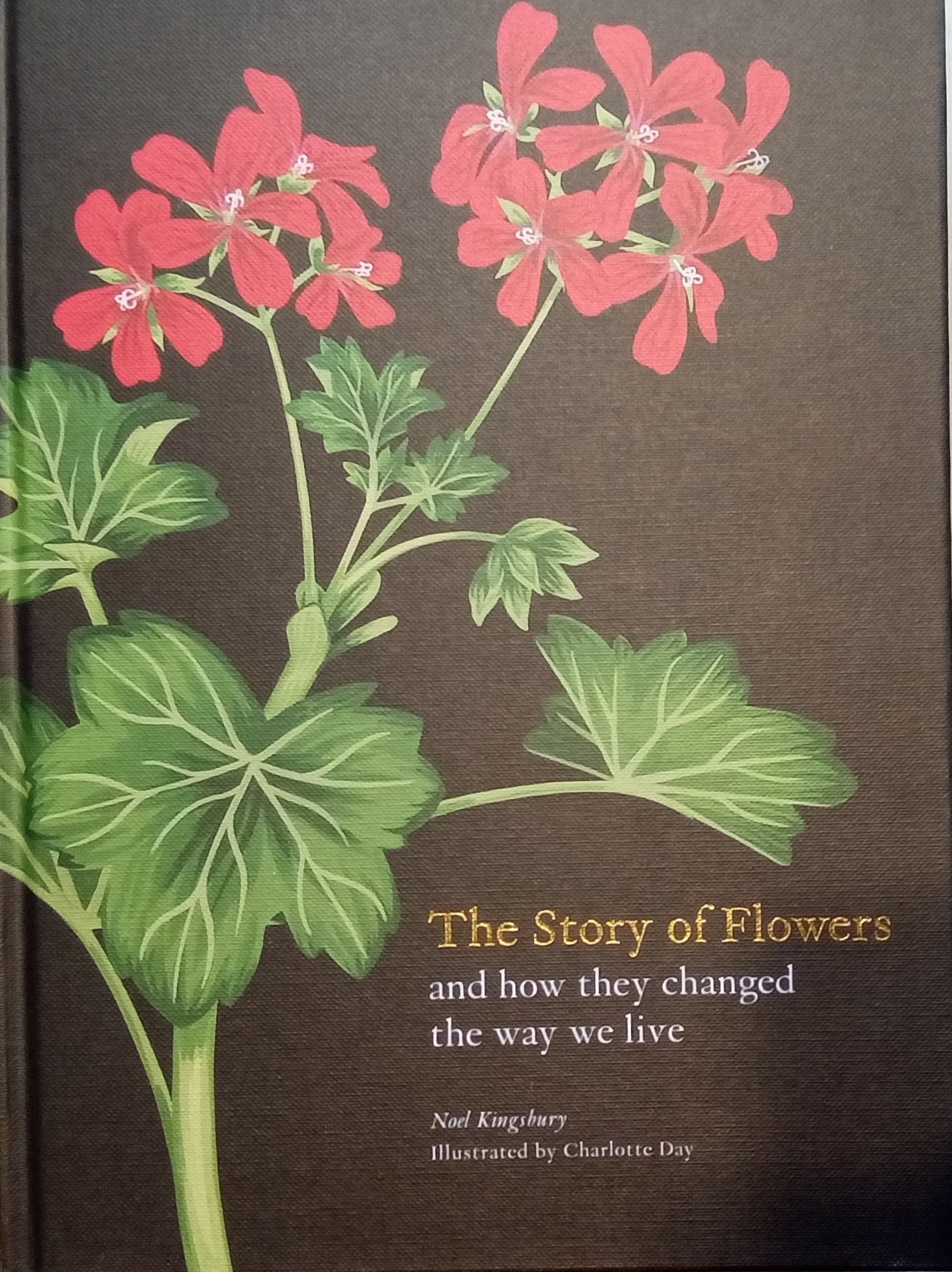 Image 1 of 27
Image 1 of 27

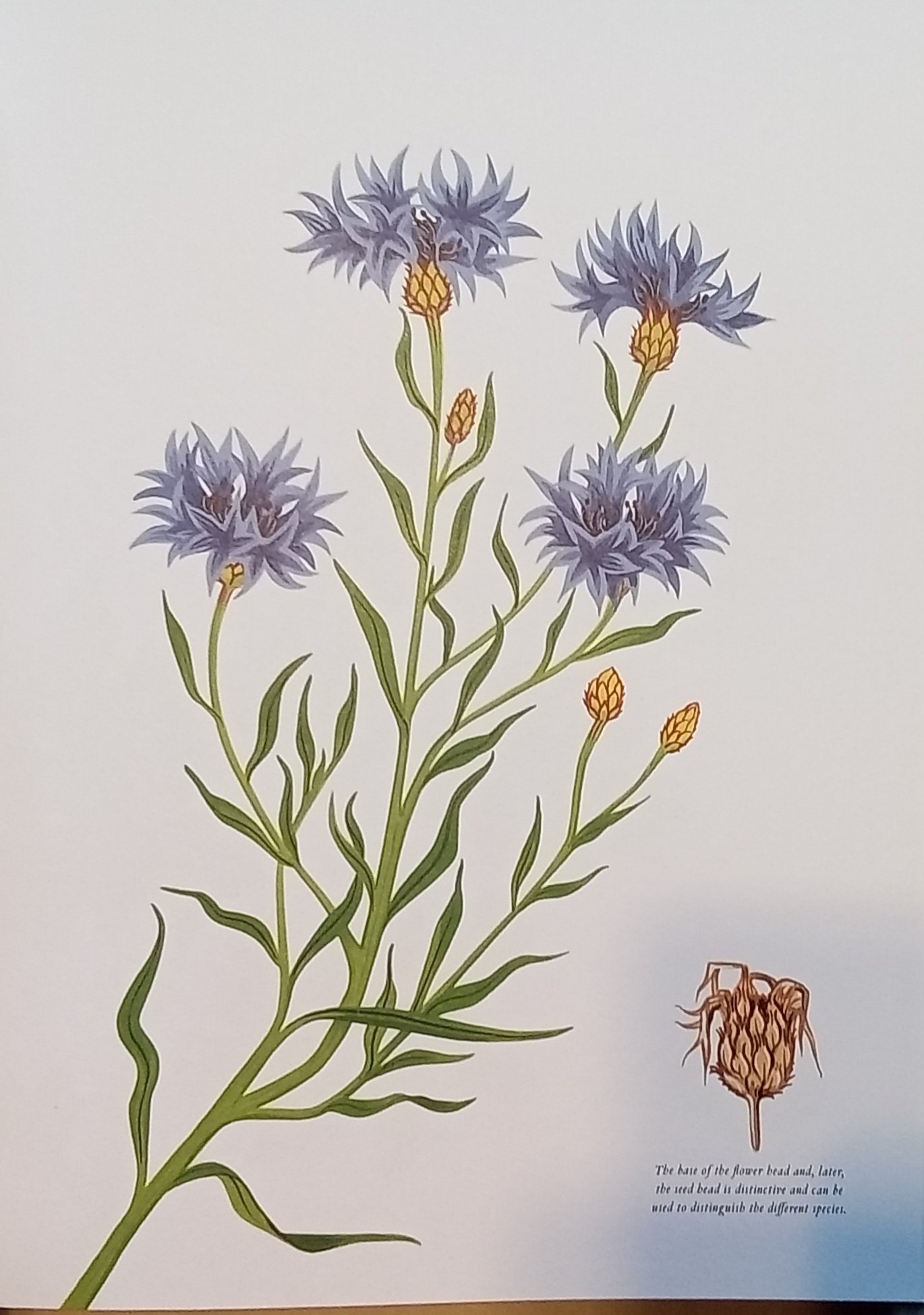 Image 2 of 27
Image 2 of 27

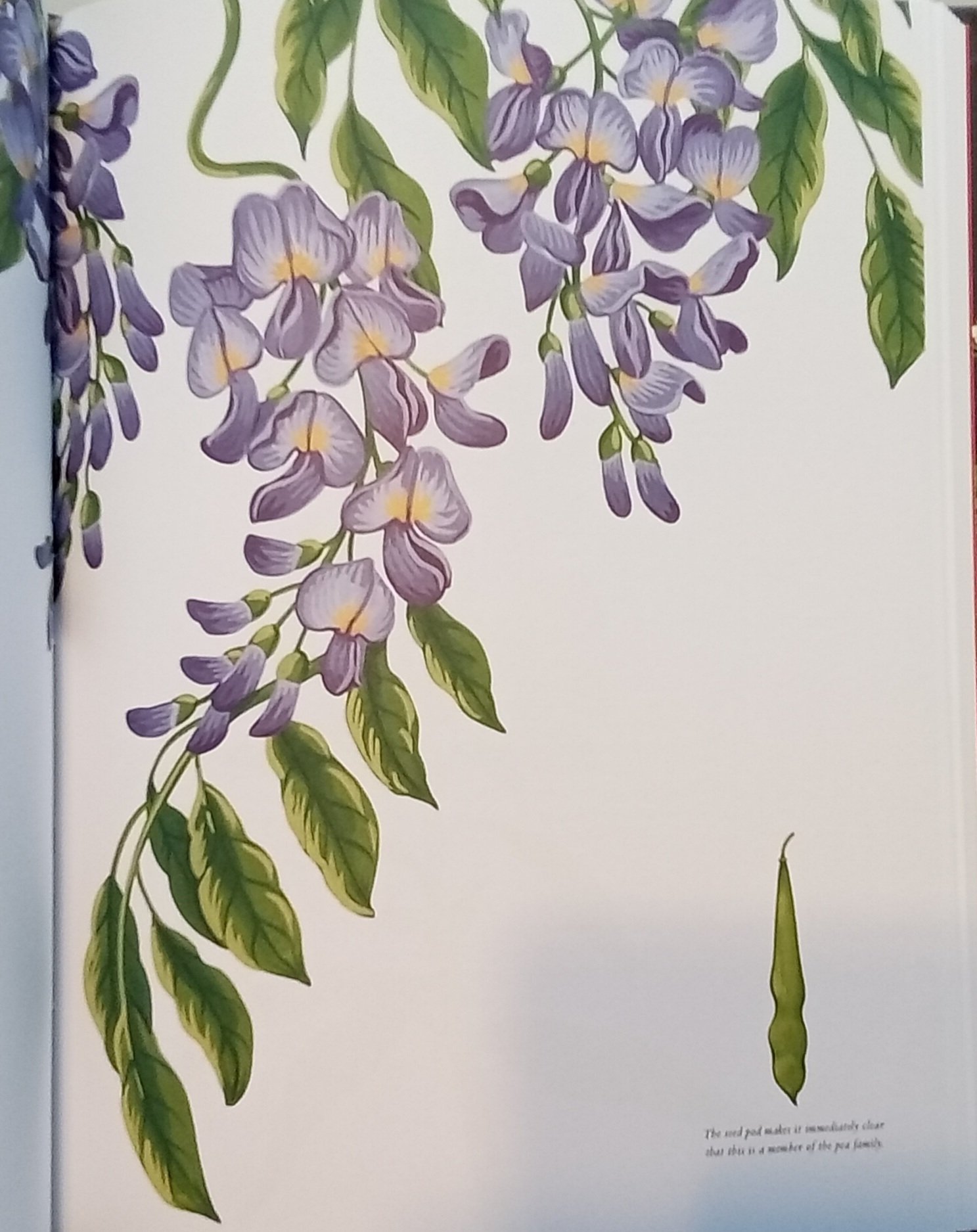 Image 3 of 27
Image 3 of 27

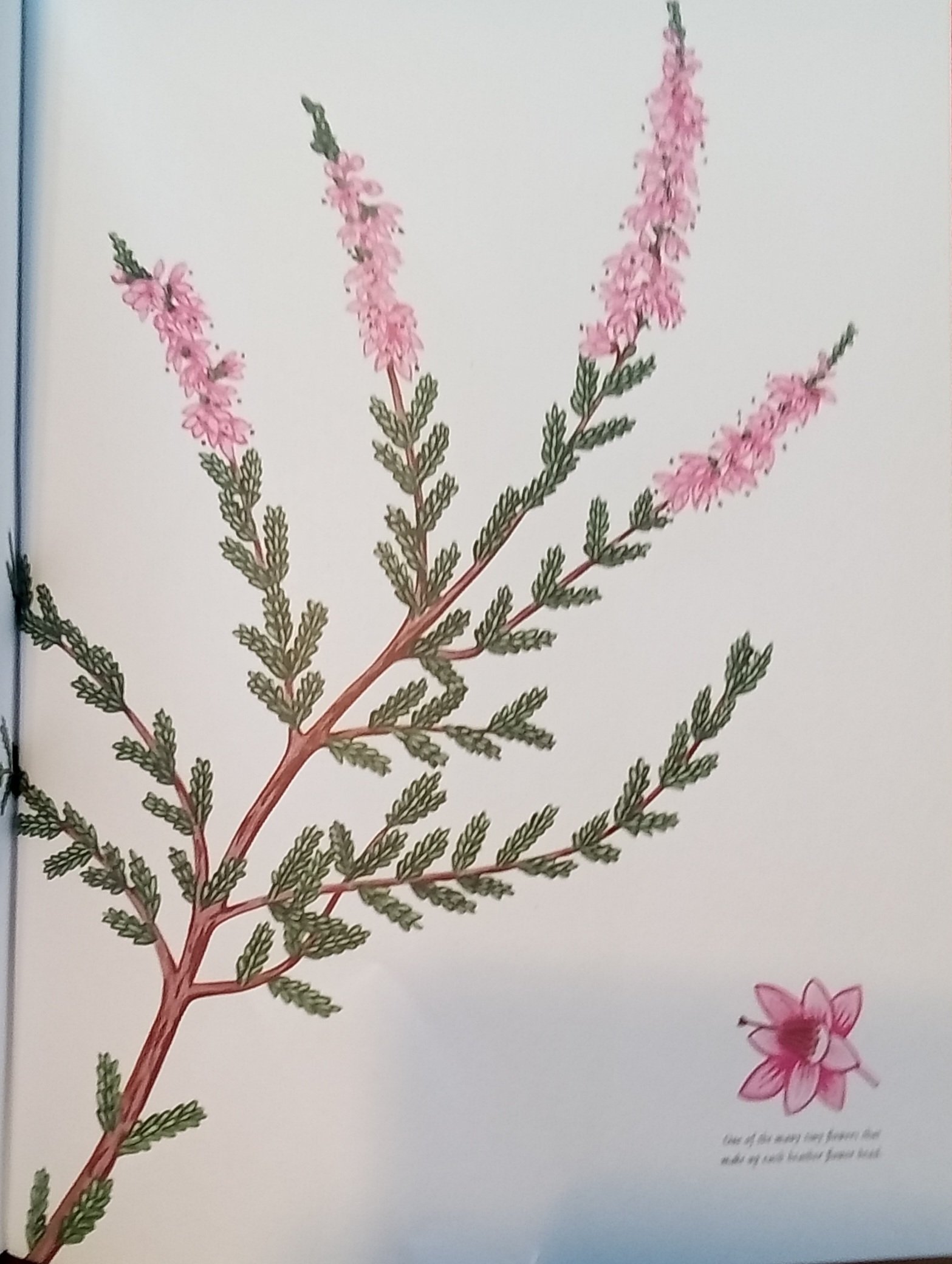 Image 4 of 27
Image 4 of 27

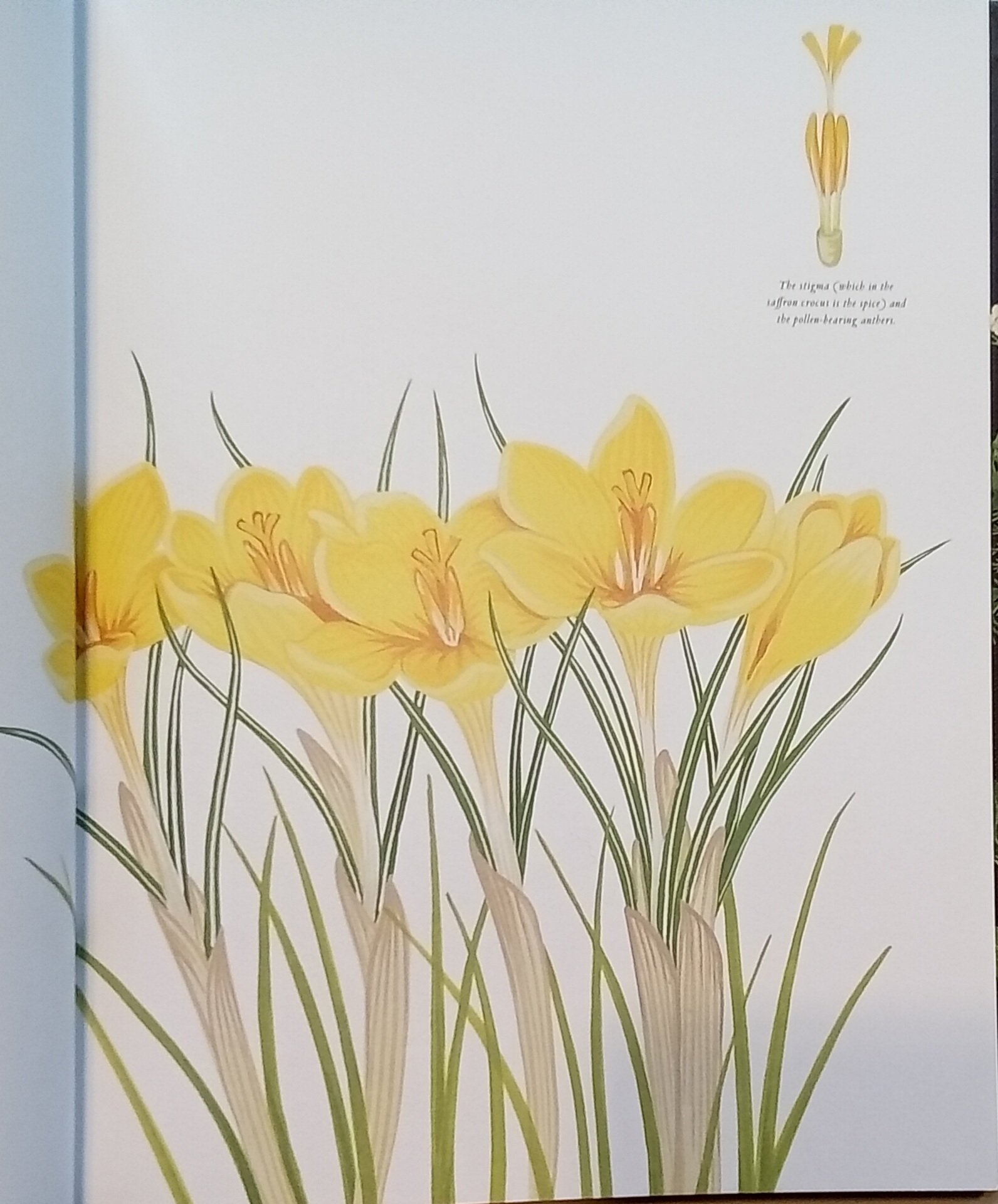 Image 5 of 27
Image 5 of 27

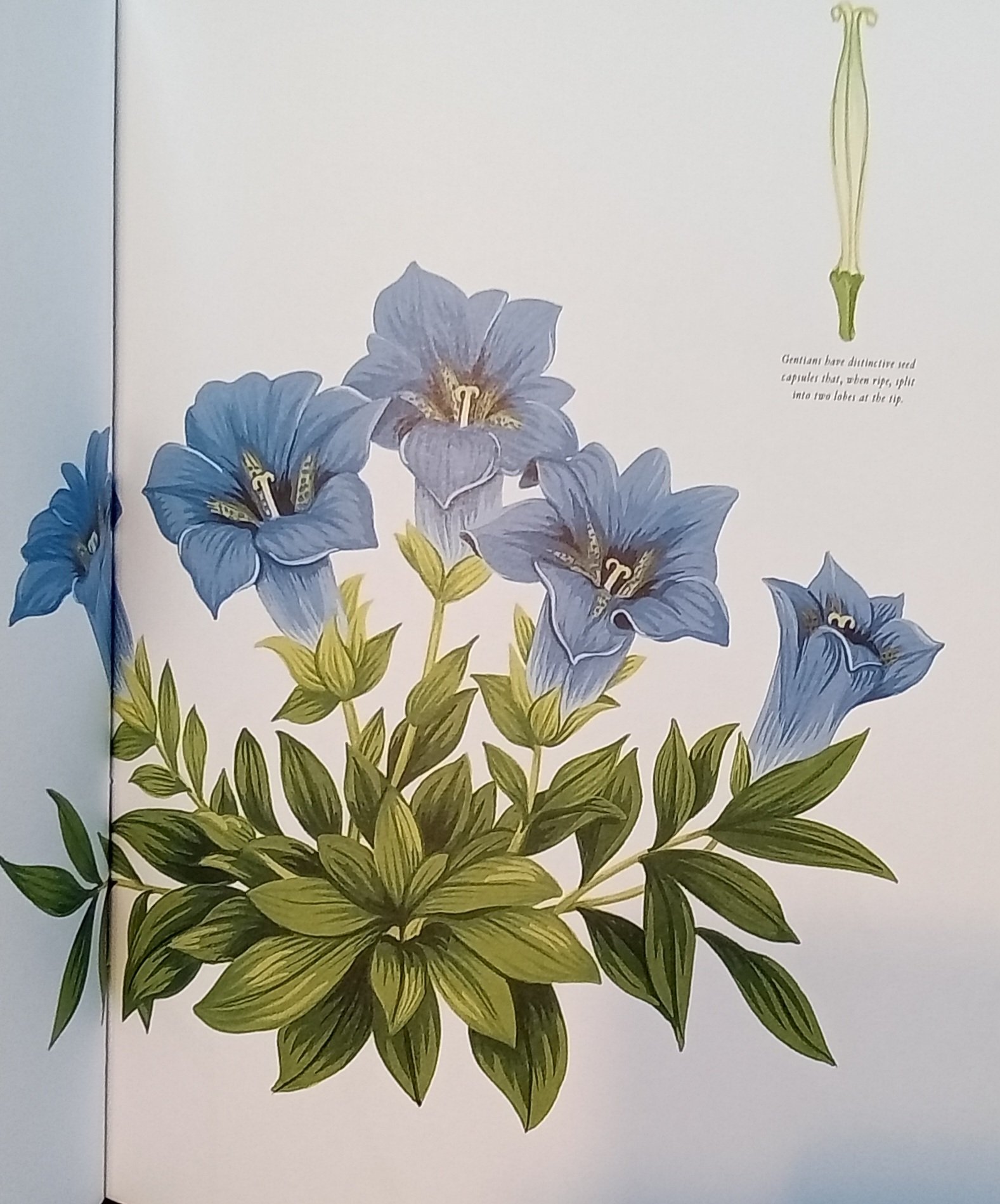 Image 6 of 27
Image 6 of 27

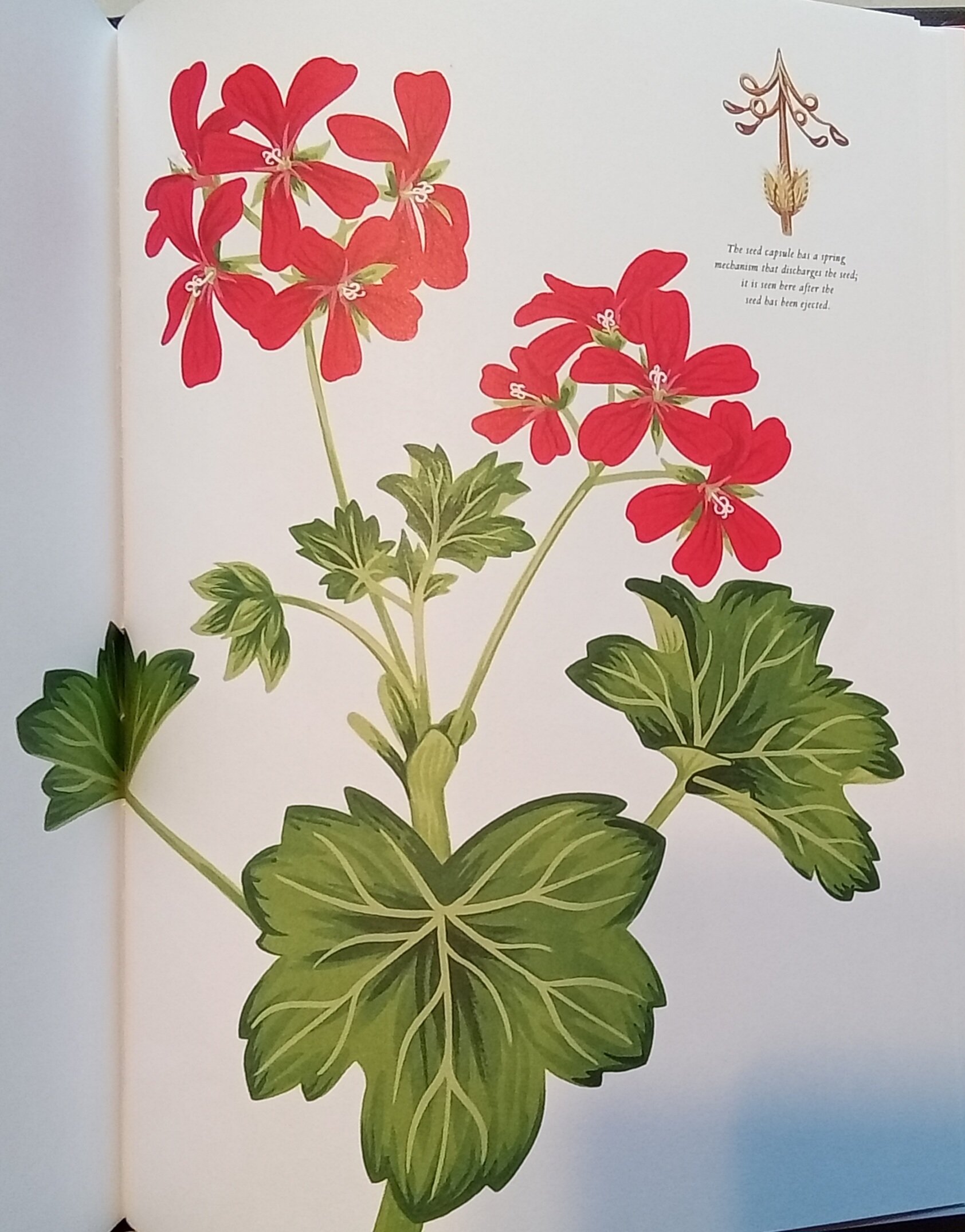 Image 7 of 27
Image 7 of 27

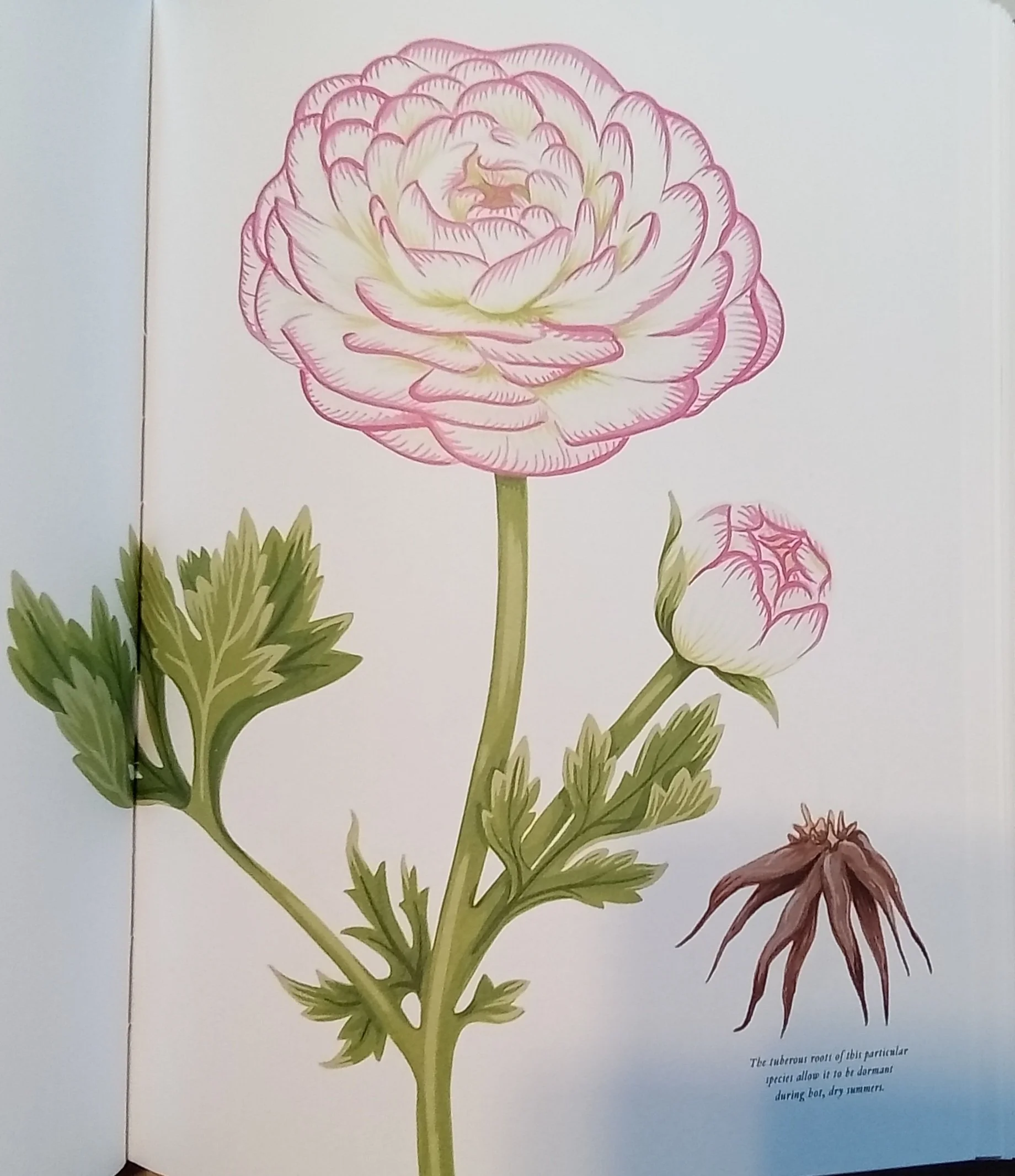 Image 8 of 27
Image 8 of 27

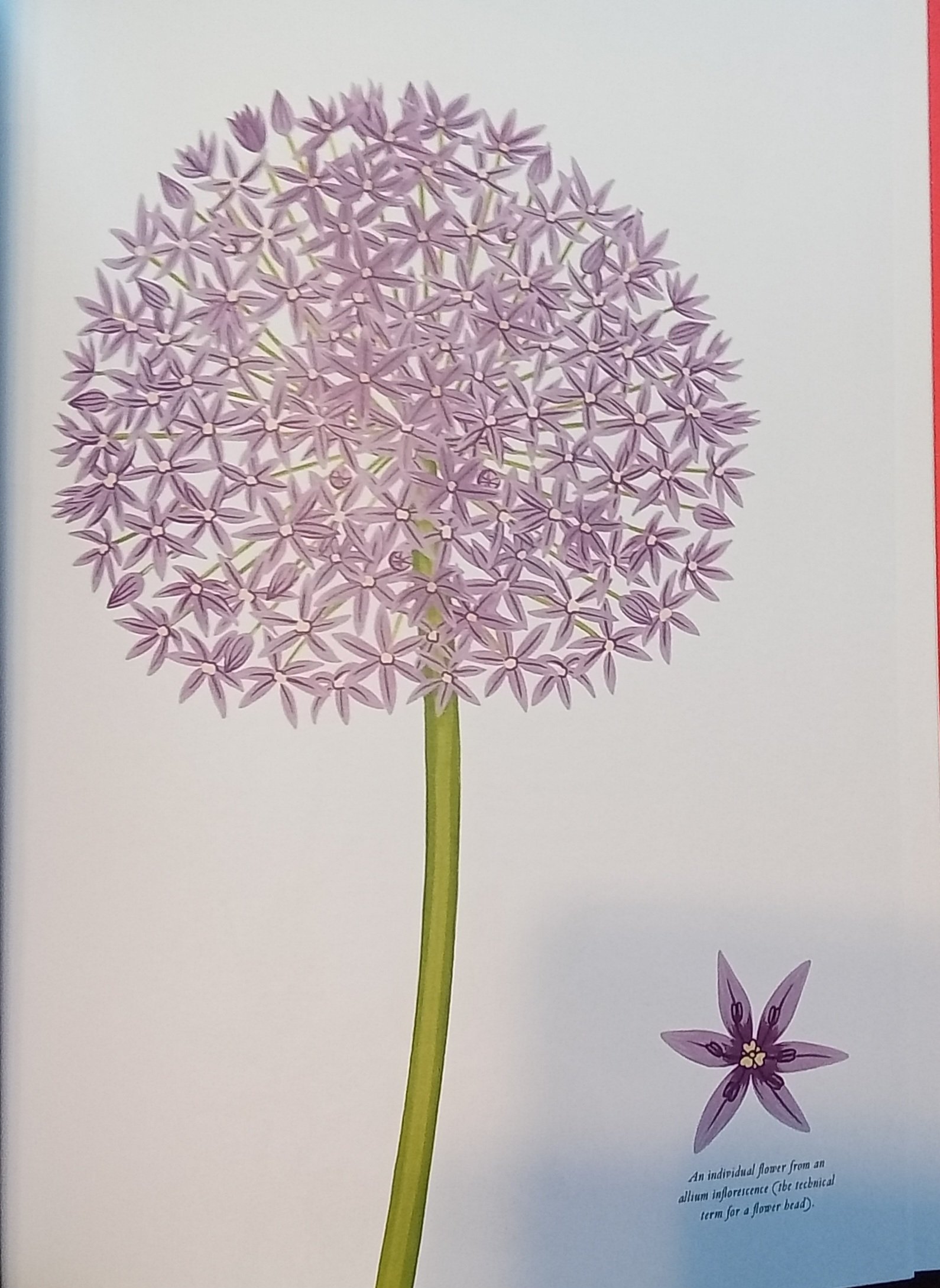 Image 9 of 27
Image 9 of 27

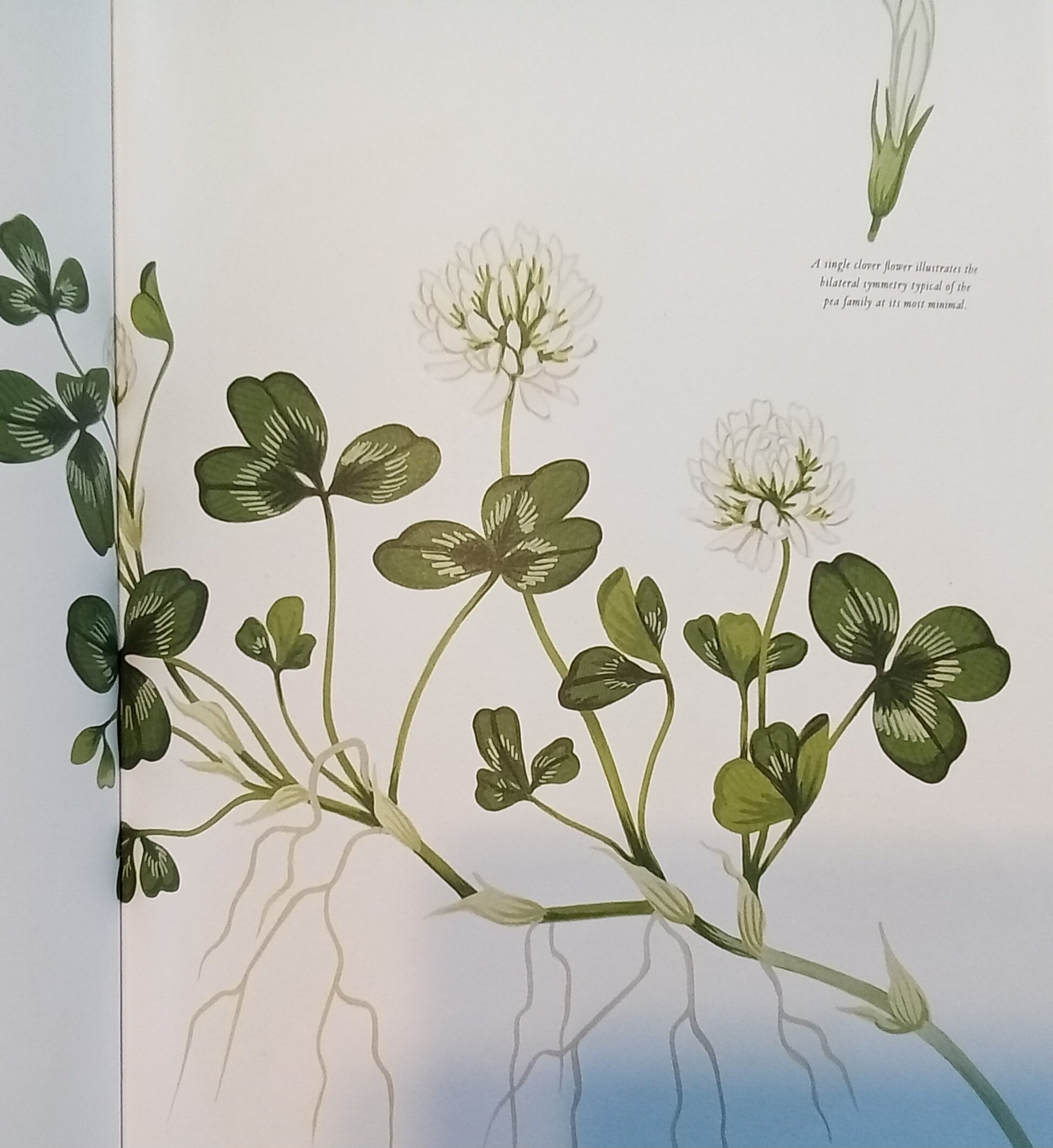 Image 10 of 27
Image 10 of 27

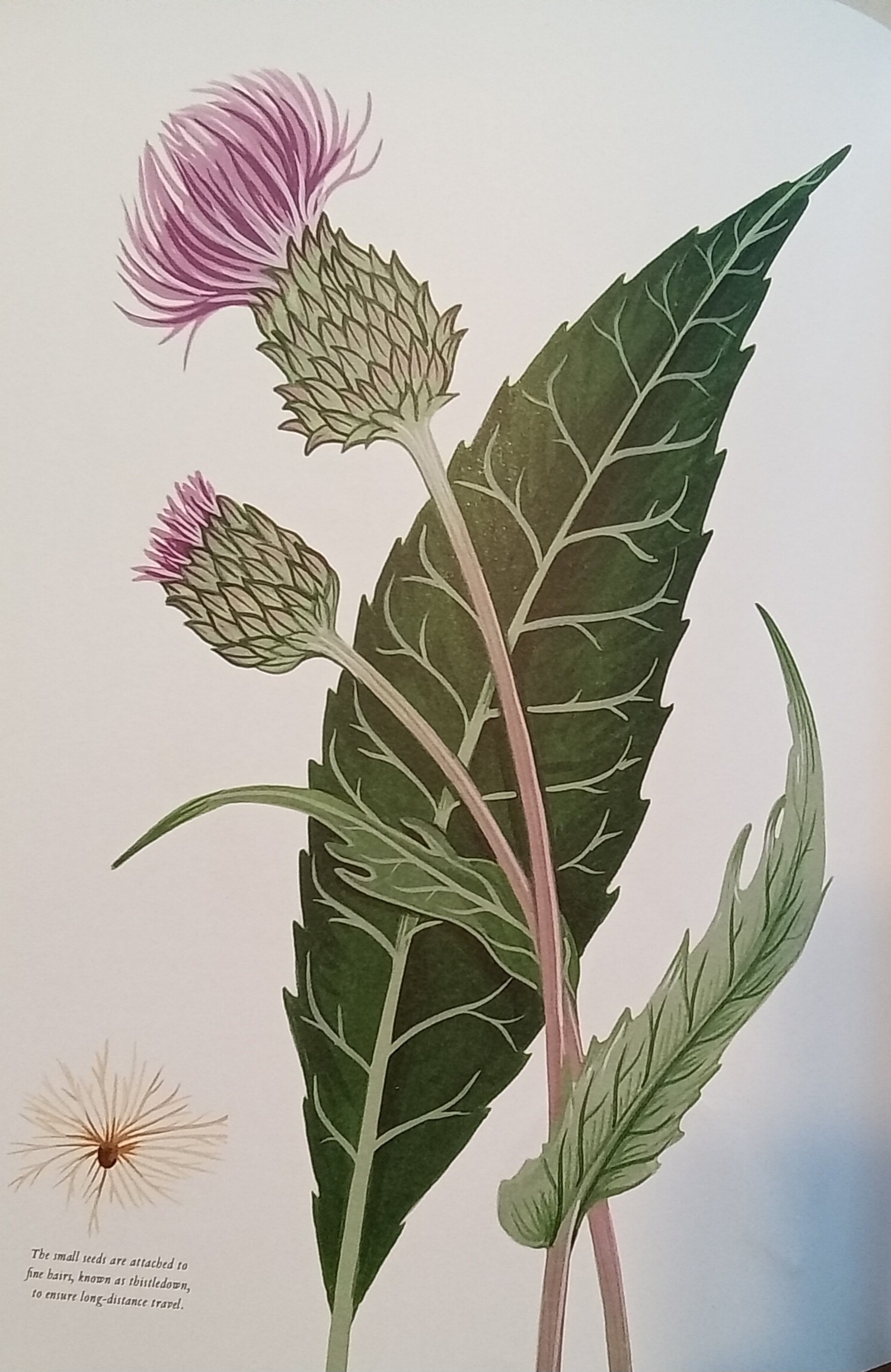 Image 11 of 27
Image 11 of 27

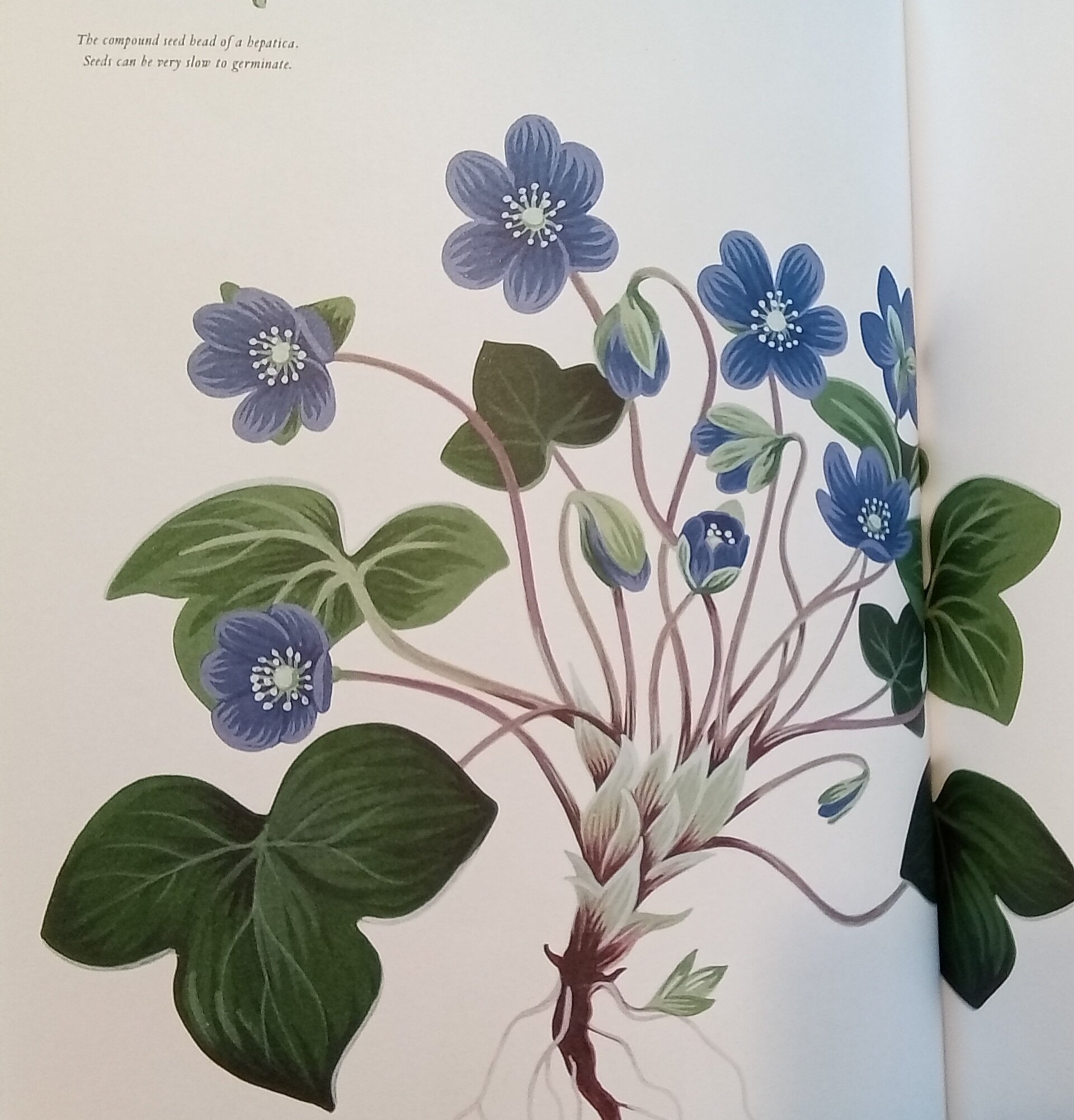 Image 12 of 27
Image 12 of 27

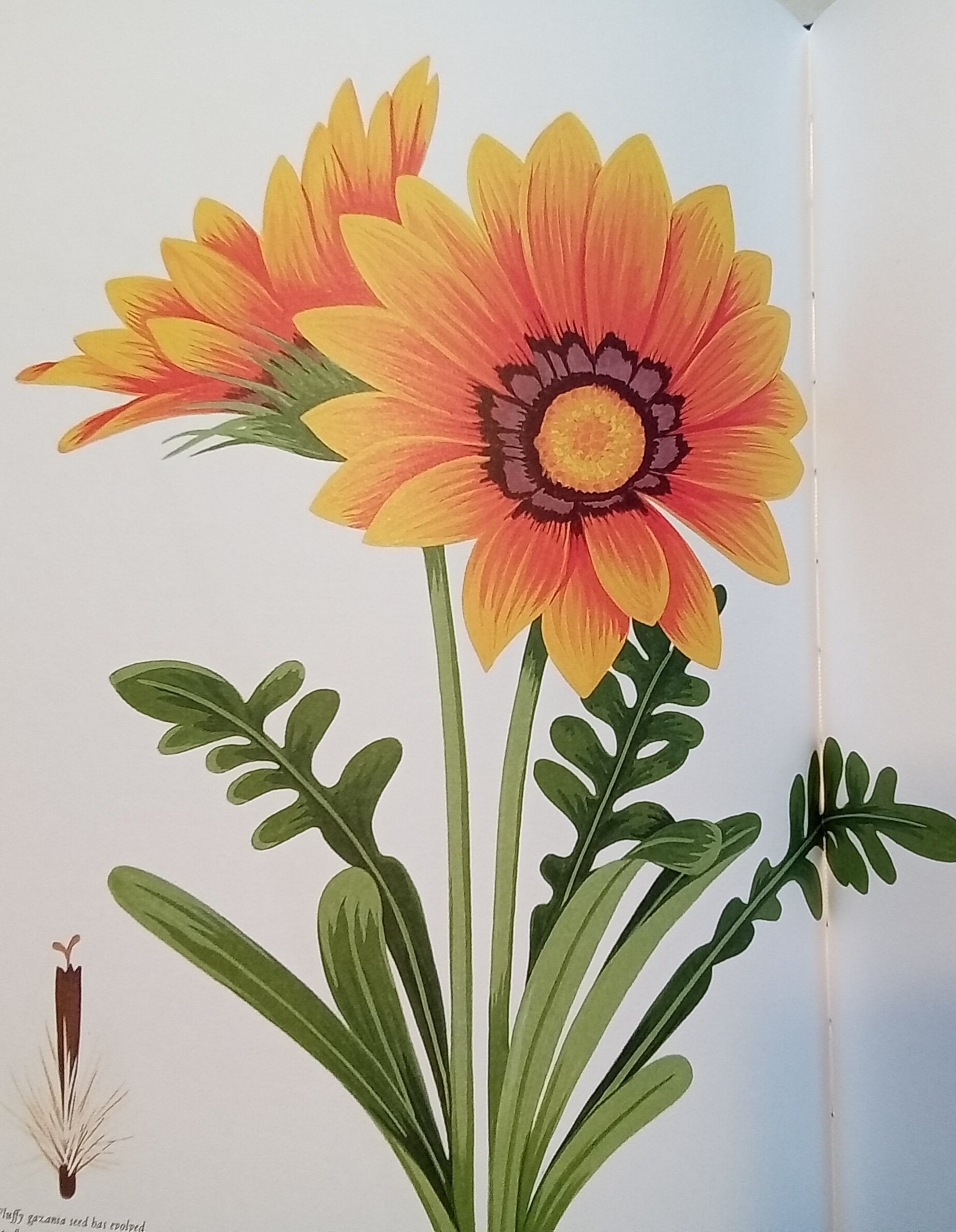 Image 13 of 27
Image 13 of 27

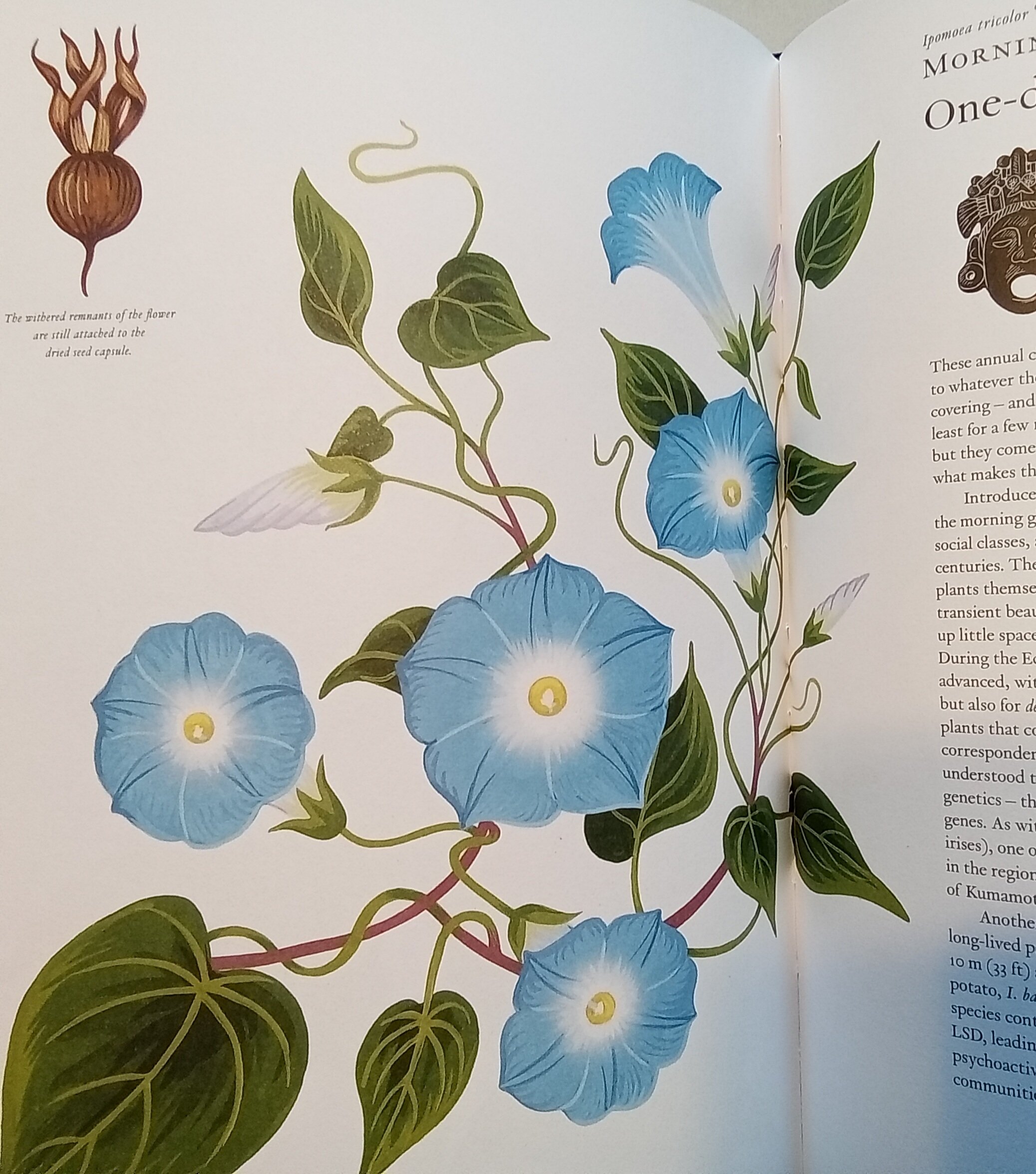 Image 14 of 27
Image 14 of 27

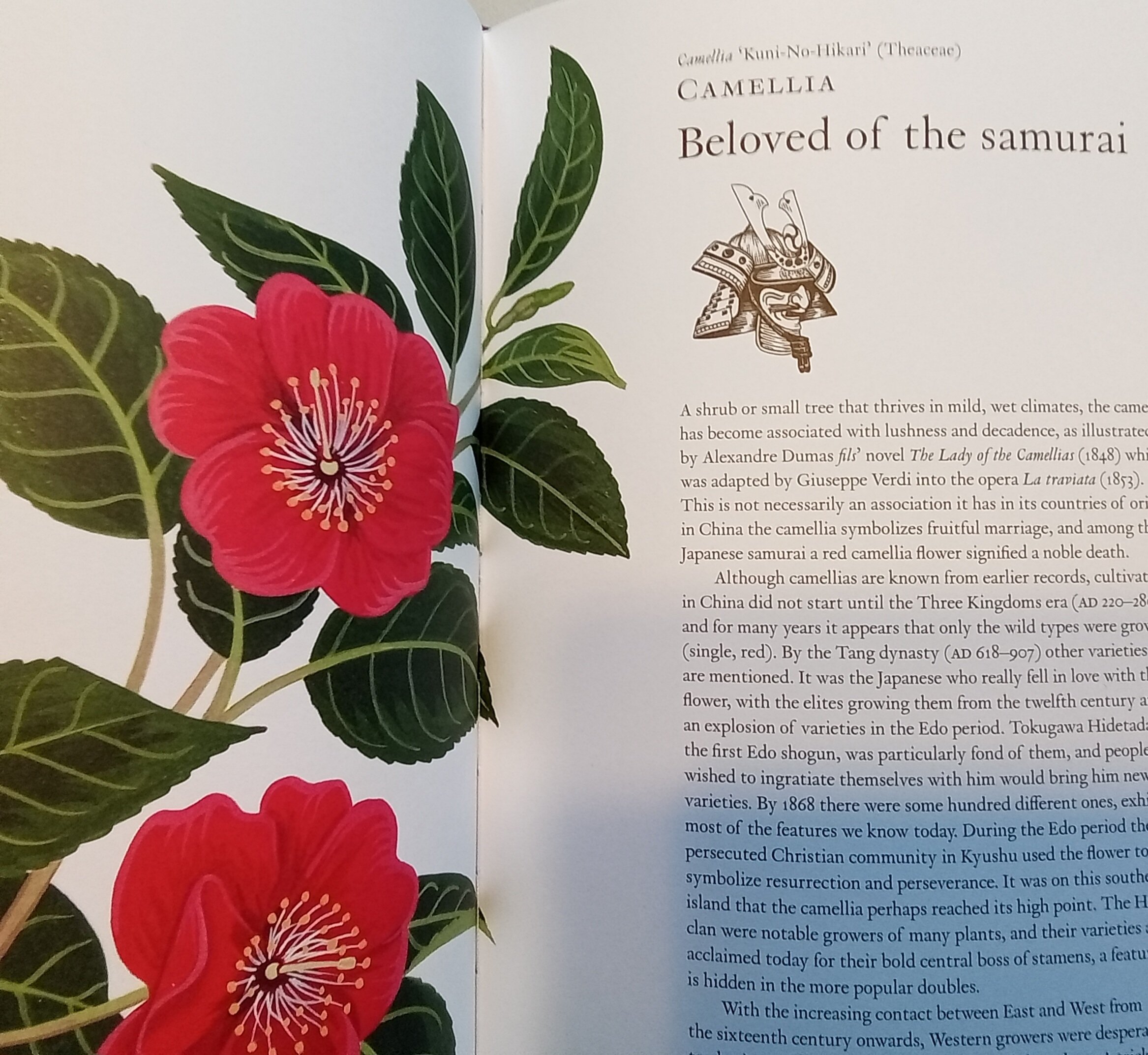 Image 15 of 27
Image 15 of 27

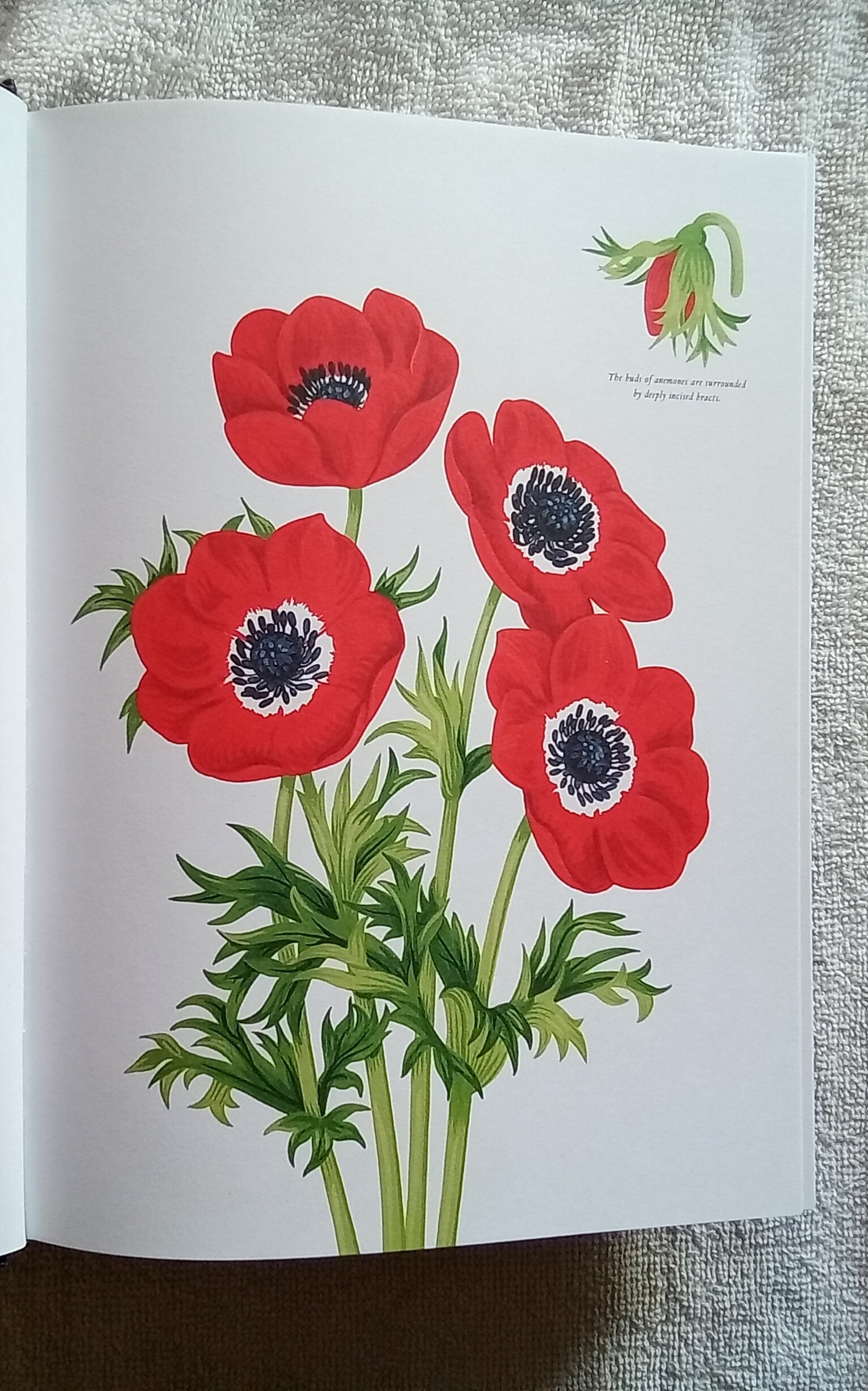 Image 16 of 27
Image 16 of 27

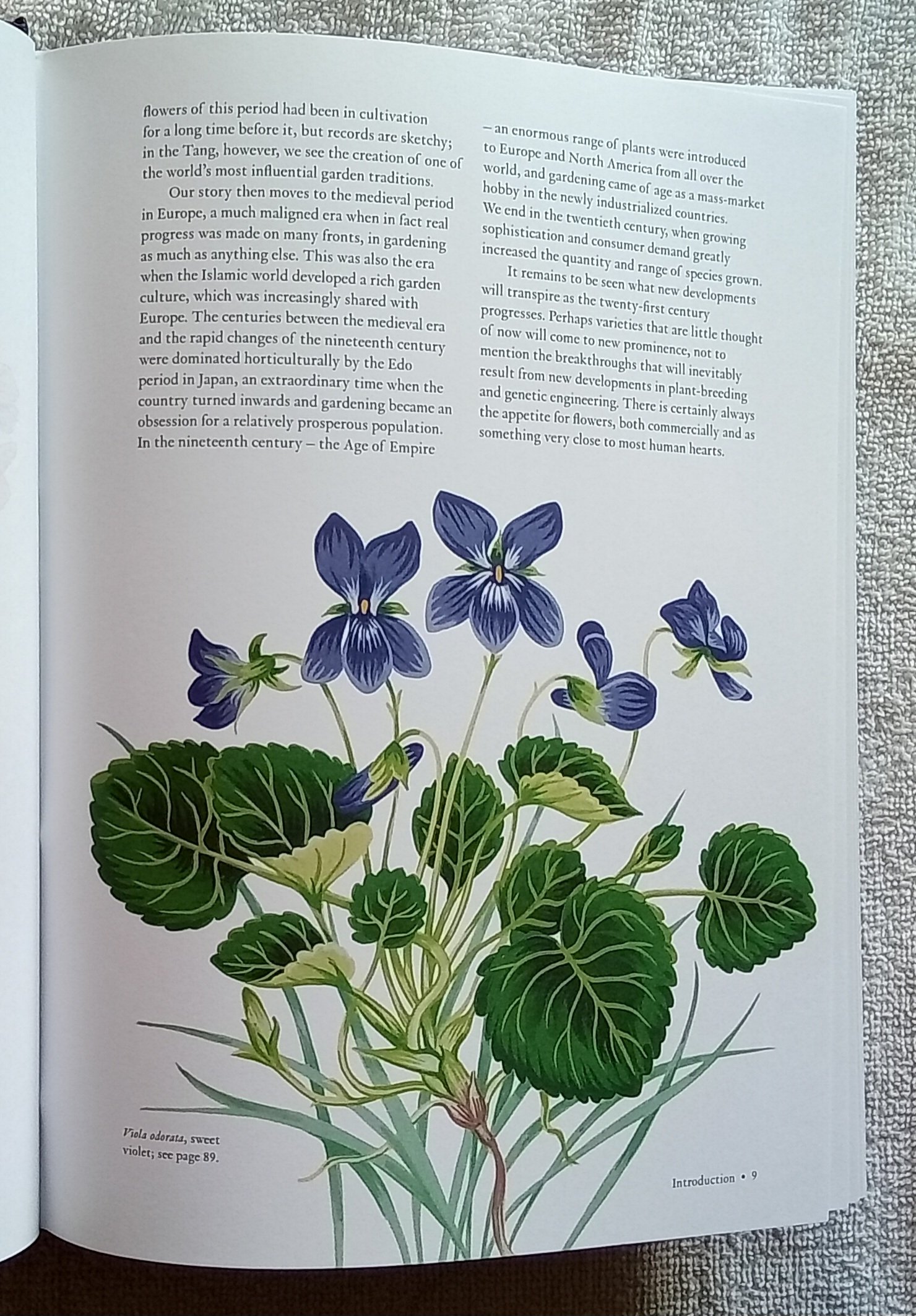 Image 17 of 27
Image 17 of 27

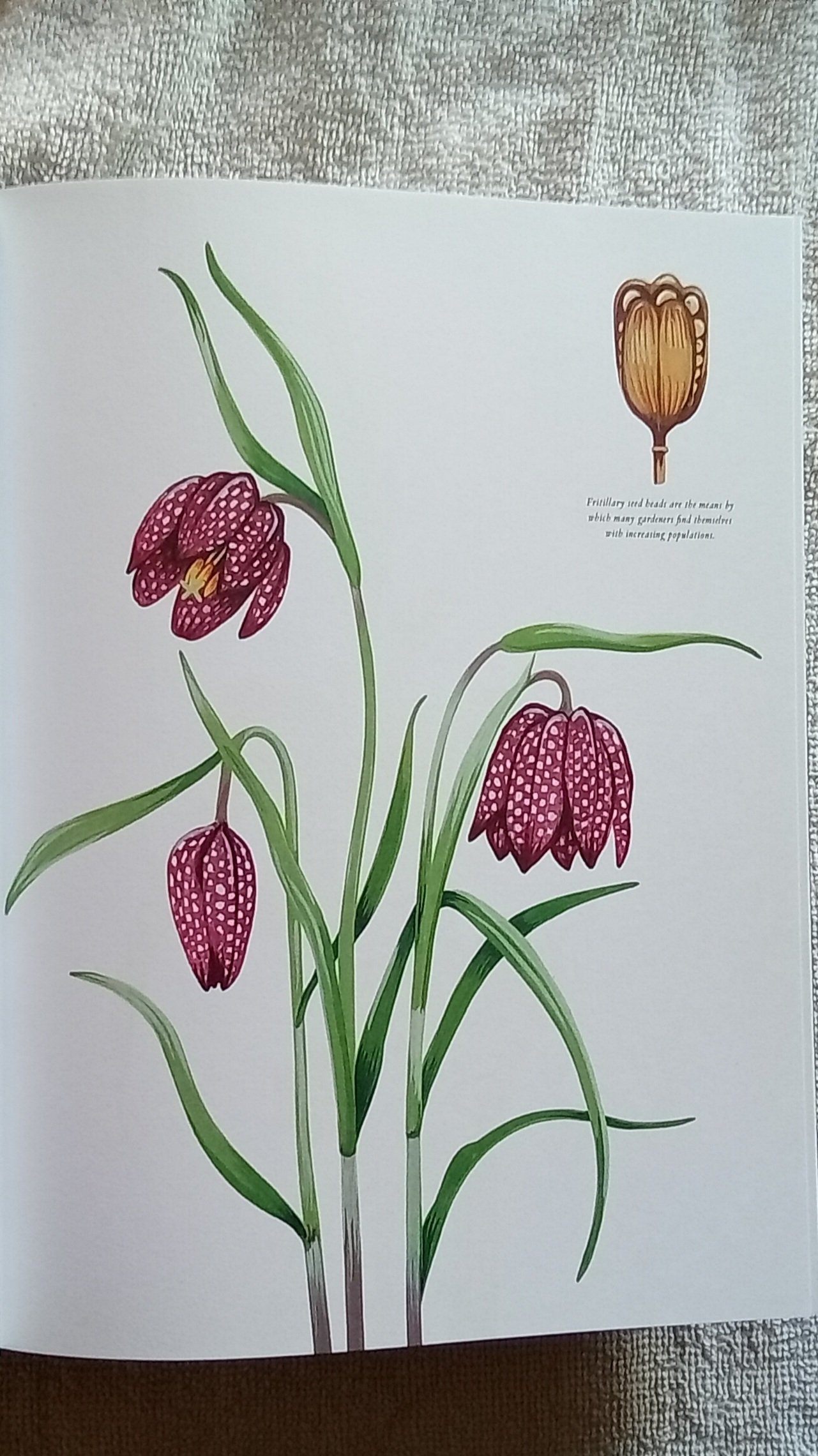 Image 18 of 27
Image 18 of 27

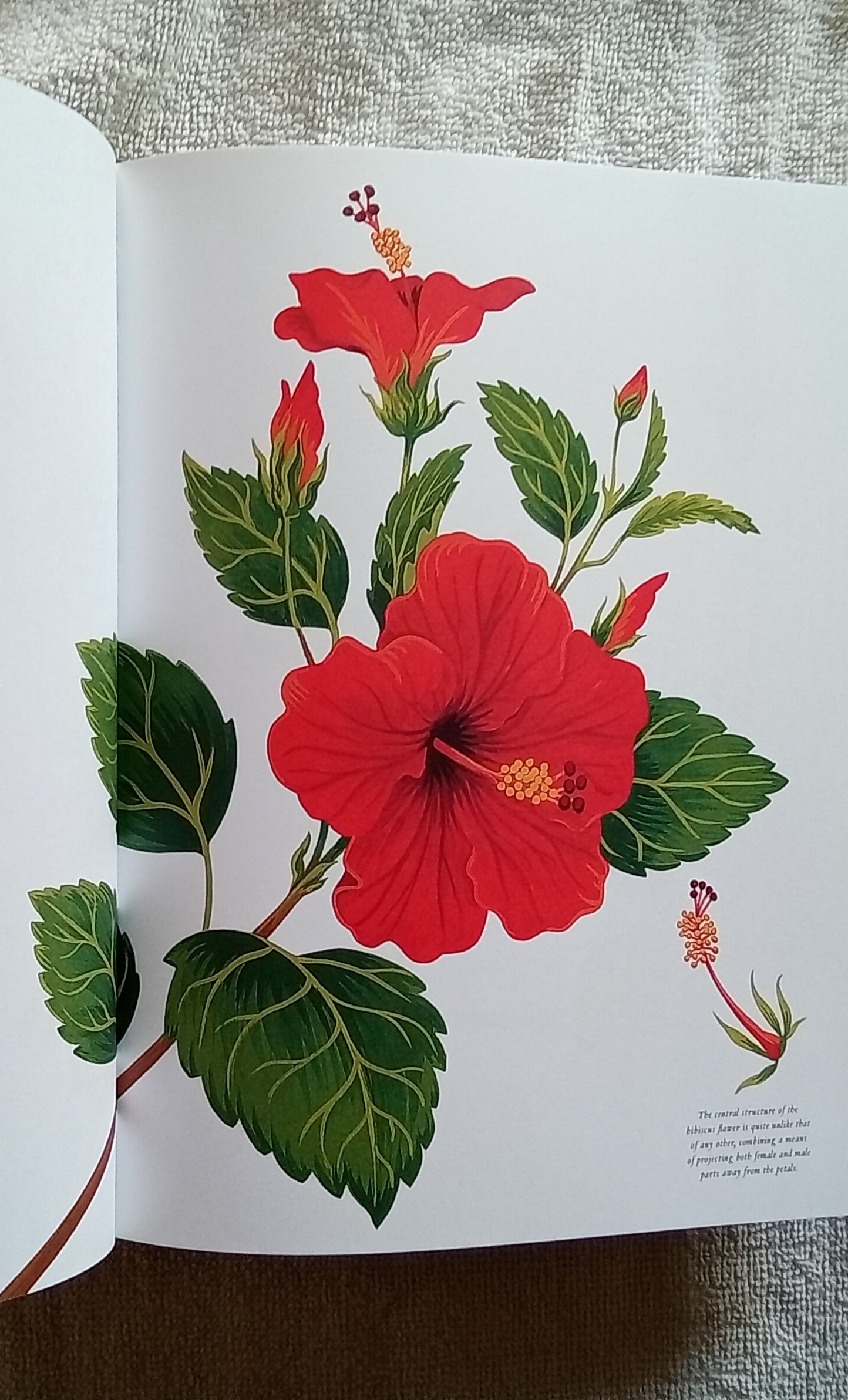 Image 19 of 27
Image 19 of 27

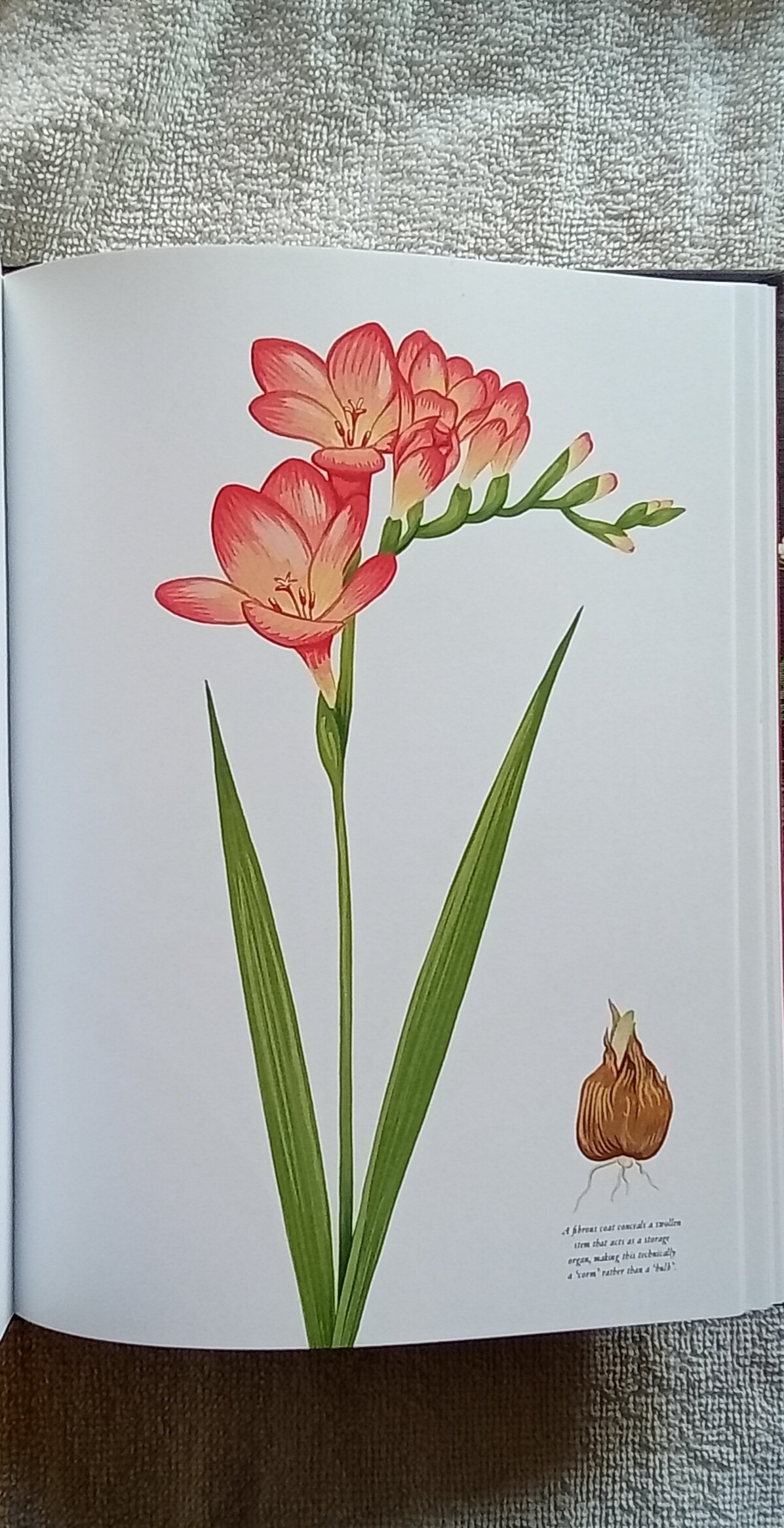 Image 20 of 27
Image 20 of 27

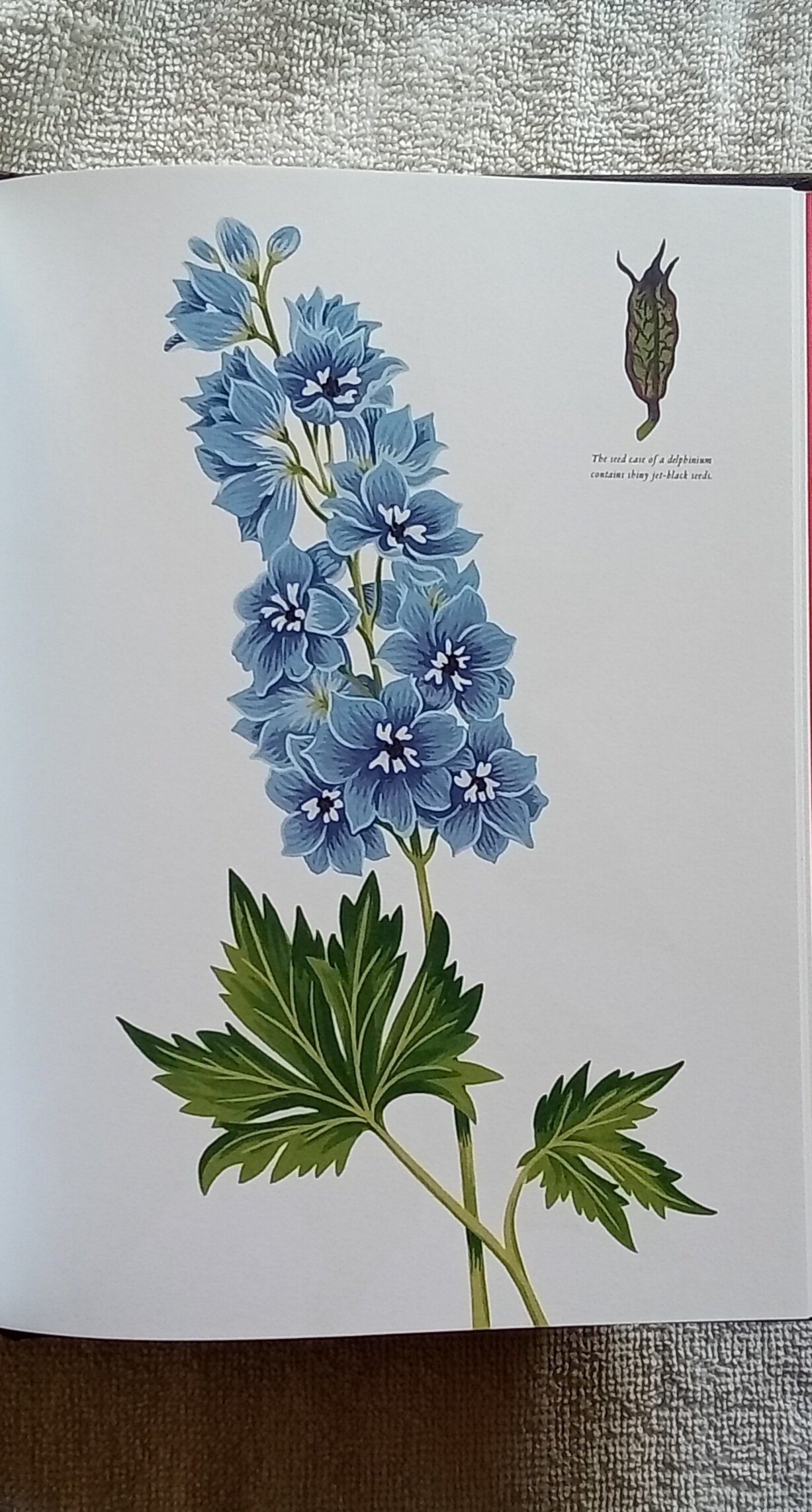 Image 21 of 27
Image 21 of 27

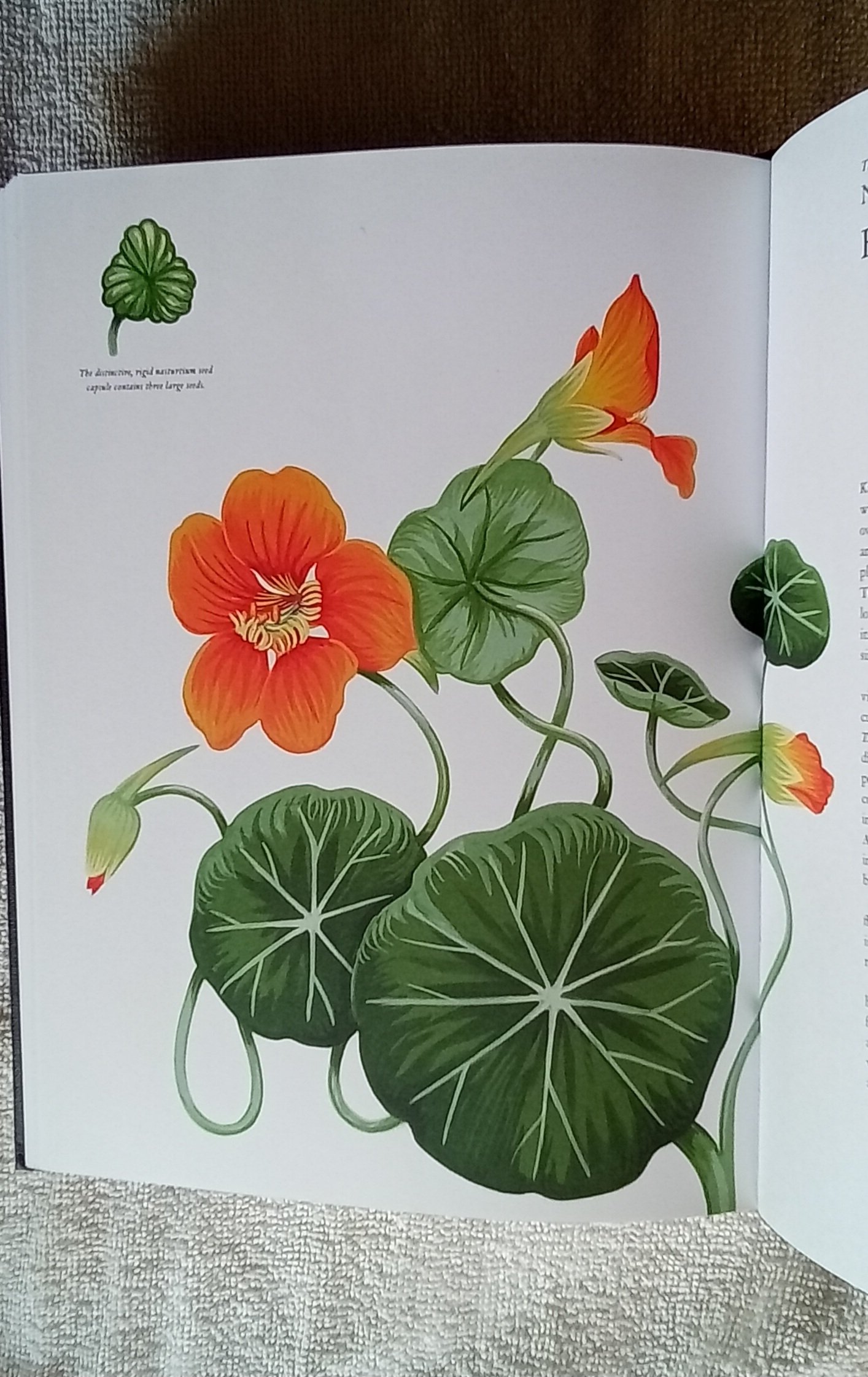 Image 22 of 27
Image 22 of 27

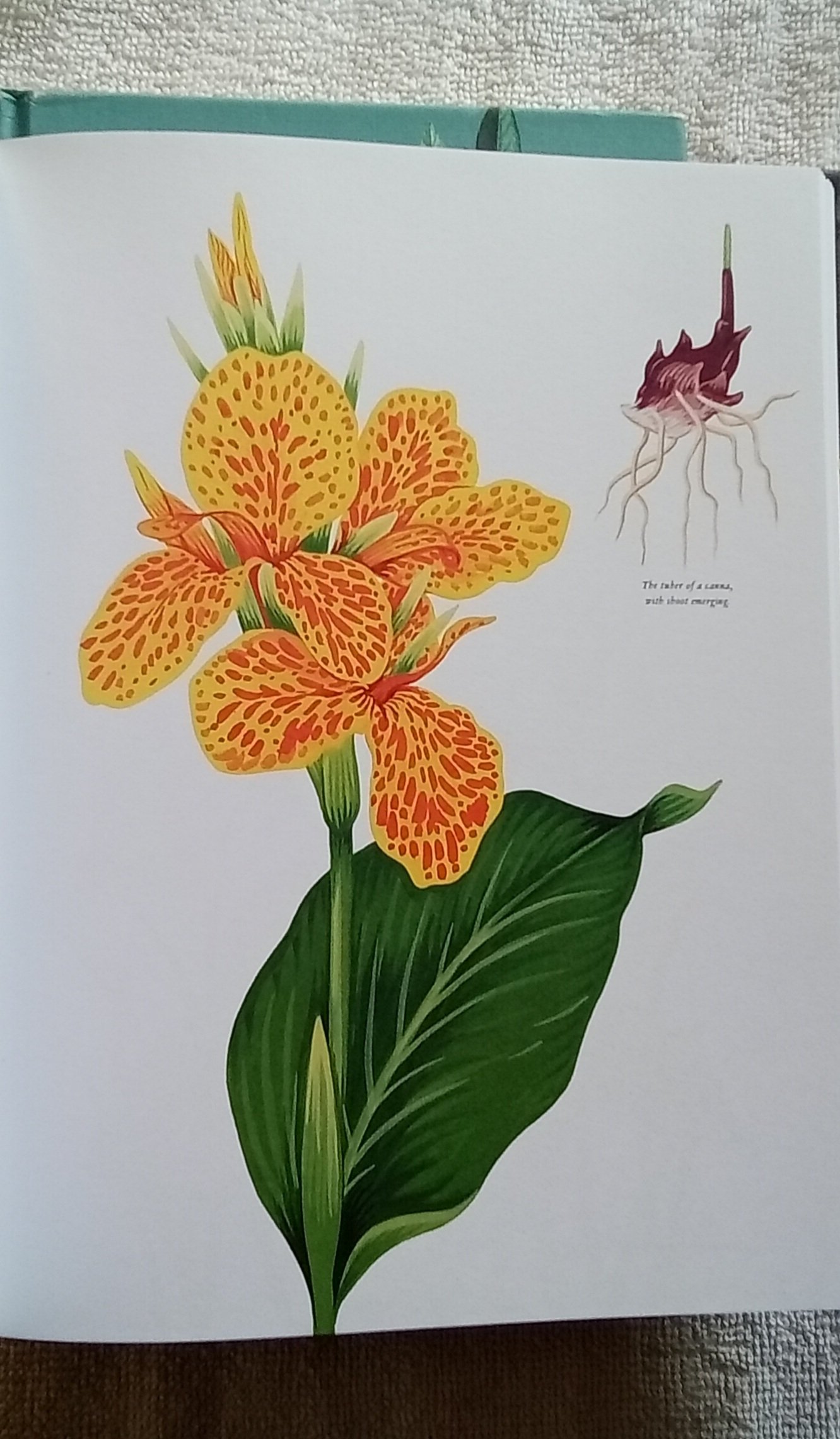 Image 23 of 27
Image 23 of 27

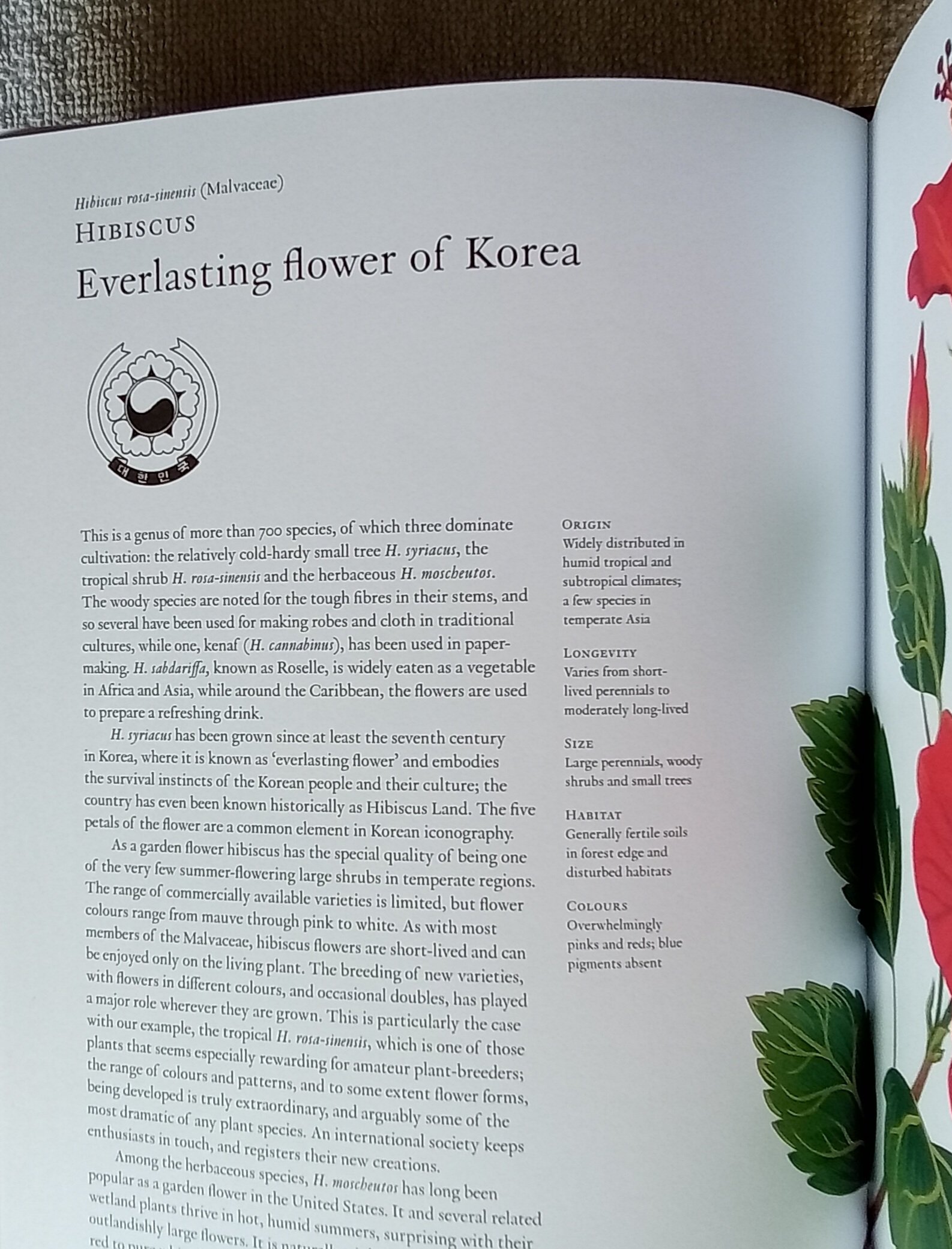 Image 24 of 27
Image 24 of 27

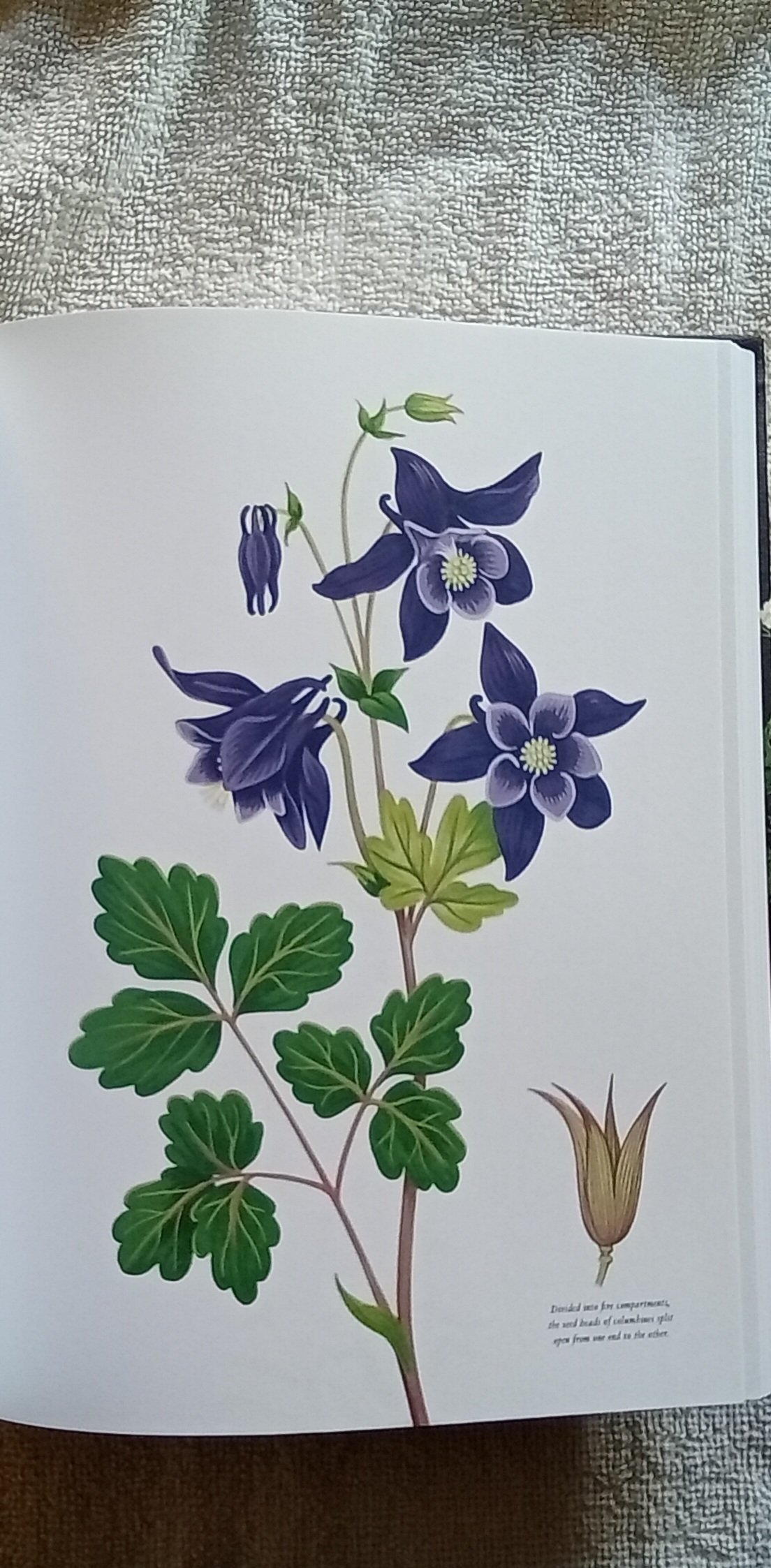 Image 25 of 27
Image 25 of 27

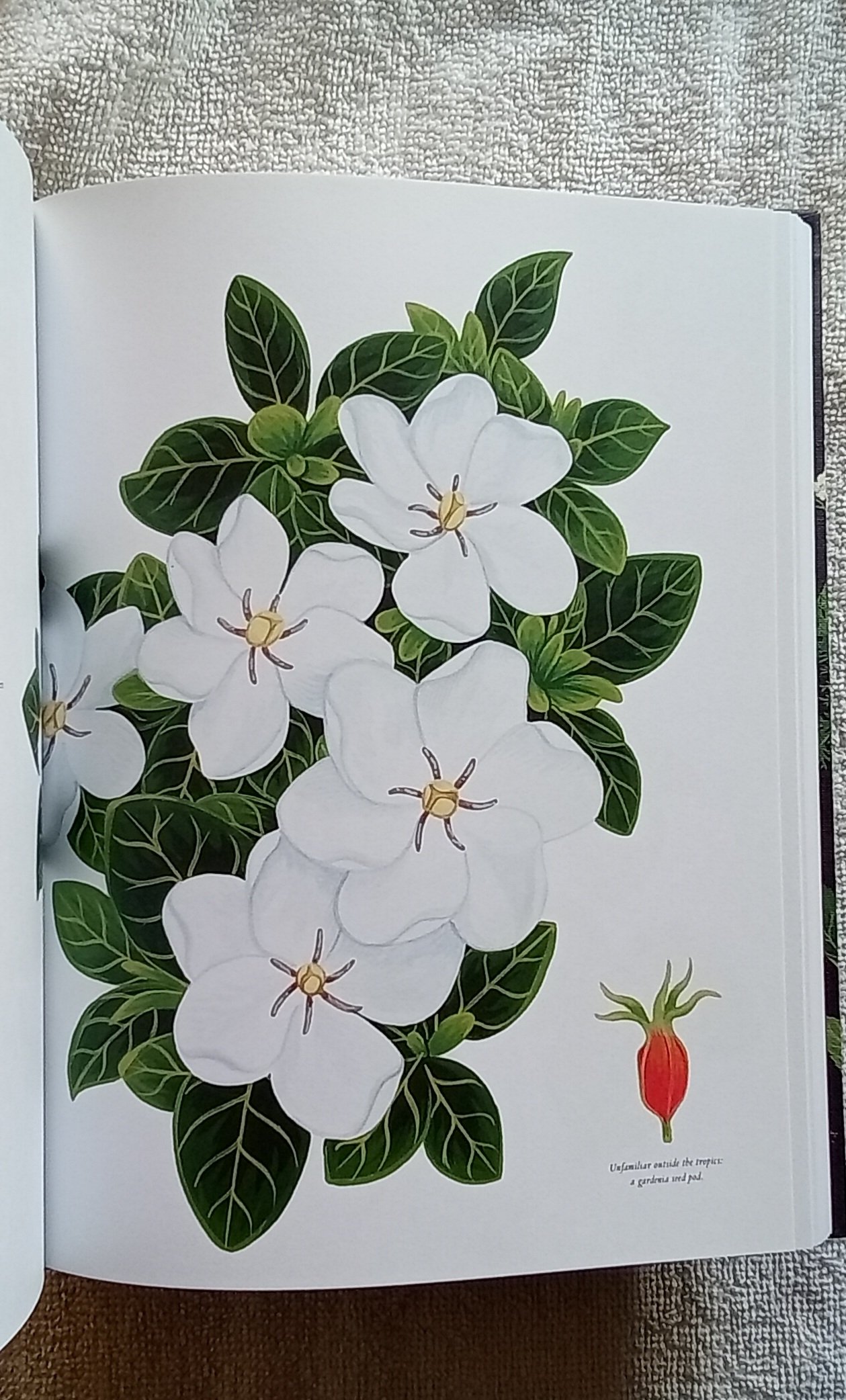 Image 26 of 27
Image 26 of 27

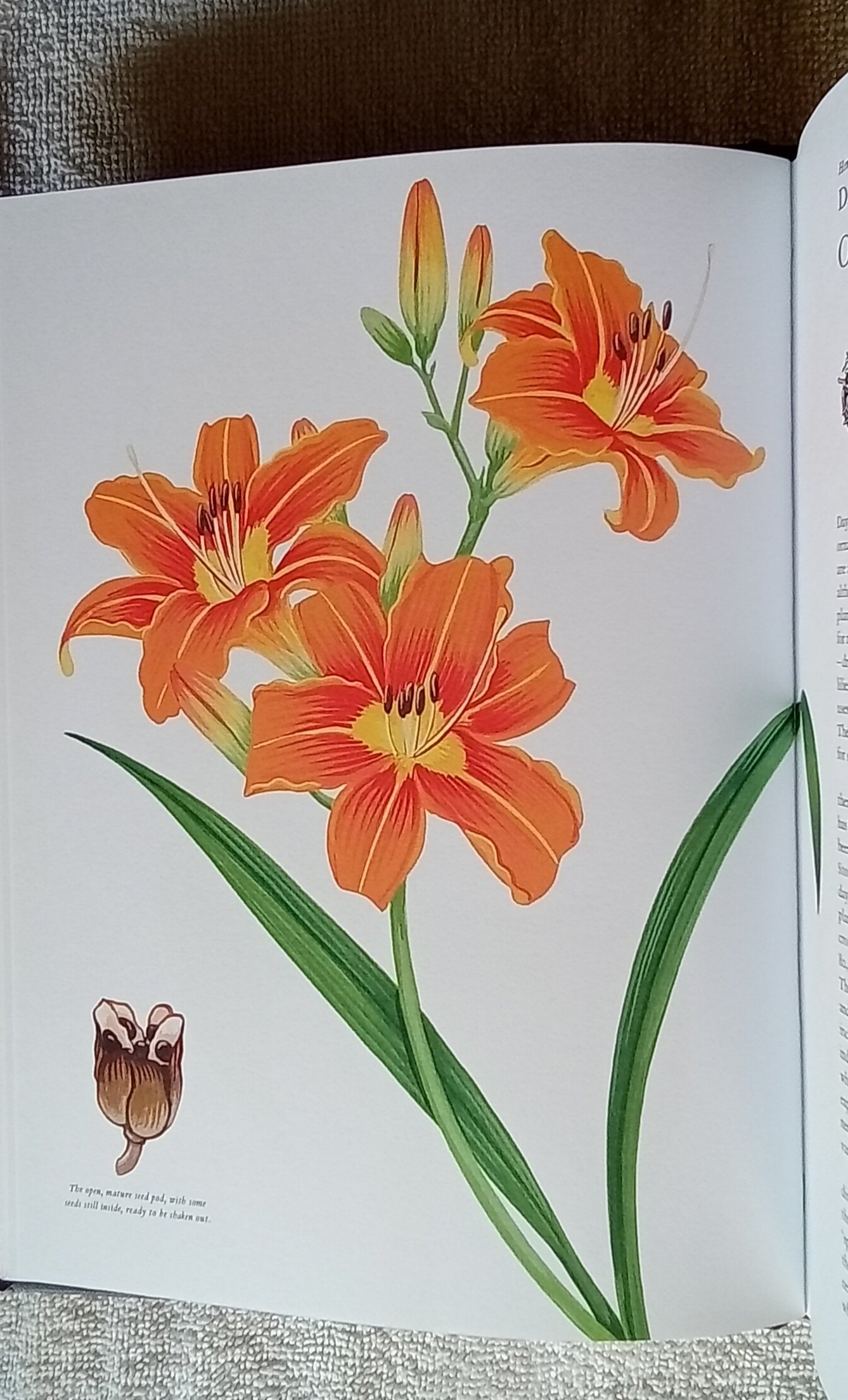 Image 27 of 27
Image 27 of 27




























The Story of Flowers: And How They Changed the Way We Live
The Story of Flowers: And How They Changed the Way We Live
216 pgs, 8x11” $30
Throughout history flowers have been an integral part of human survival and culture – as food, for medicine, to express feelings, as symbols, to commemorate and celebrate, and to decorate. Their shapes, colors, scents and textures have always attracted us, as they do animals and insects.
Flowers are used as luxury spices (saffron), and as coloring and flavoring agents – marigolds fed to chickens make eggs more yellow and lavender was Elizabeth I's favorite flavor of jam. Flowers are full of symbolic meaning: violets represent modesty, daises purity and daffodils unrequited love. And they have always played an important role in culture through myths and legends, literature and the decorative arts. This delightful new book brings together 100 of the world's flowers to tell their remarkable stories.
Each flower is richly illustrated in color and accompanied by facts about each species and what role it has played in our culture and history.
The Story of Flowers: And How They Changed the Way We Live
216 pgs, 8x11” $30
Throughout history flowers have been an integral part of human survival and culture – as food, for medicine, to express feelings, as symbols, to commemorate and celebrate, and to decorate. Their shapes, colors, scents and textures have always attracted us, as they do animals and insects.
Flowers are used as luxury spices (saffron), and as coloring and flavoring agents – marigolds fed to chickens make eggs more yellow and lavender was Elizabeth I's favorite flavor of jam. Flowers are full of symbolic meaning: violets represent modesty, daises purity and daffodils unrequited love. And they have always played an important role in culture through myths and legends, literature and the decorative arts. This delightful new book brings together 100 of the world's flowers to tell their remarkable stories.
Each flower is richly illustrated in color and accompanied by facts about each species and what role it has played in our culture and history.


